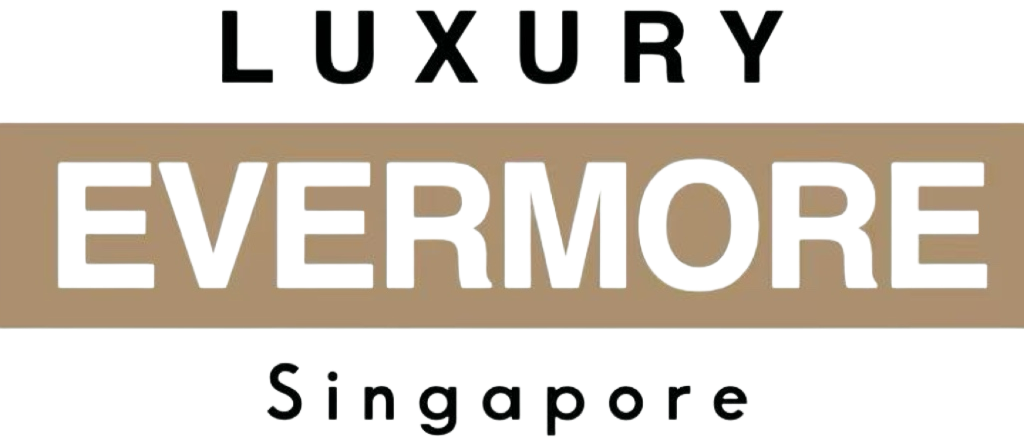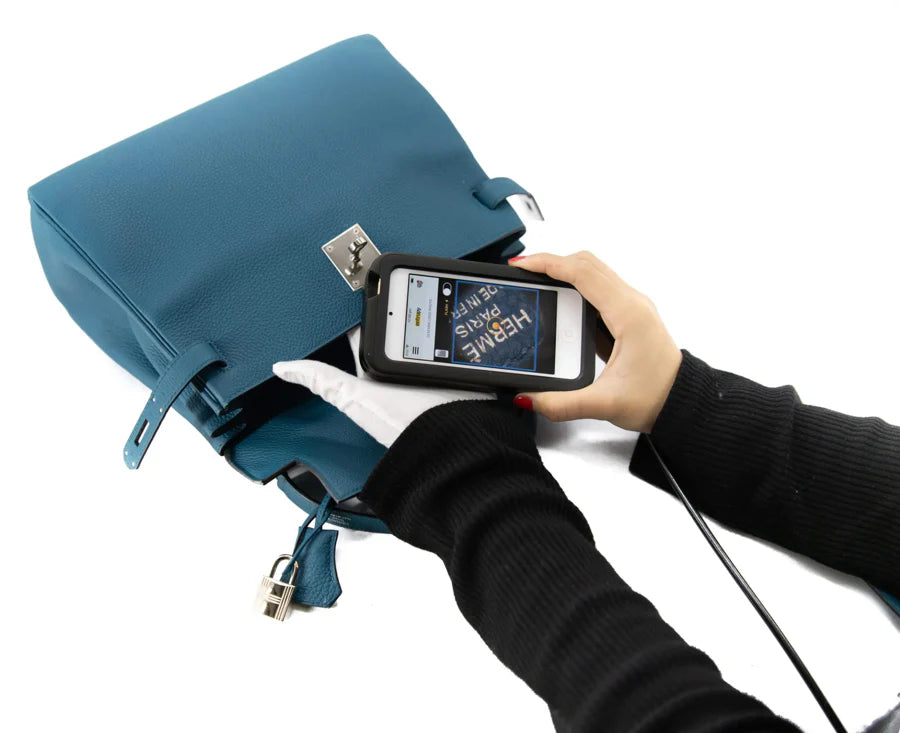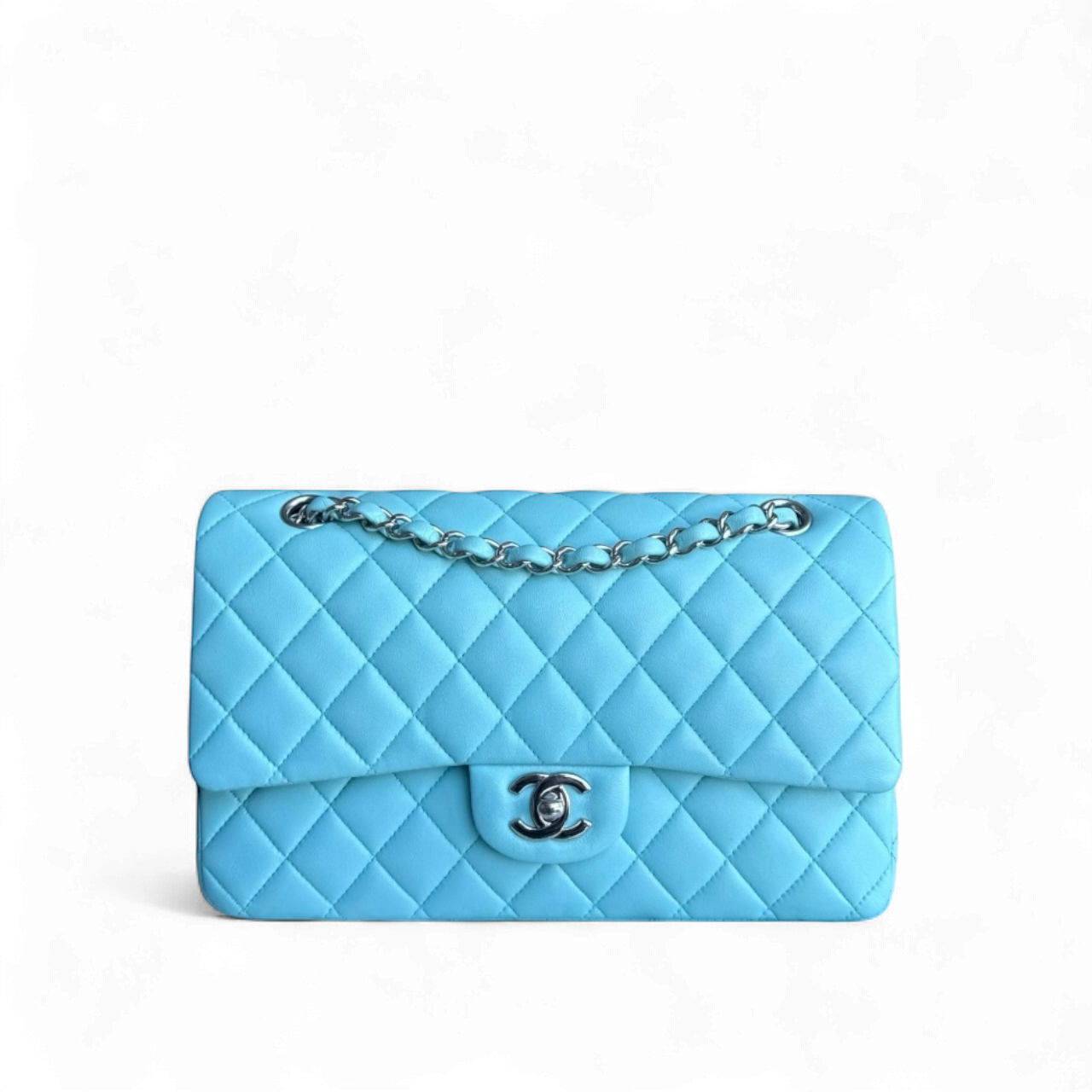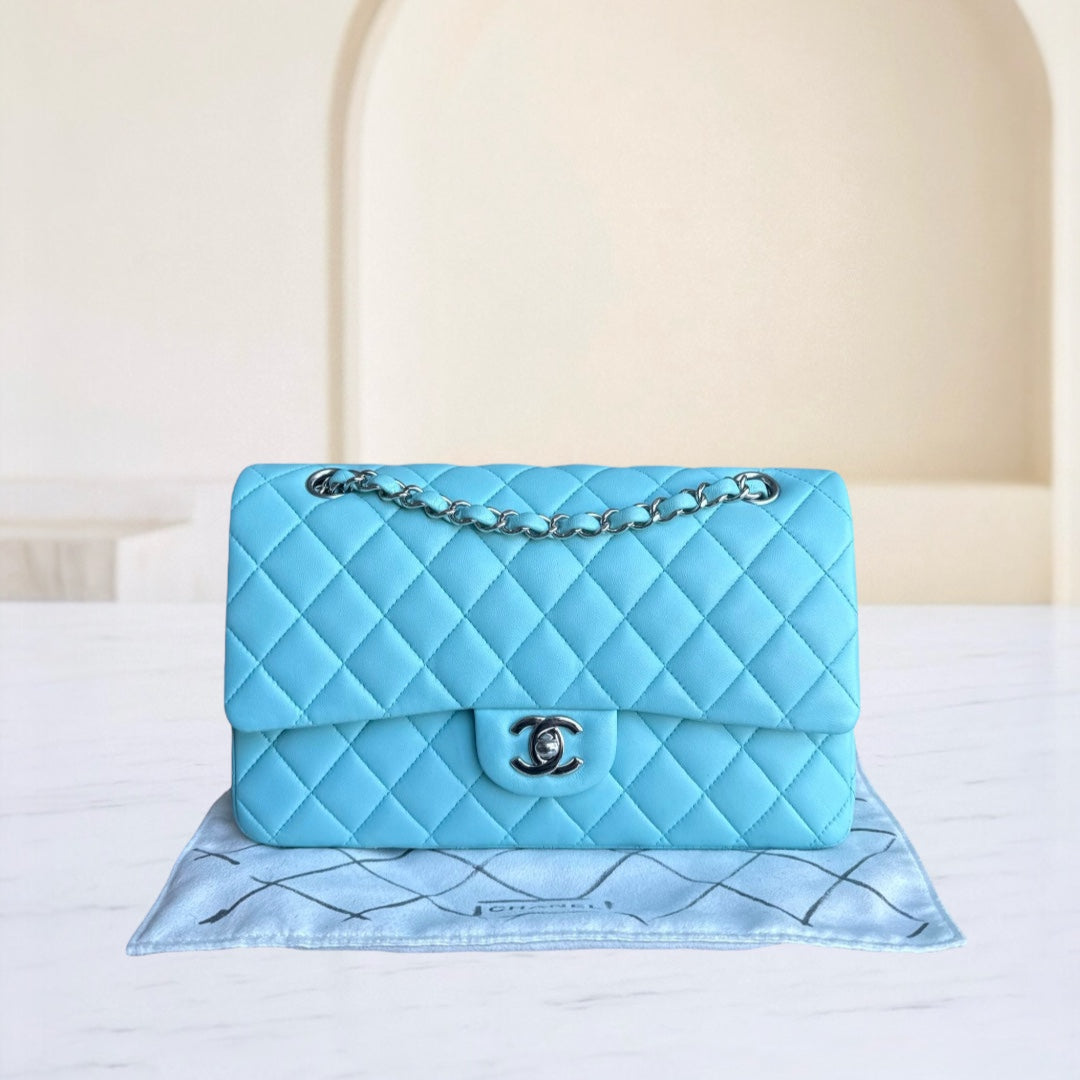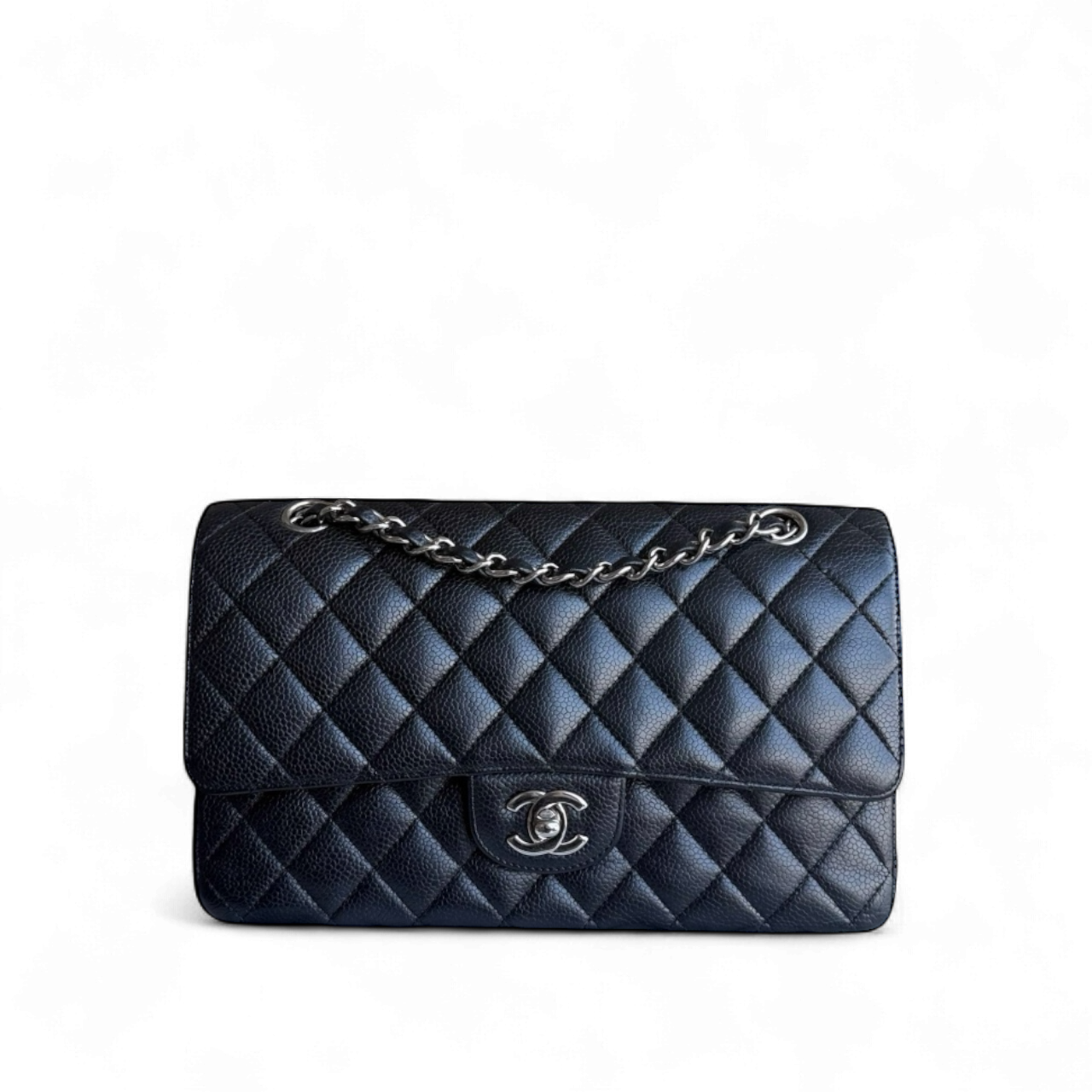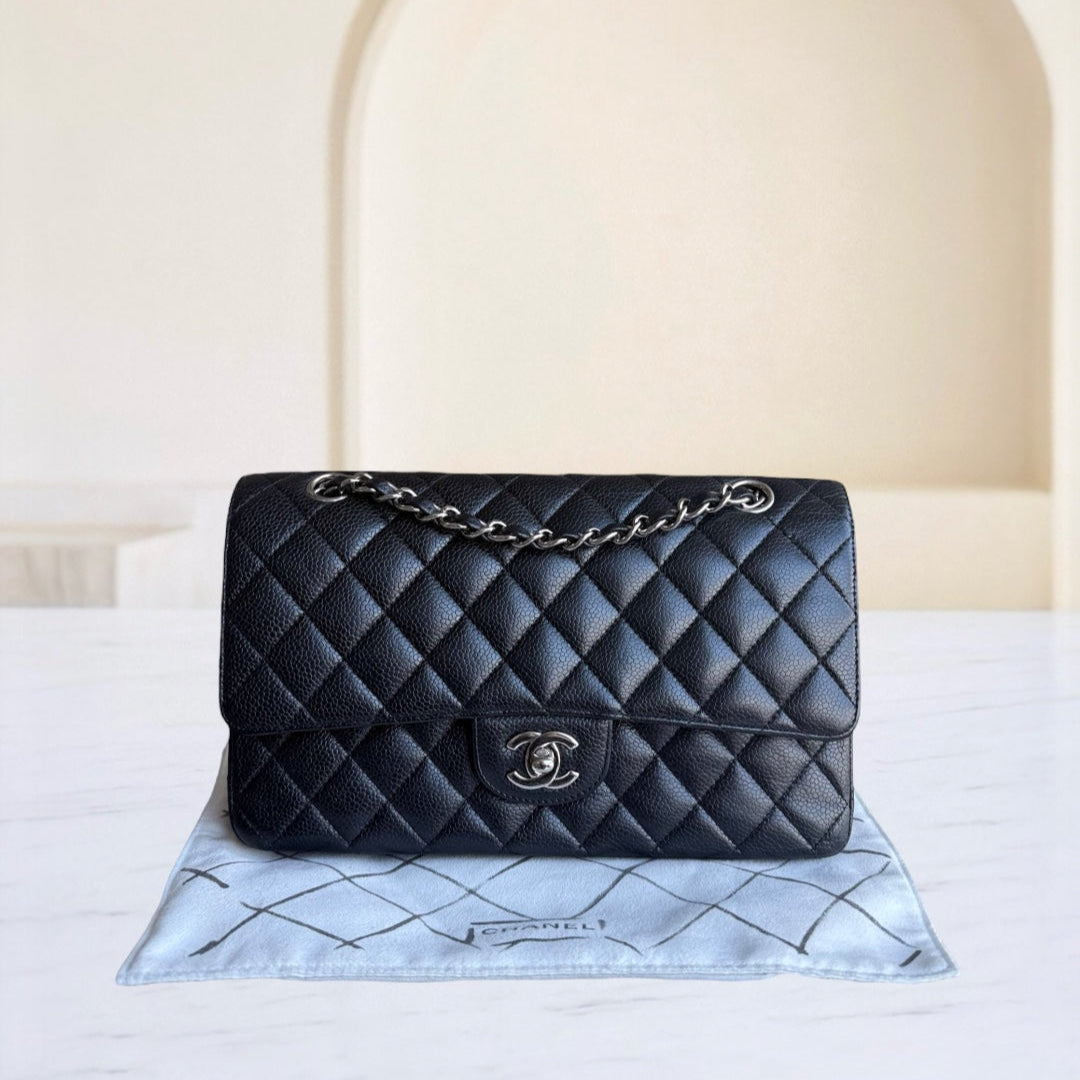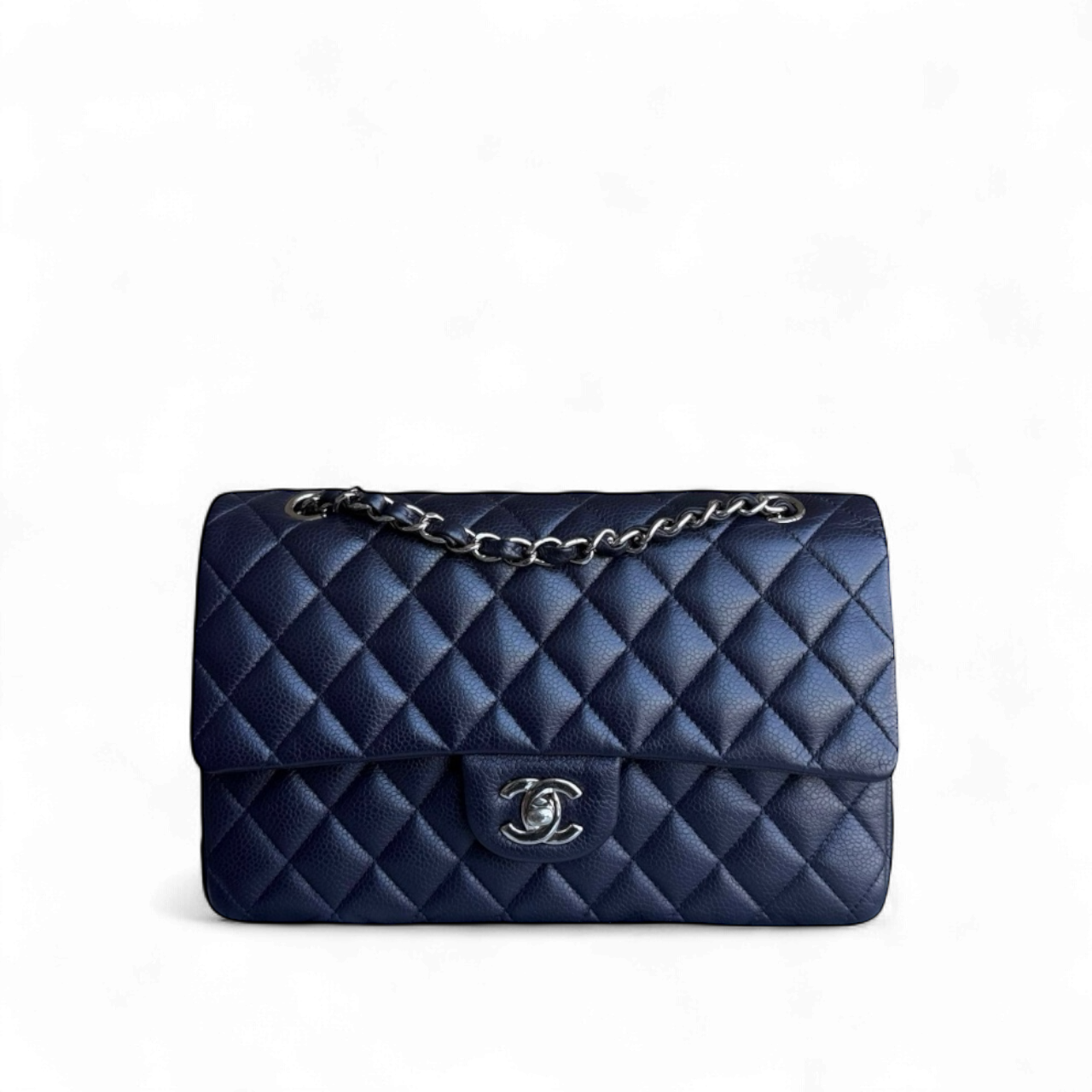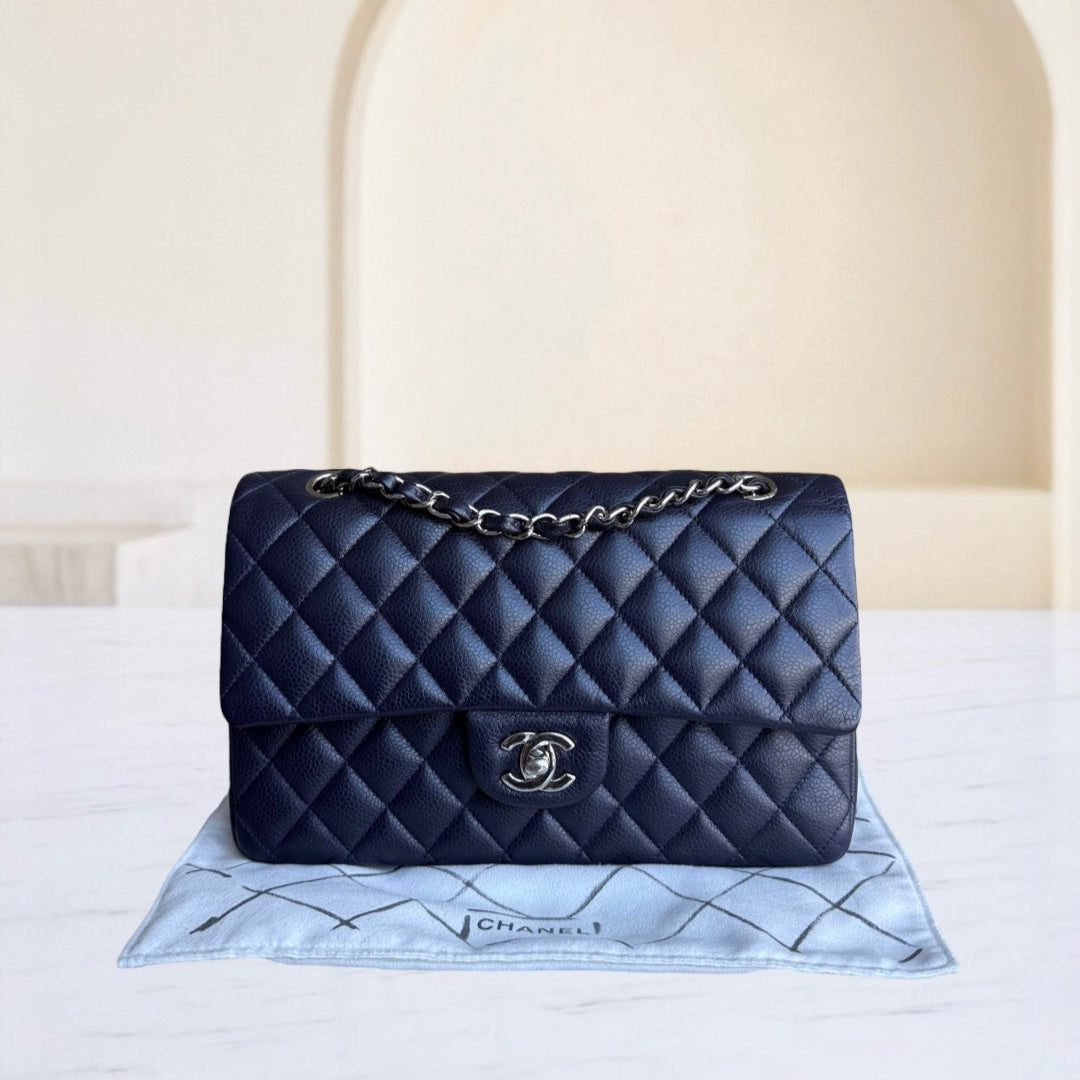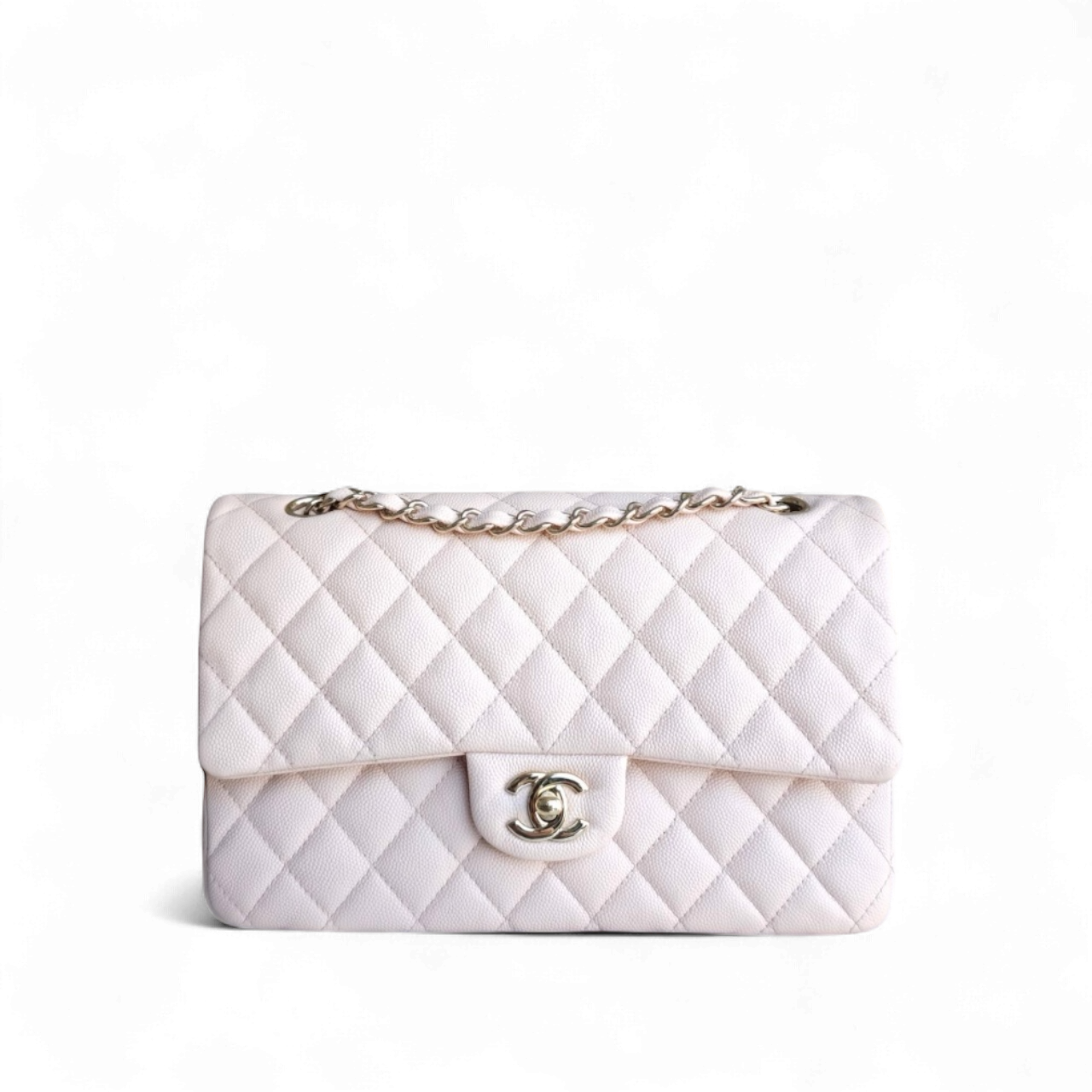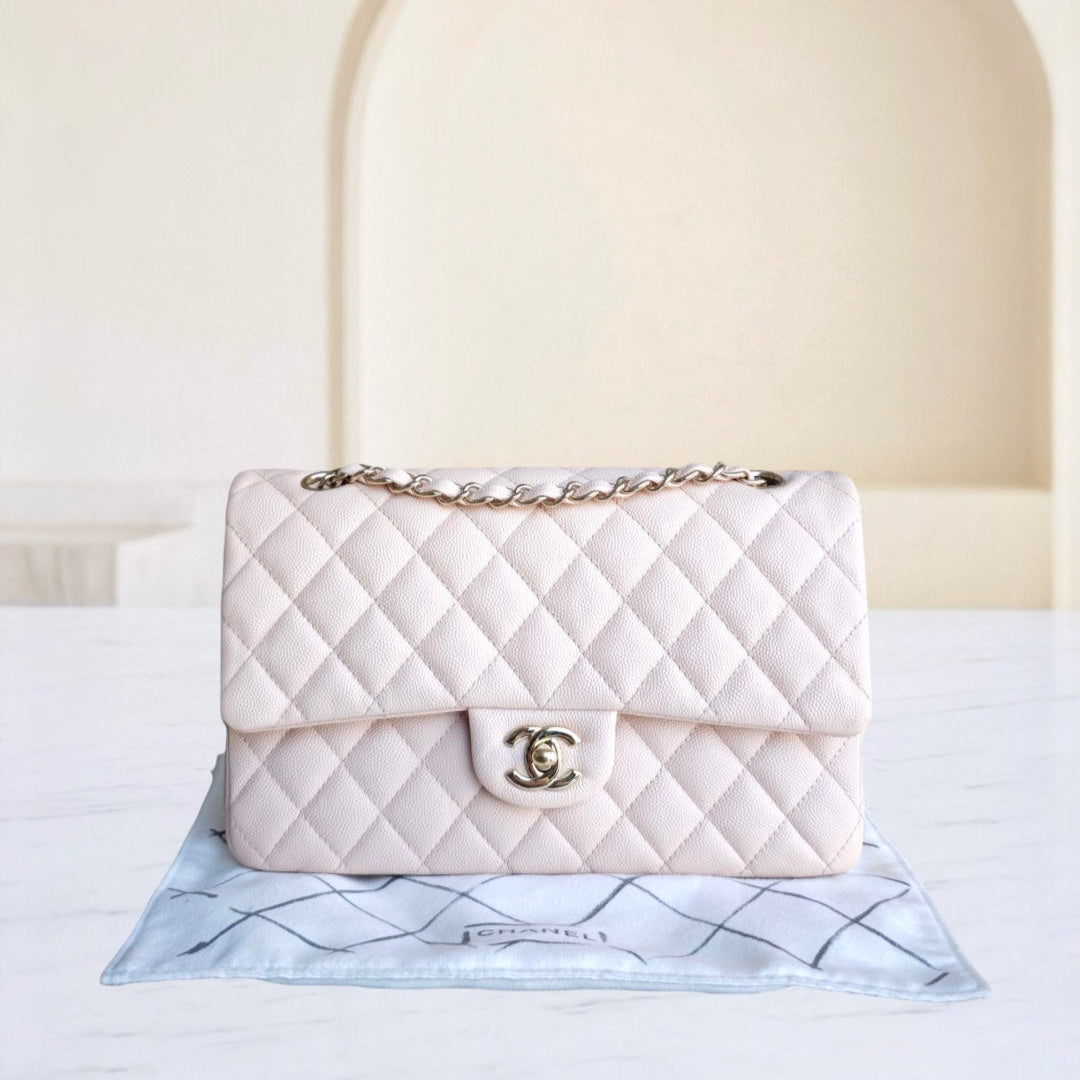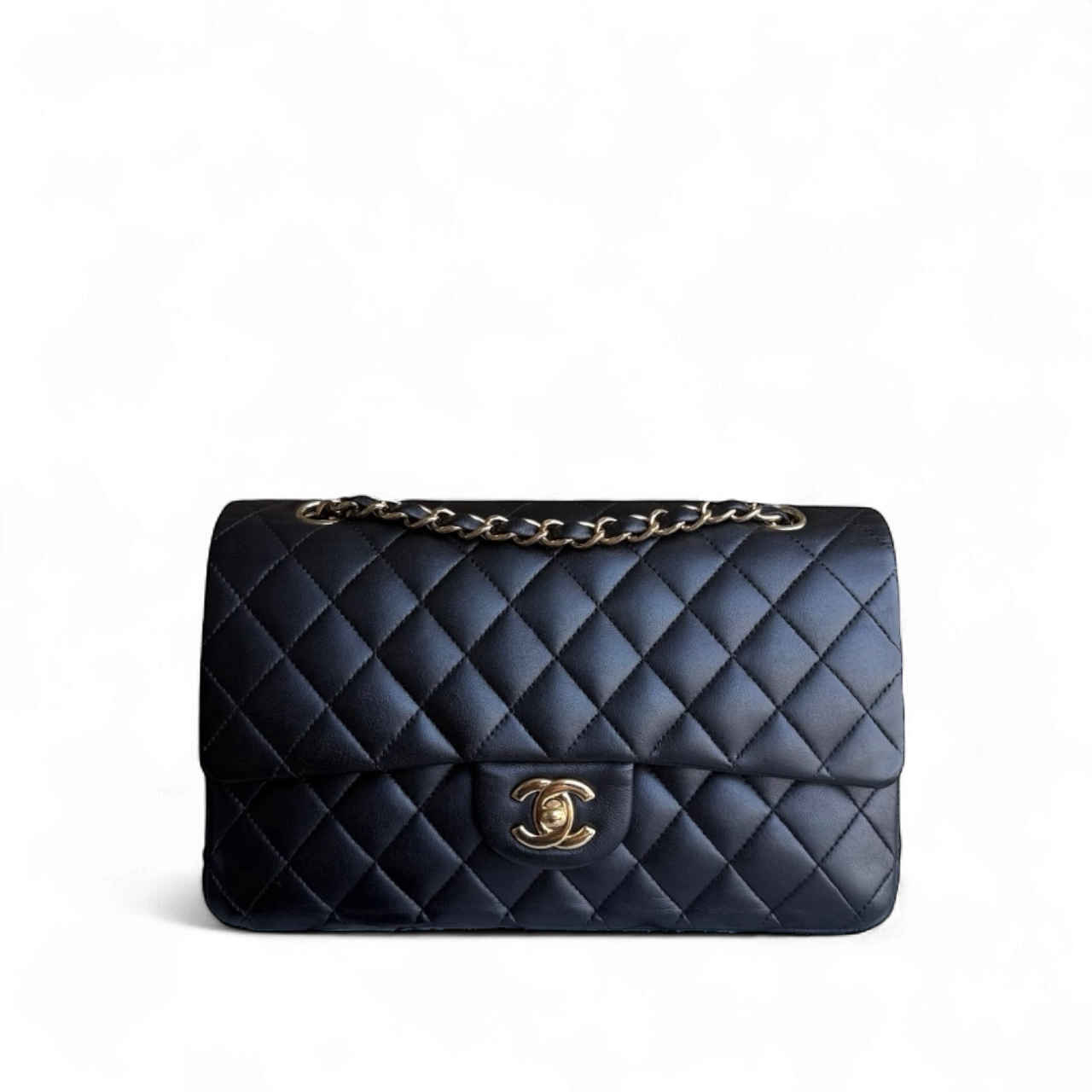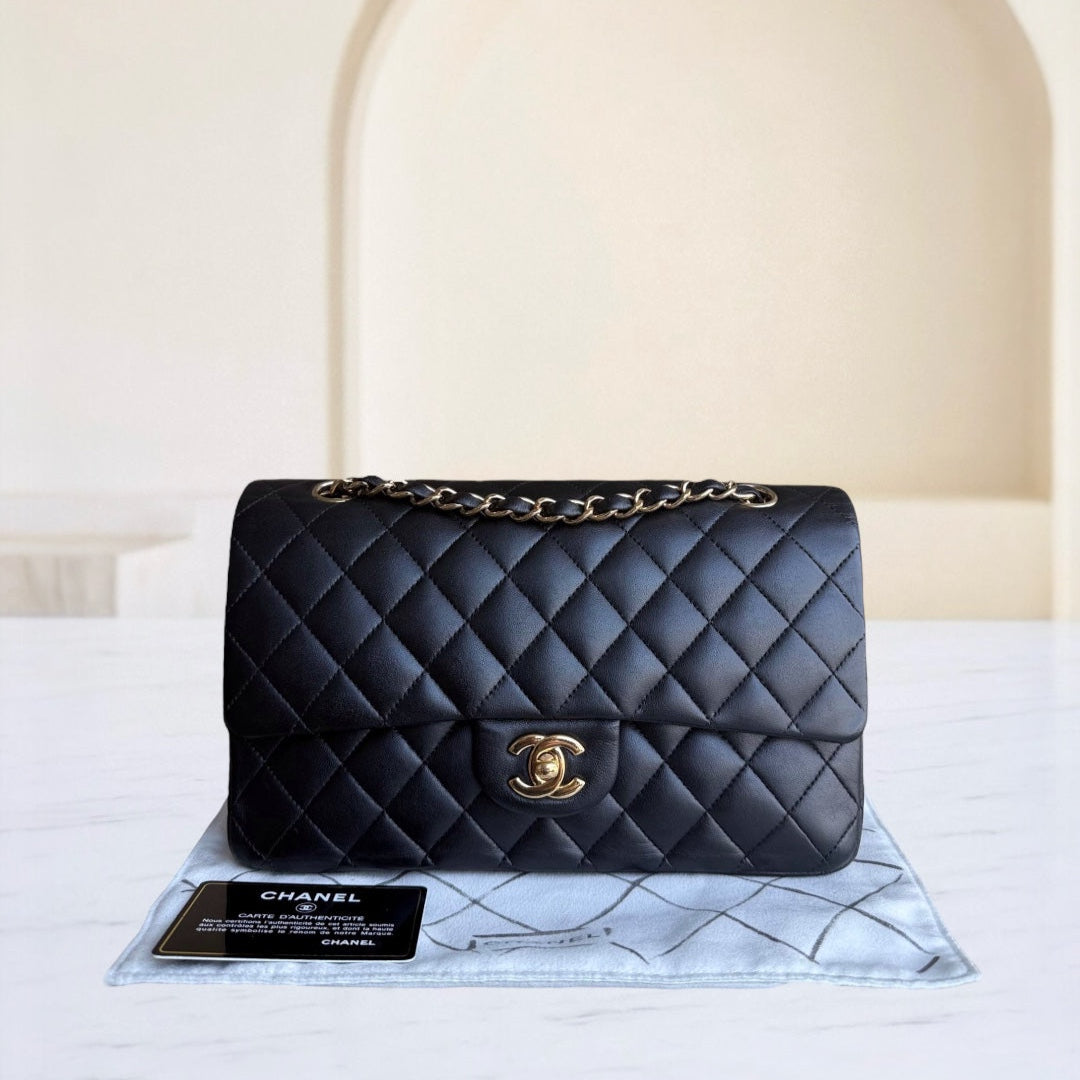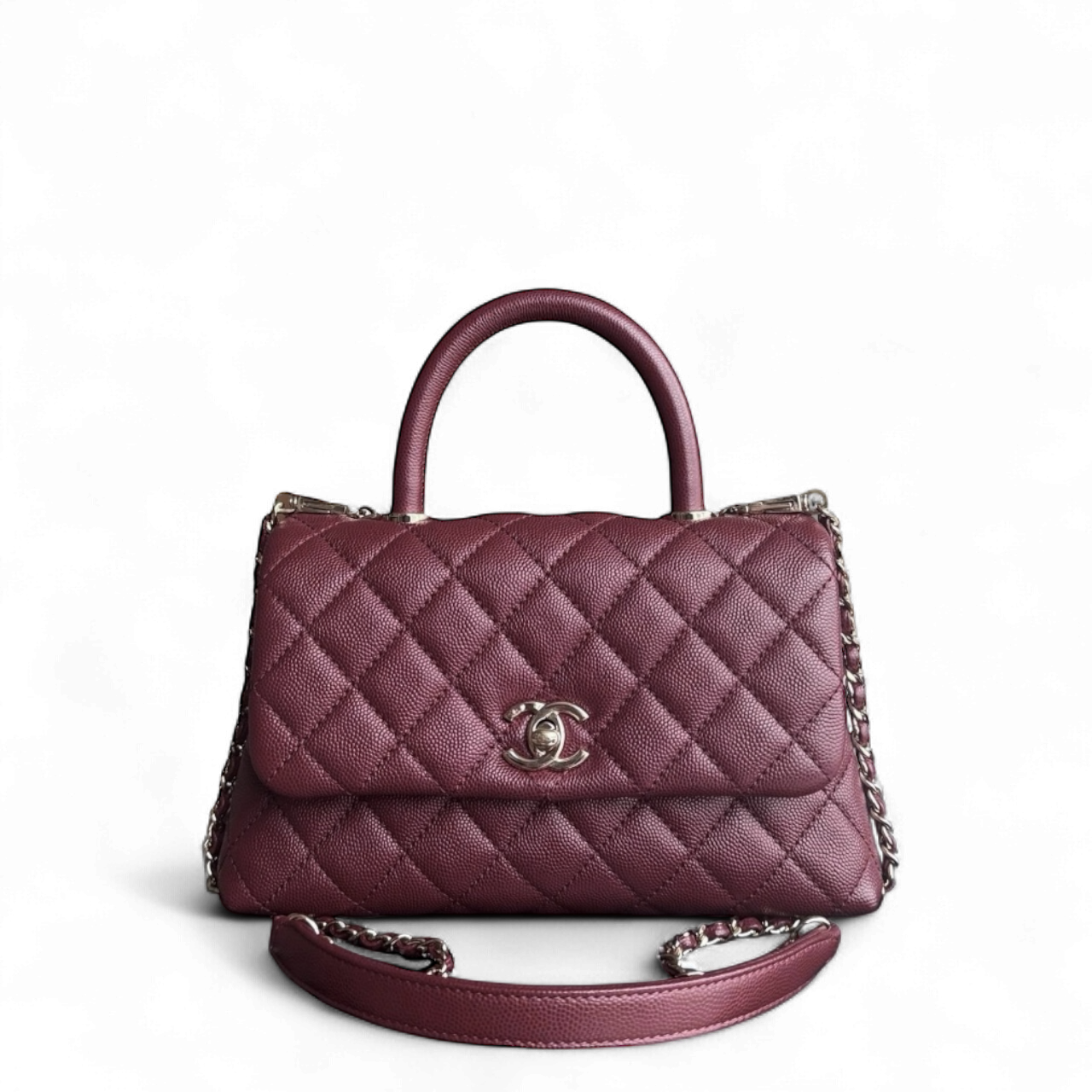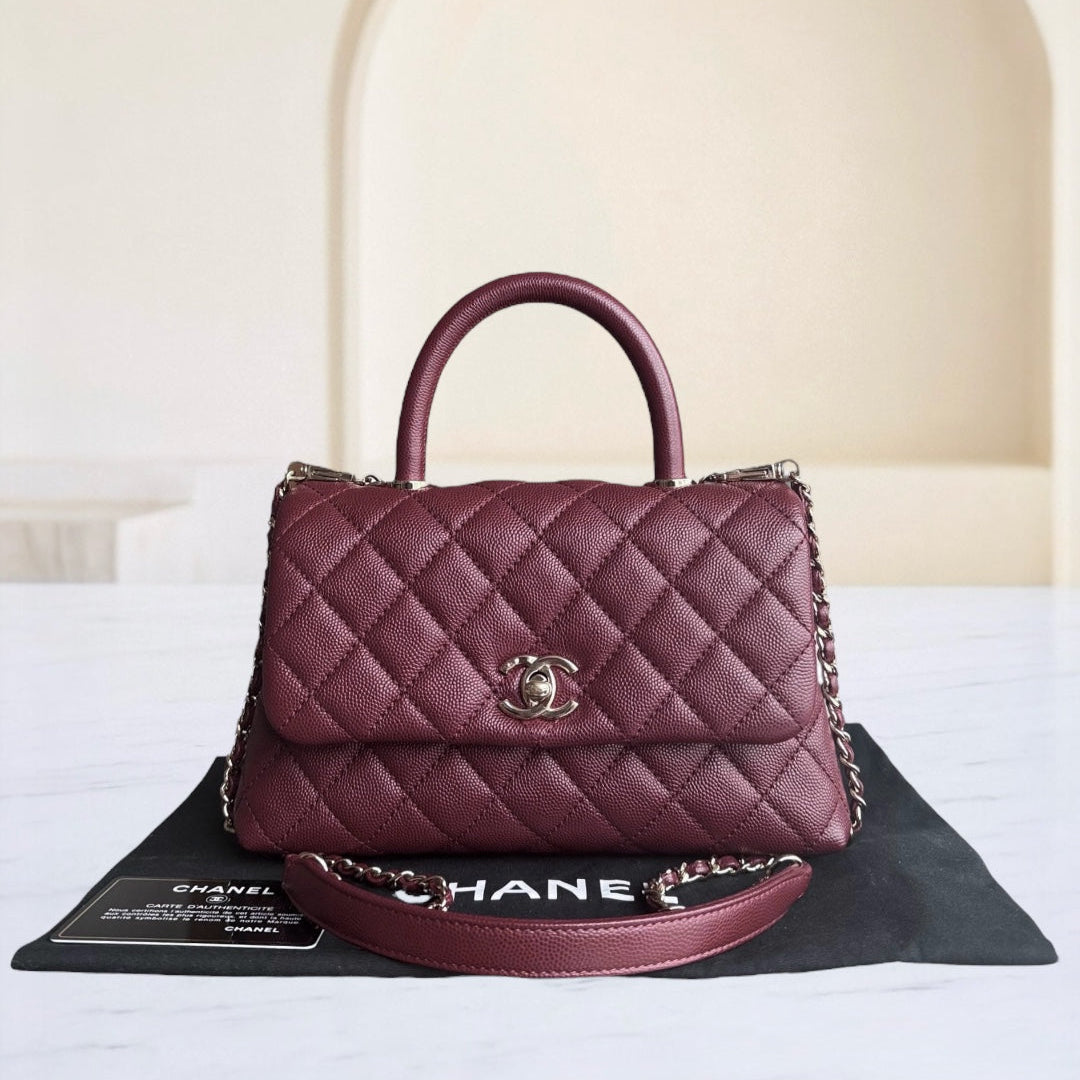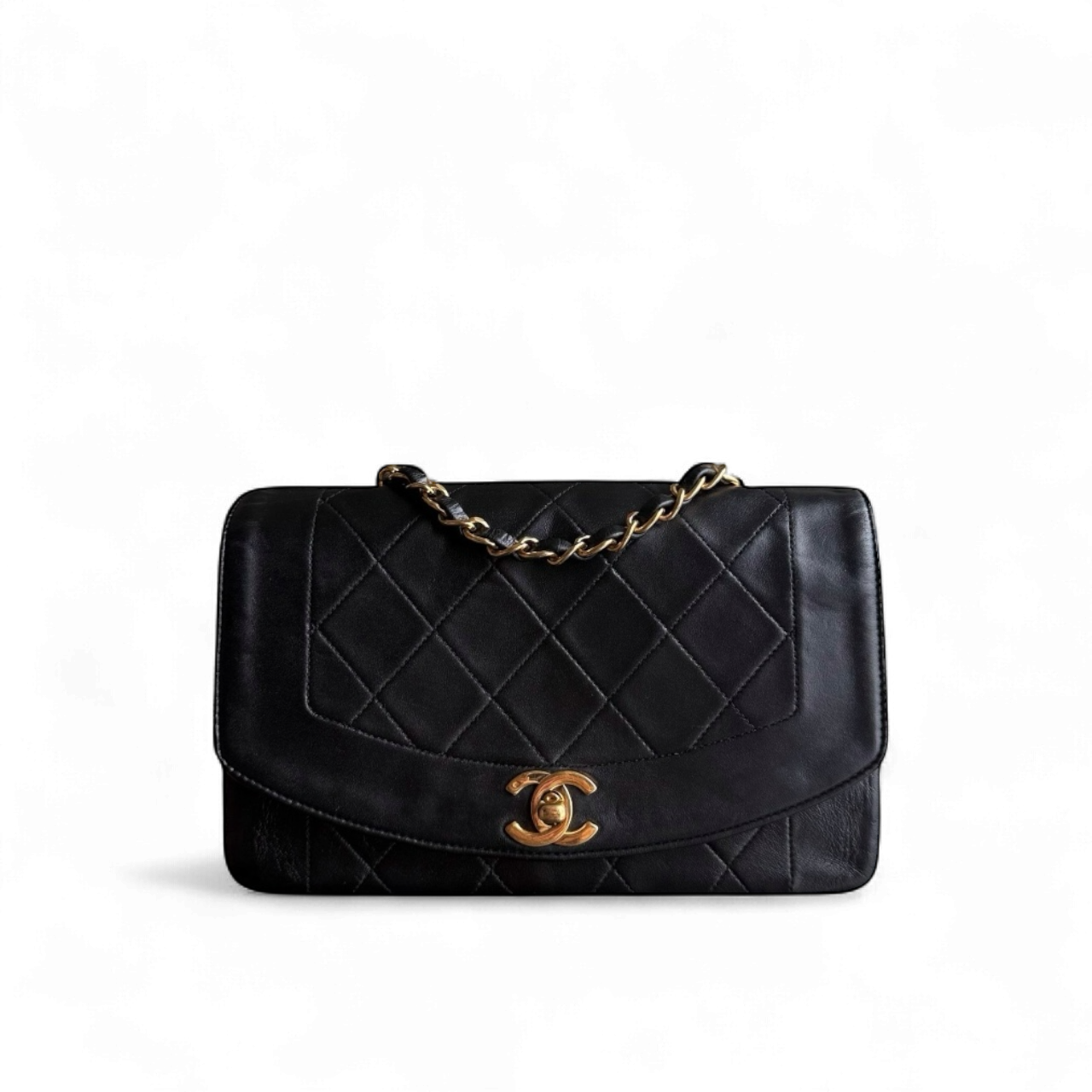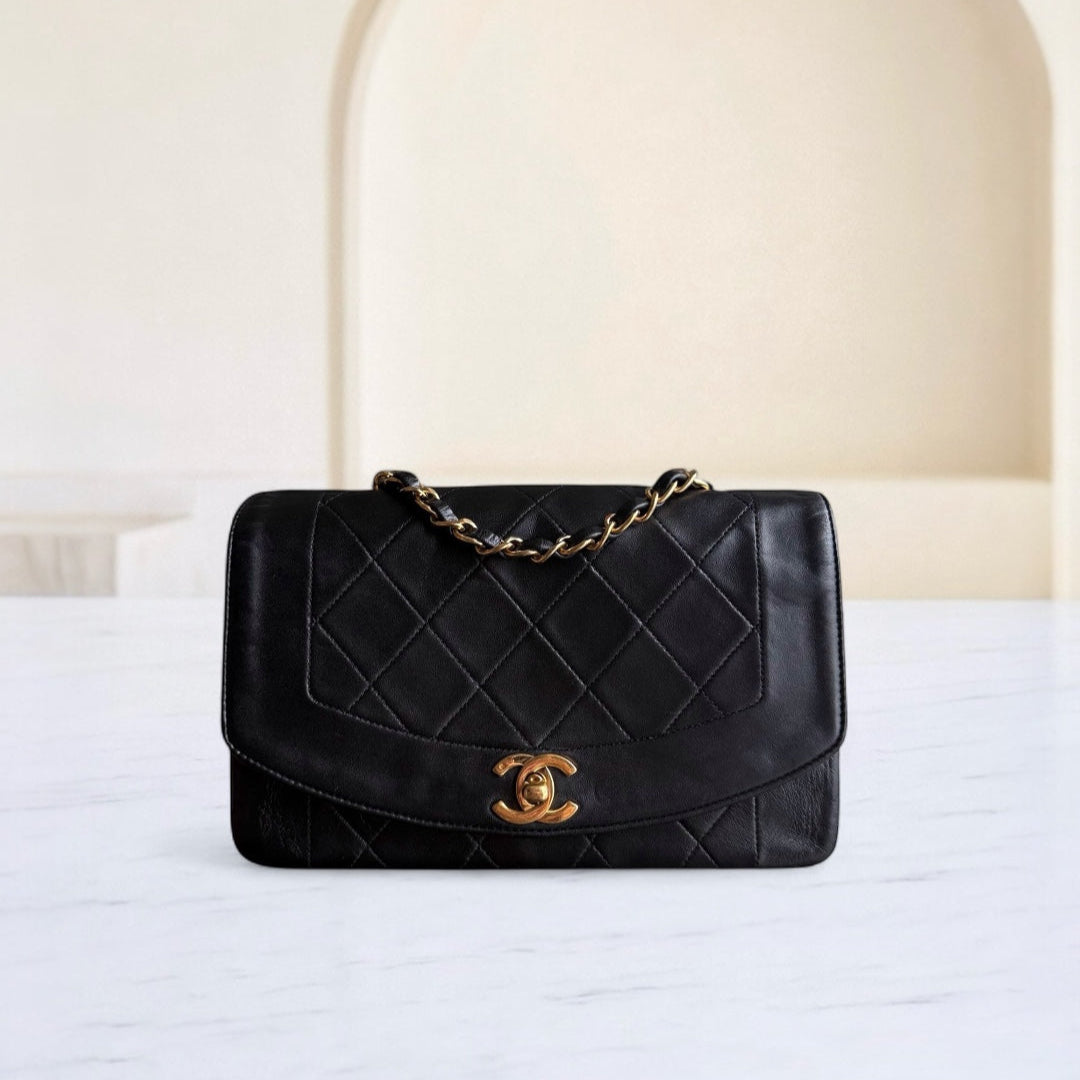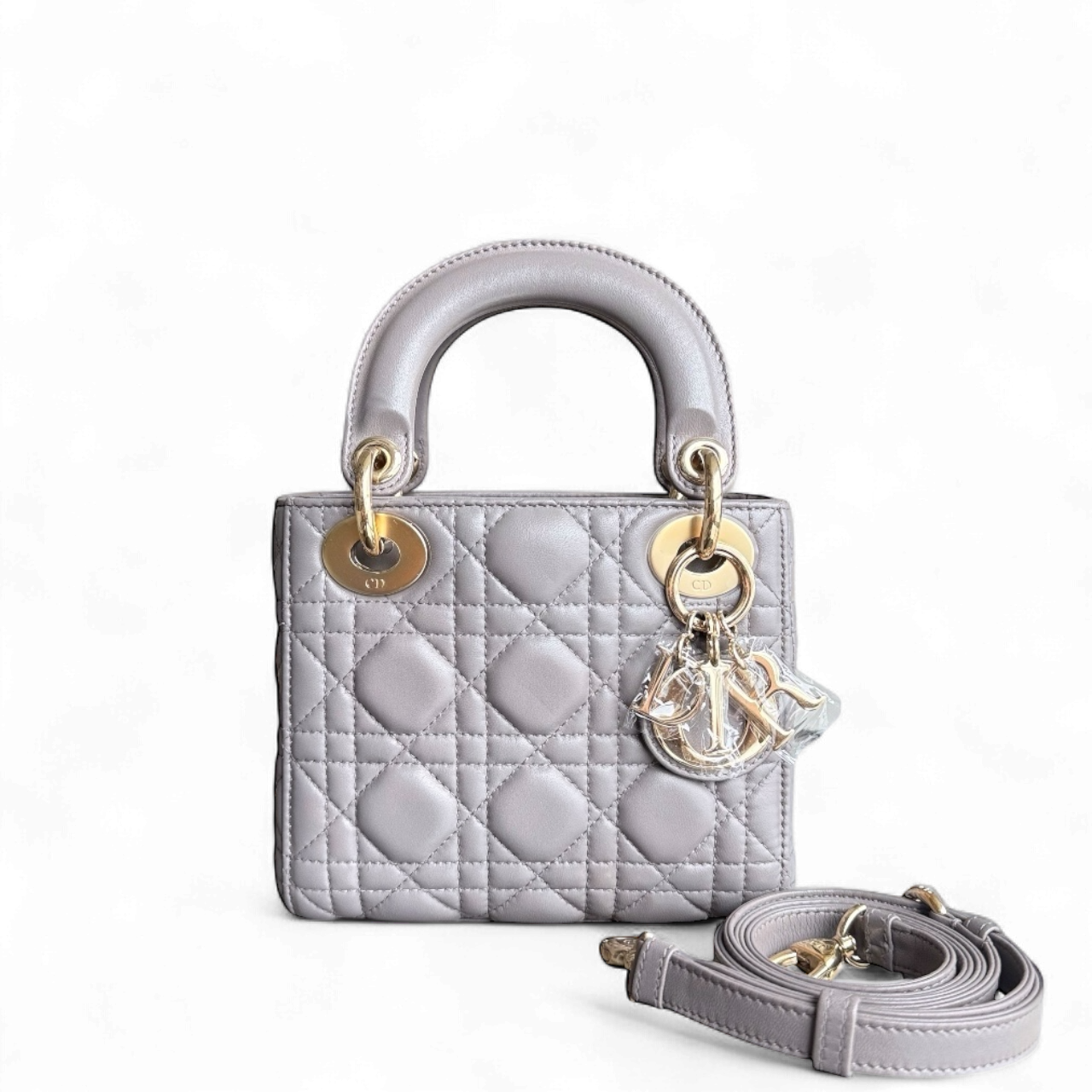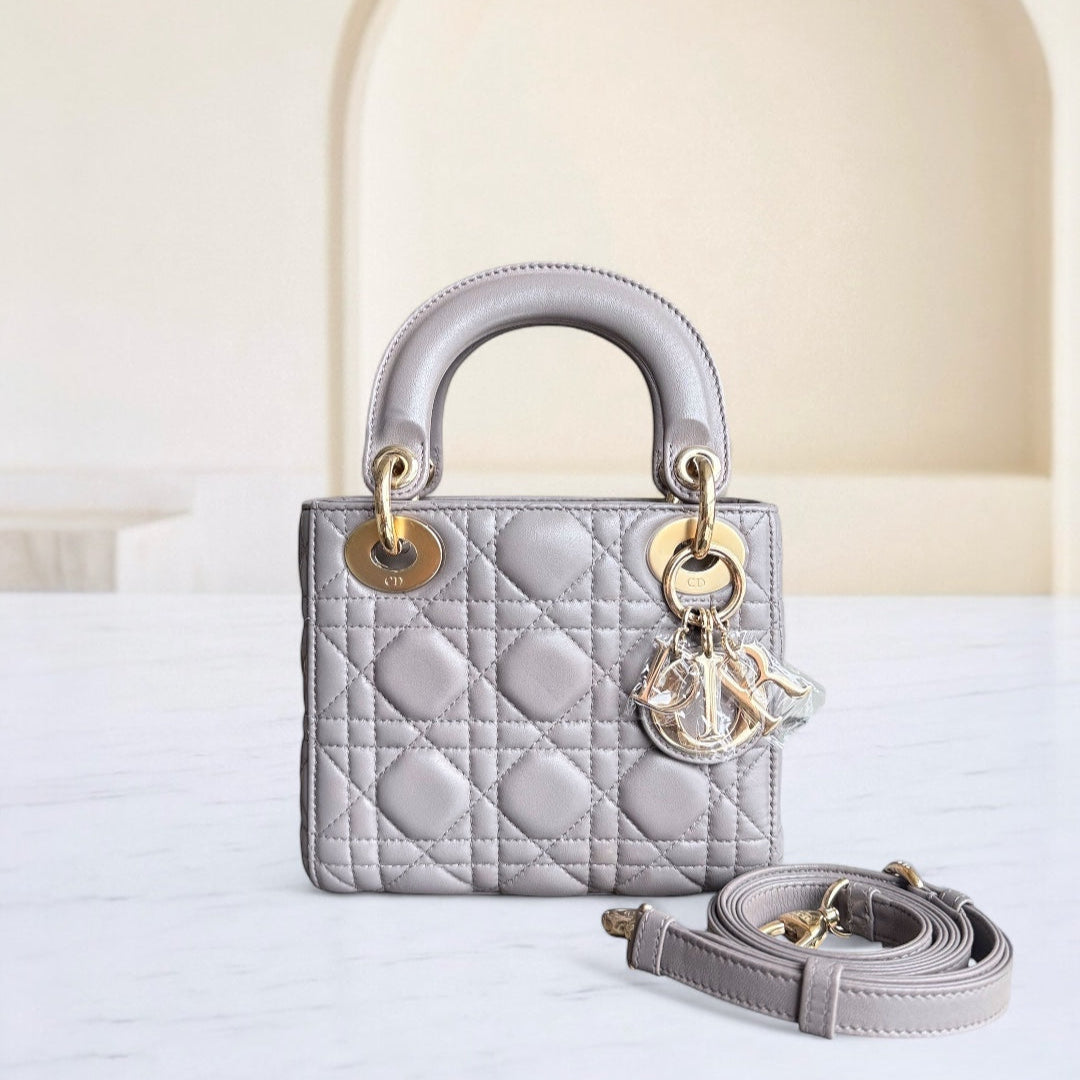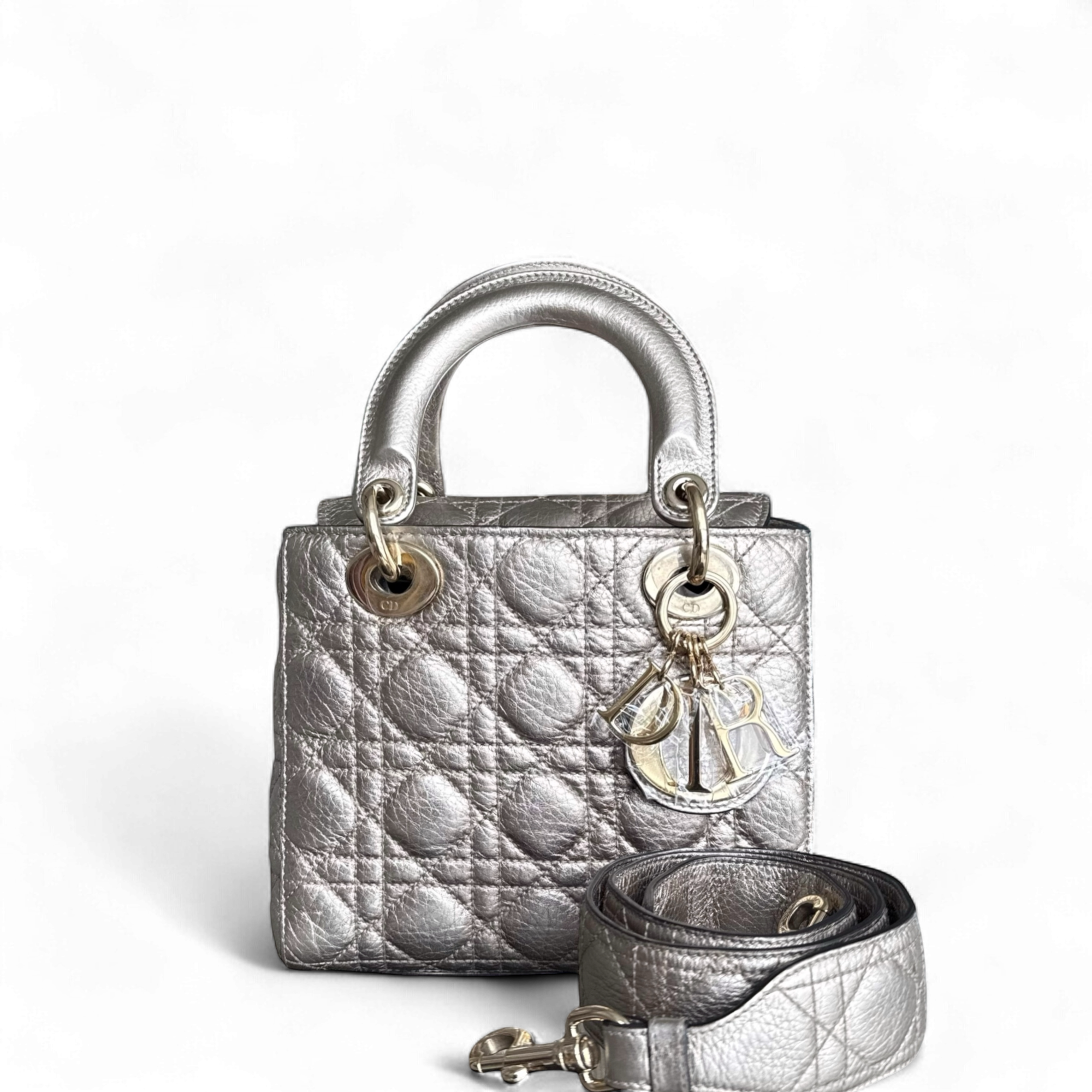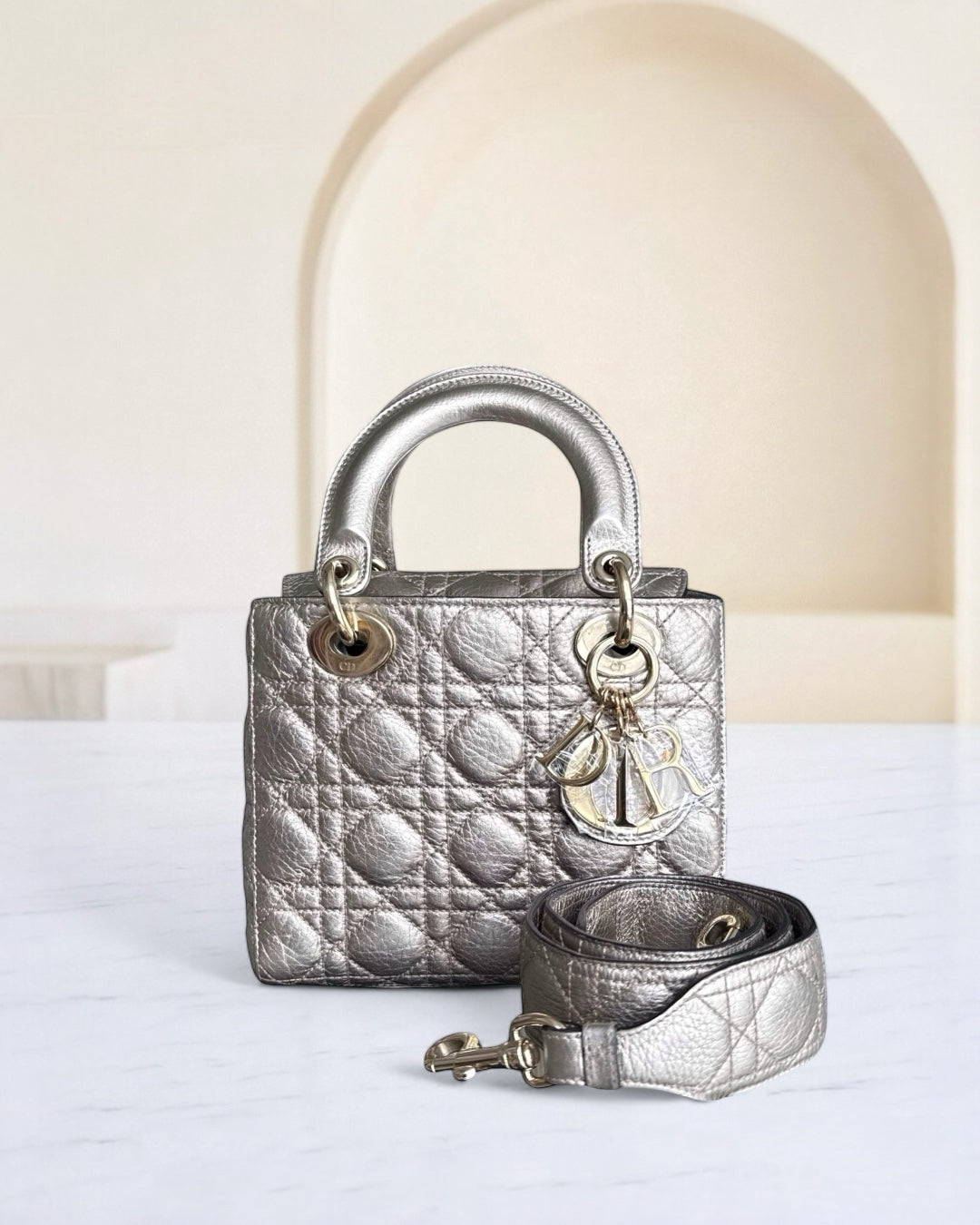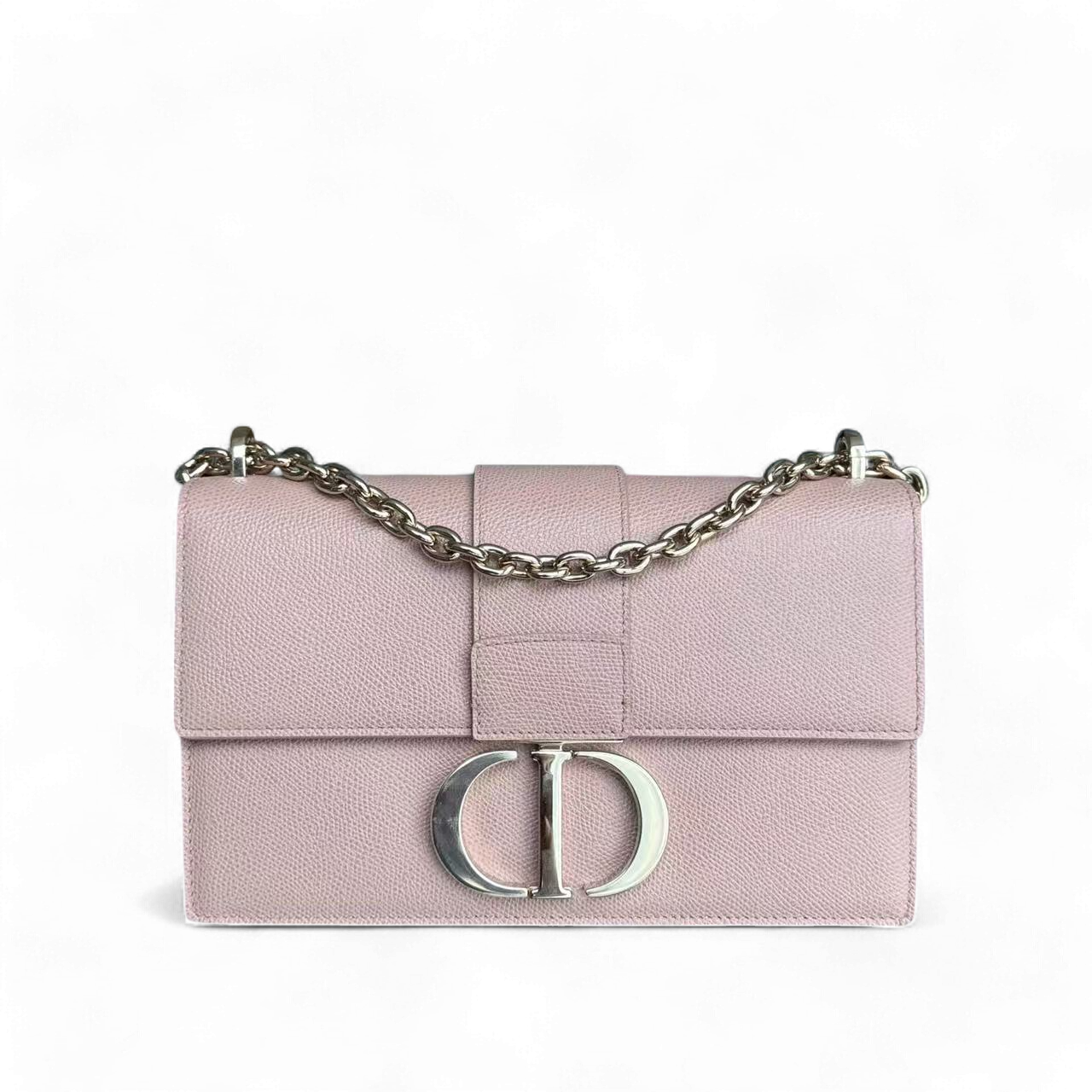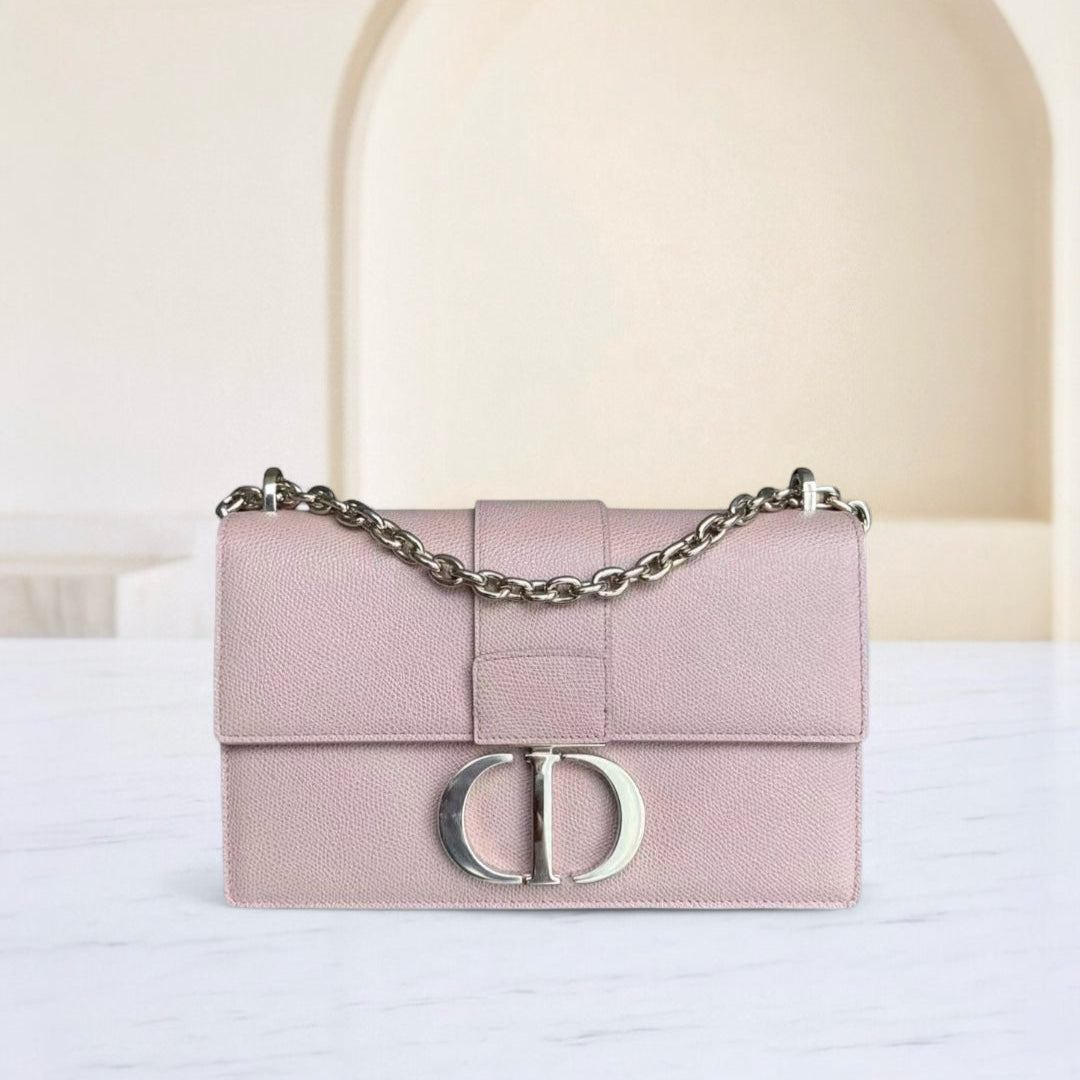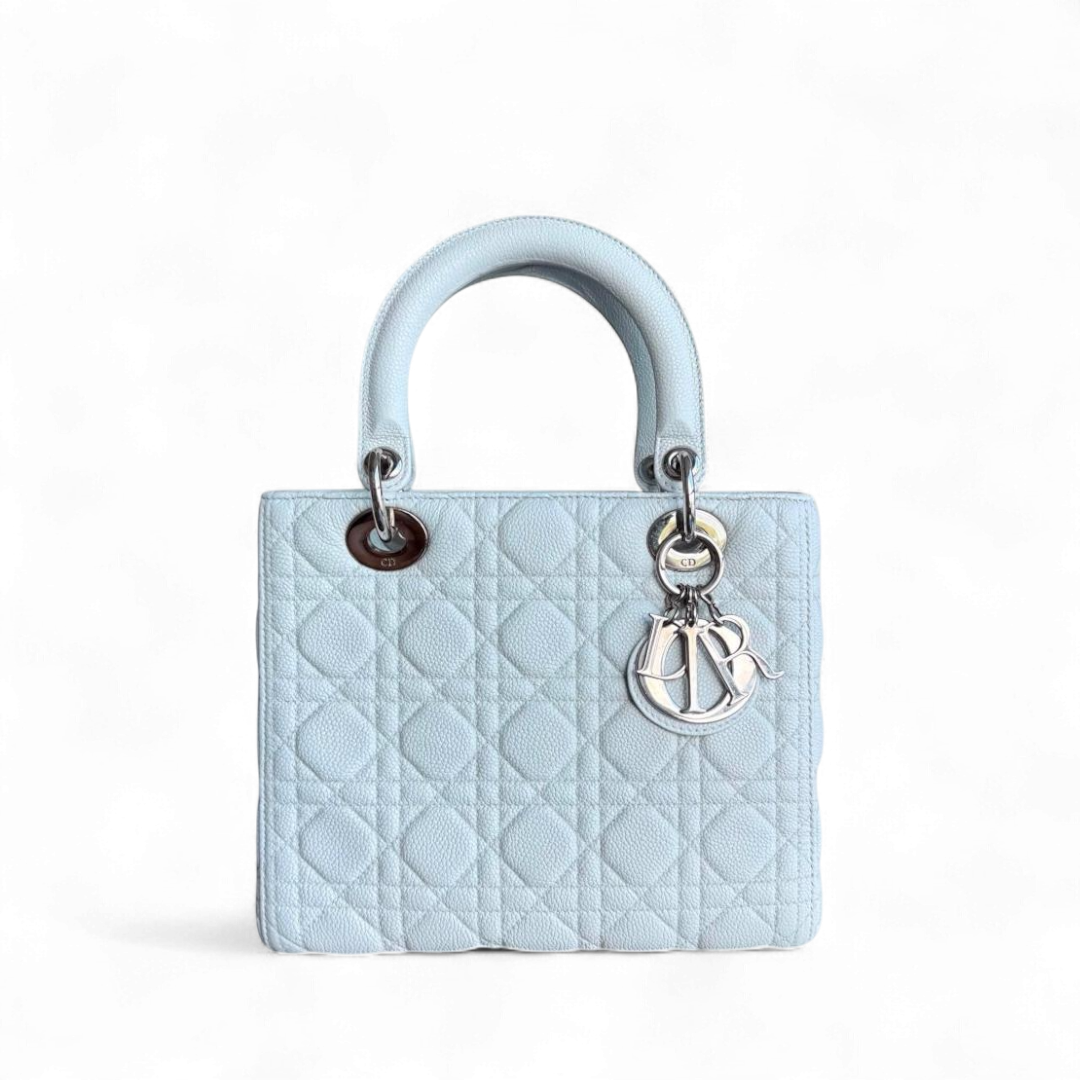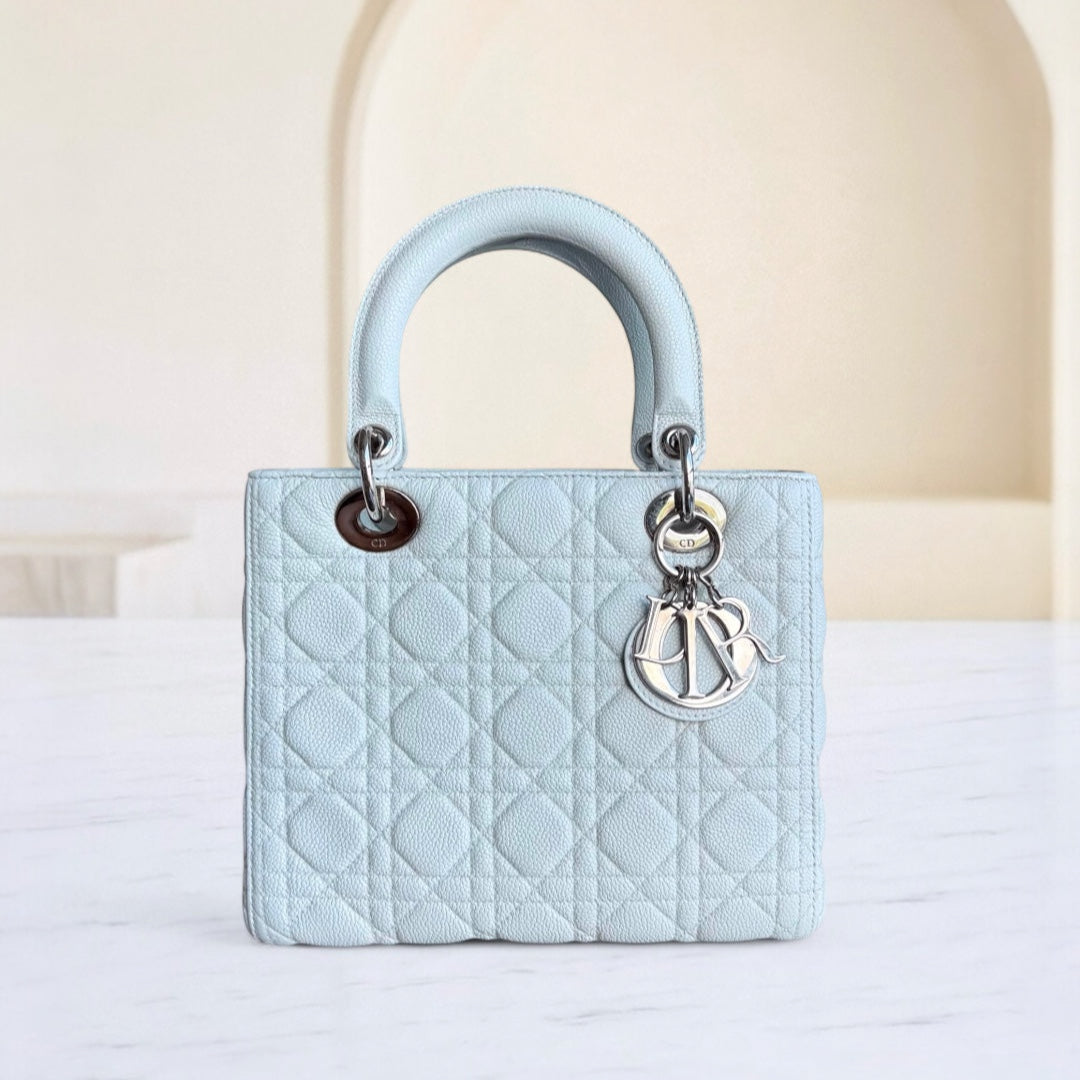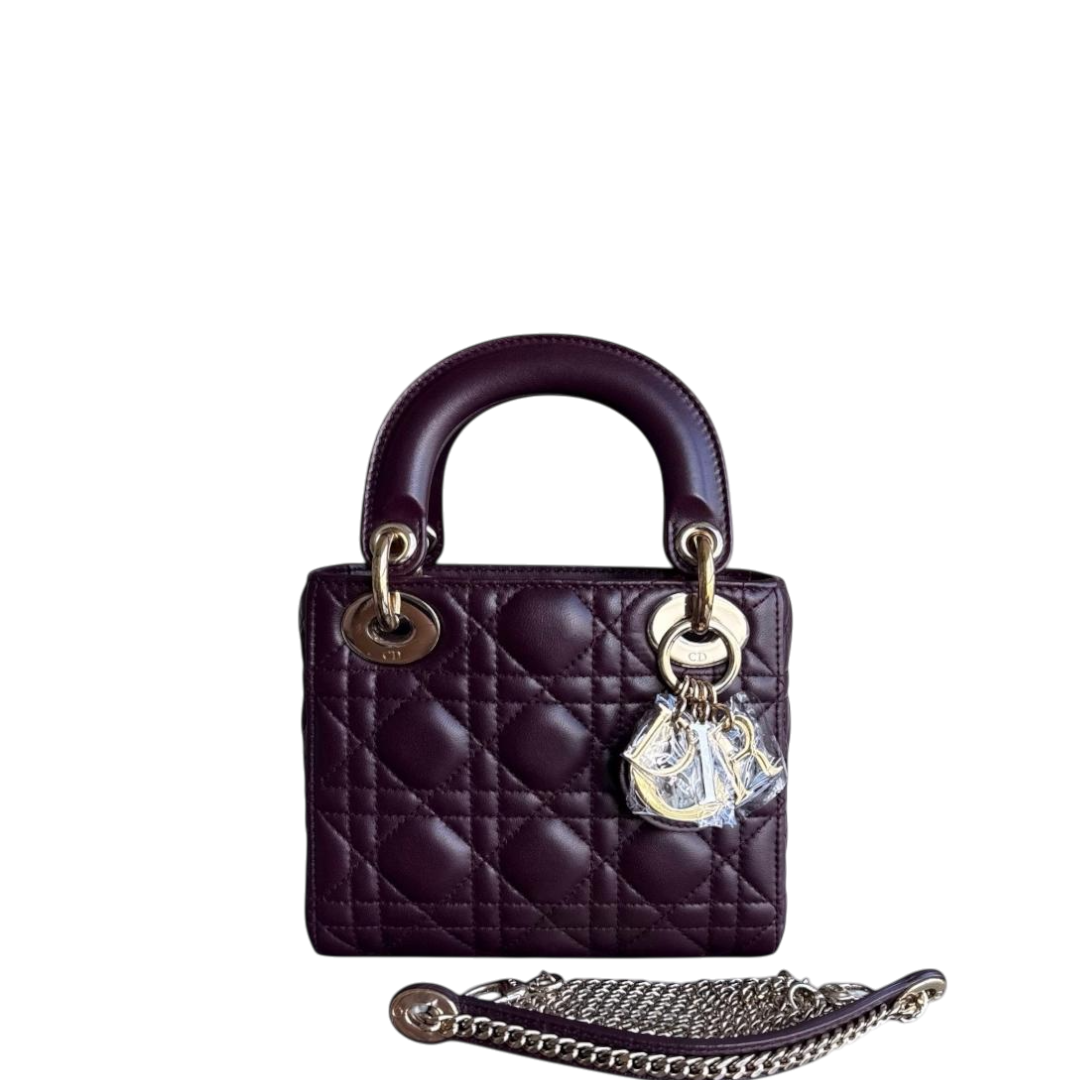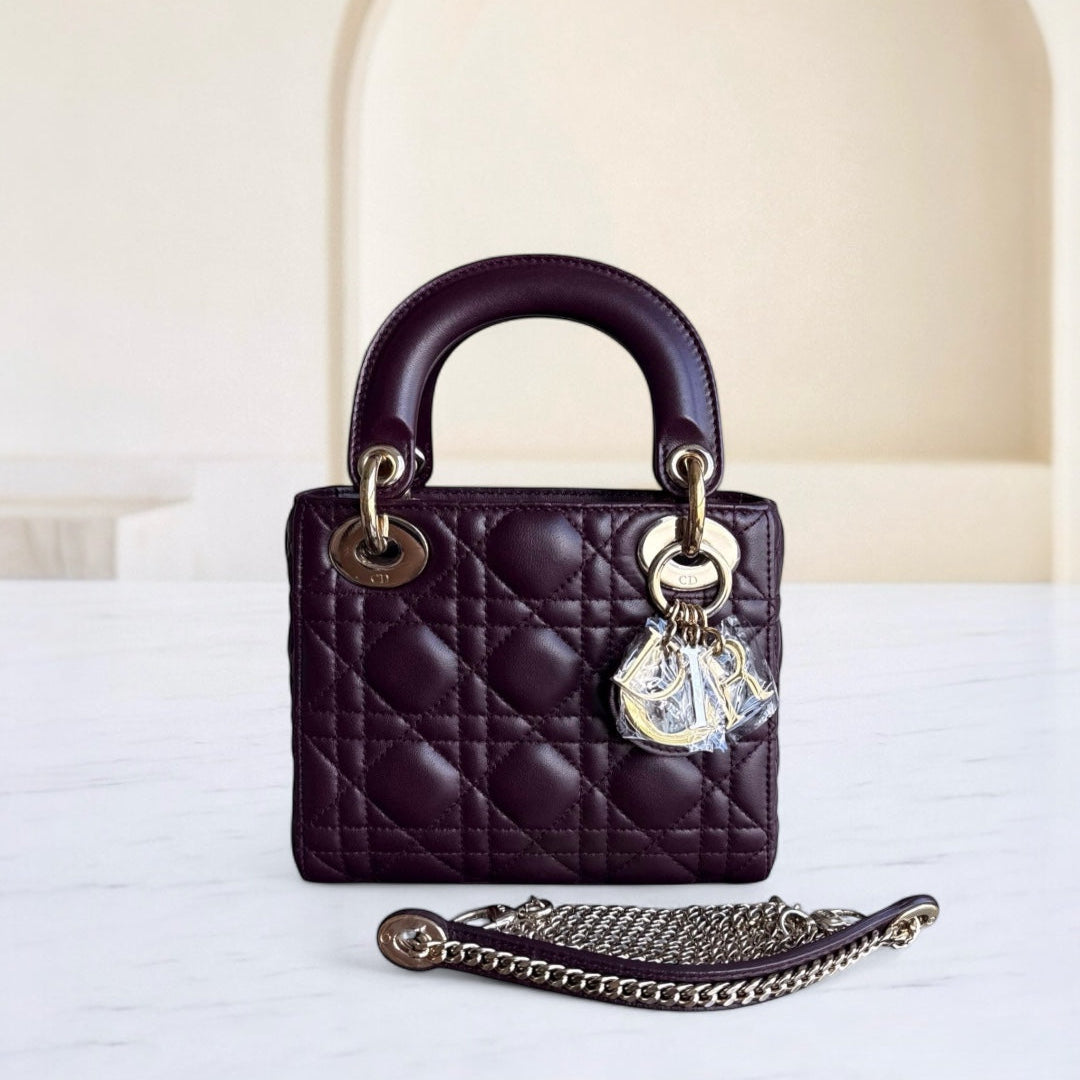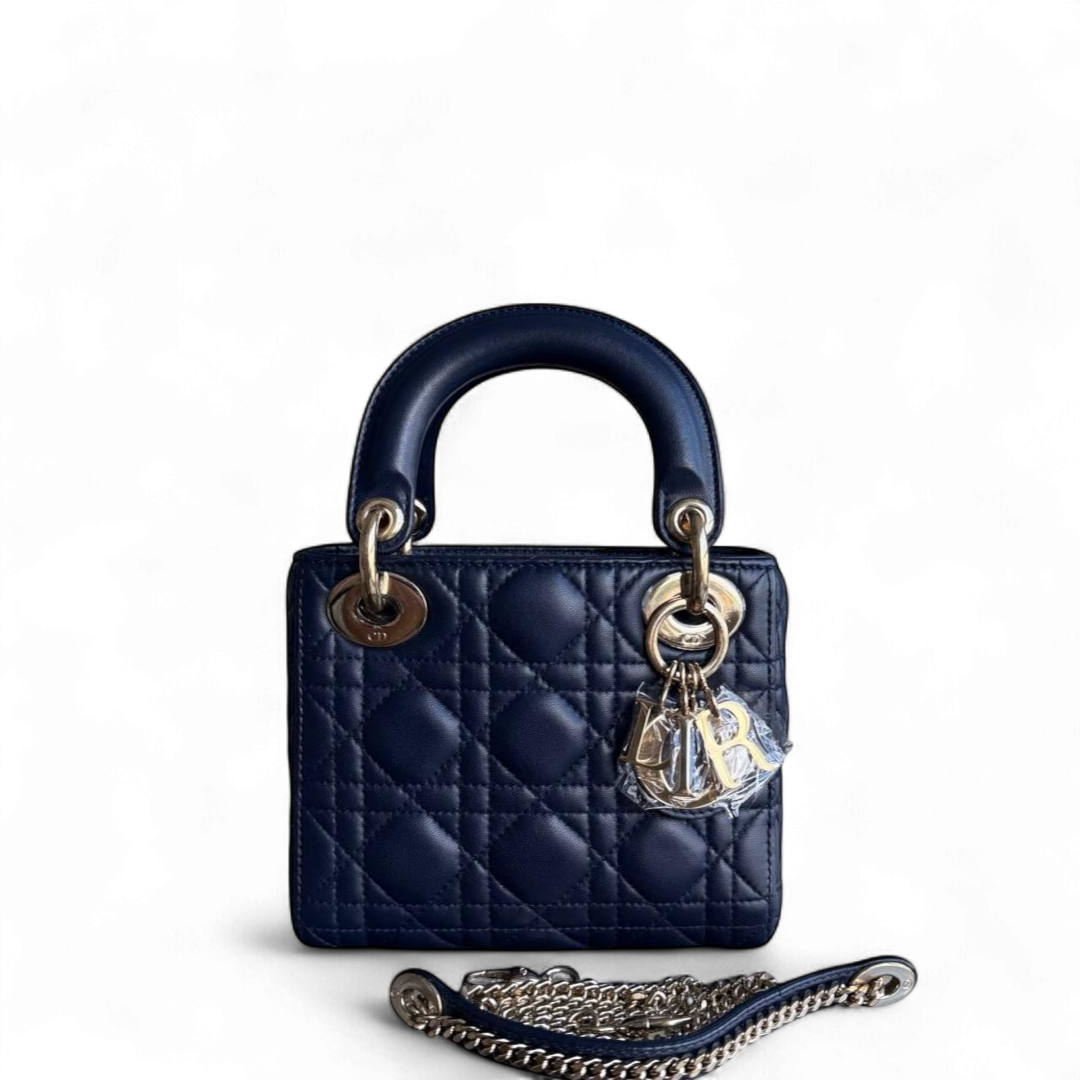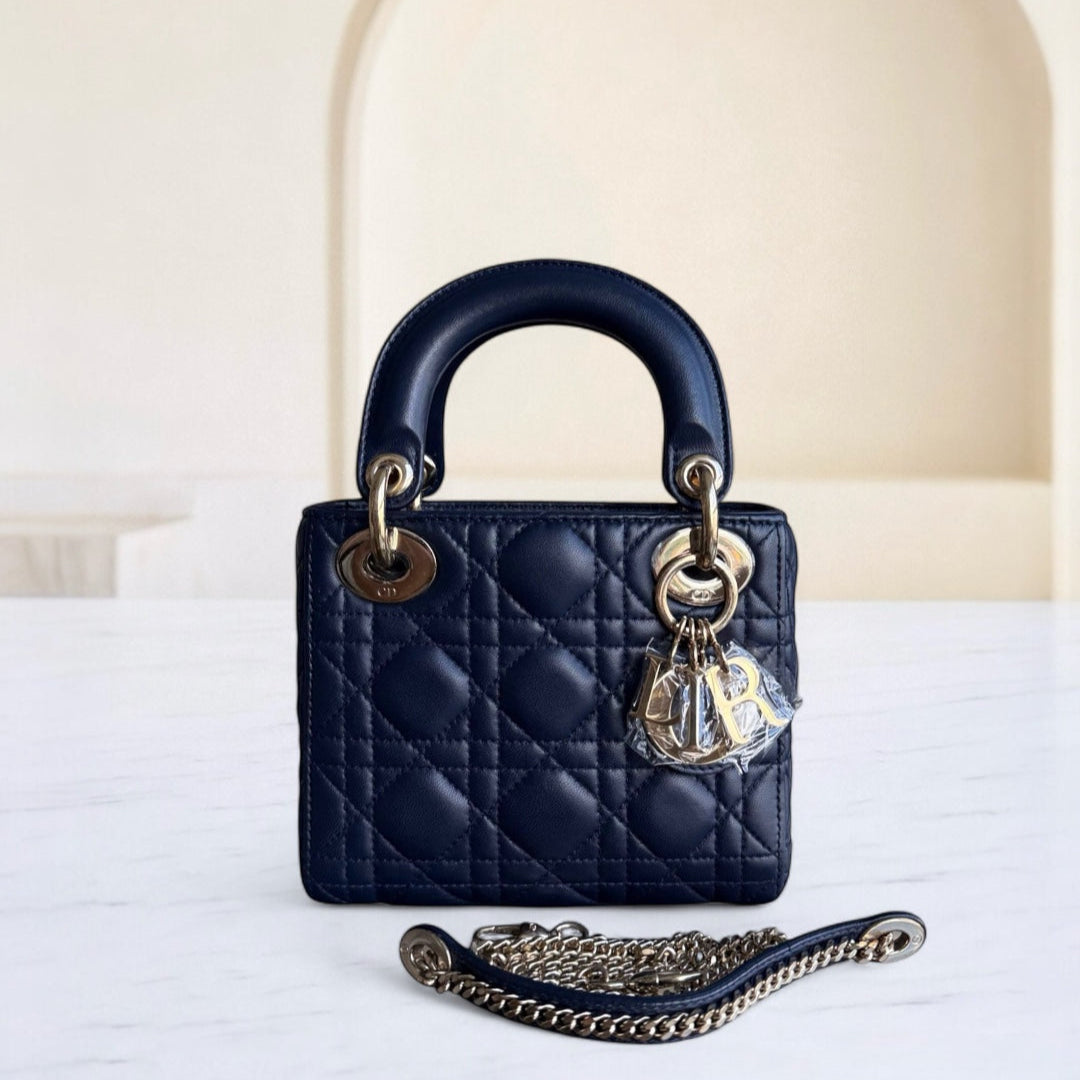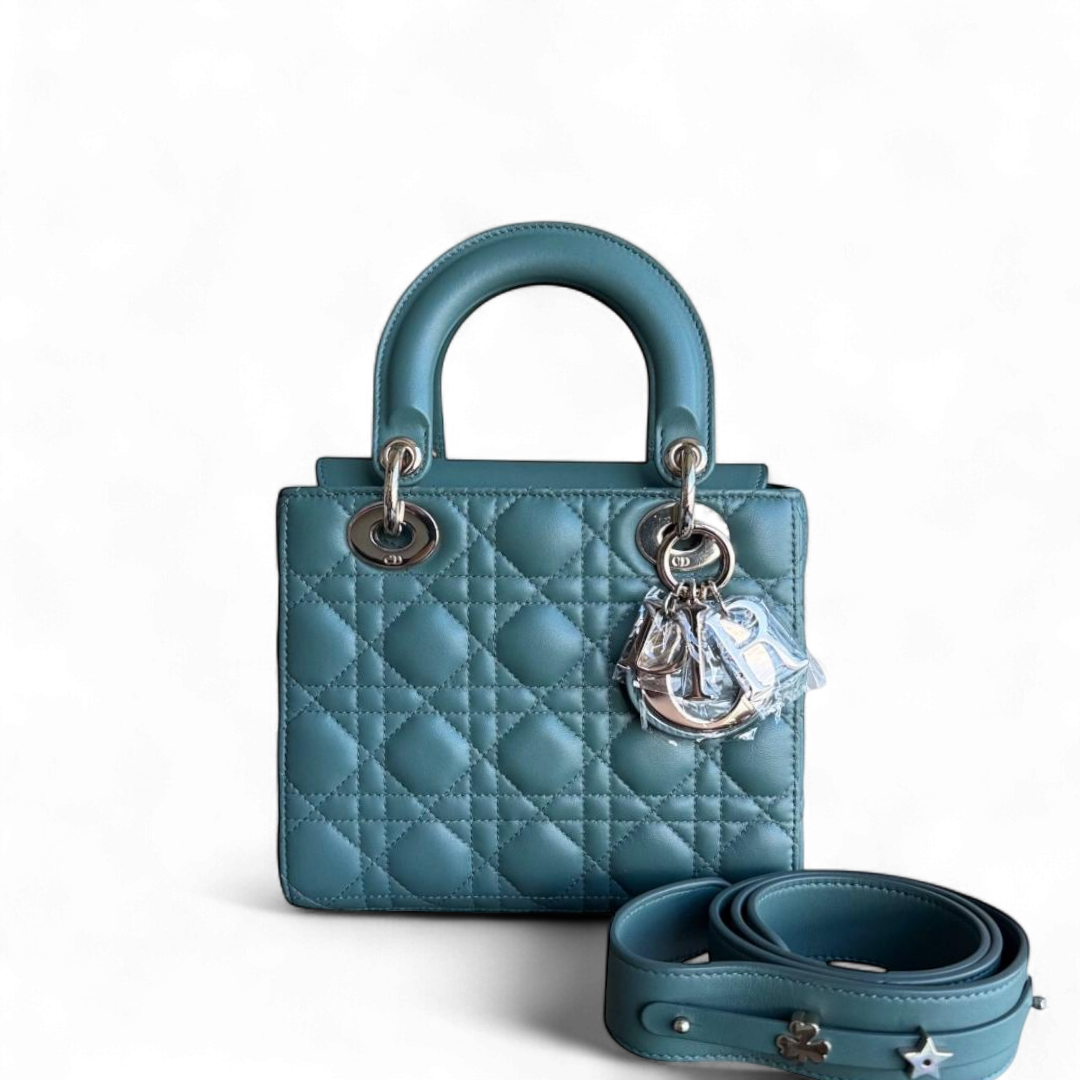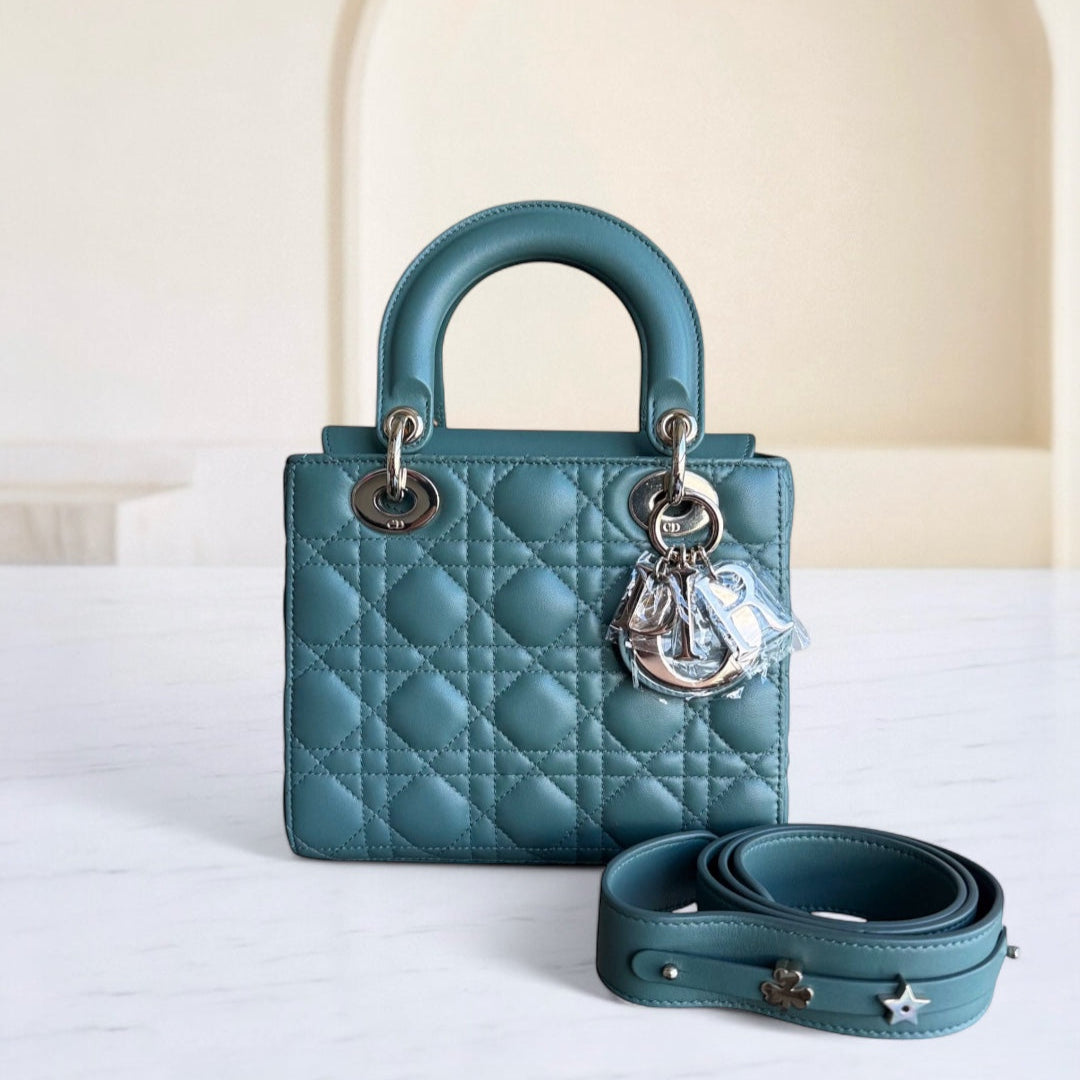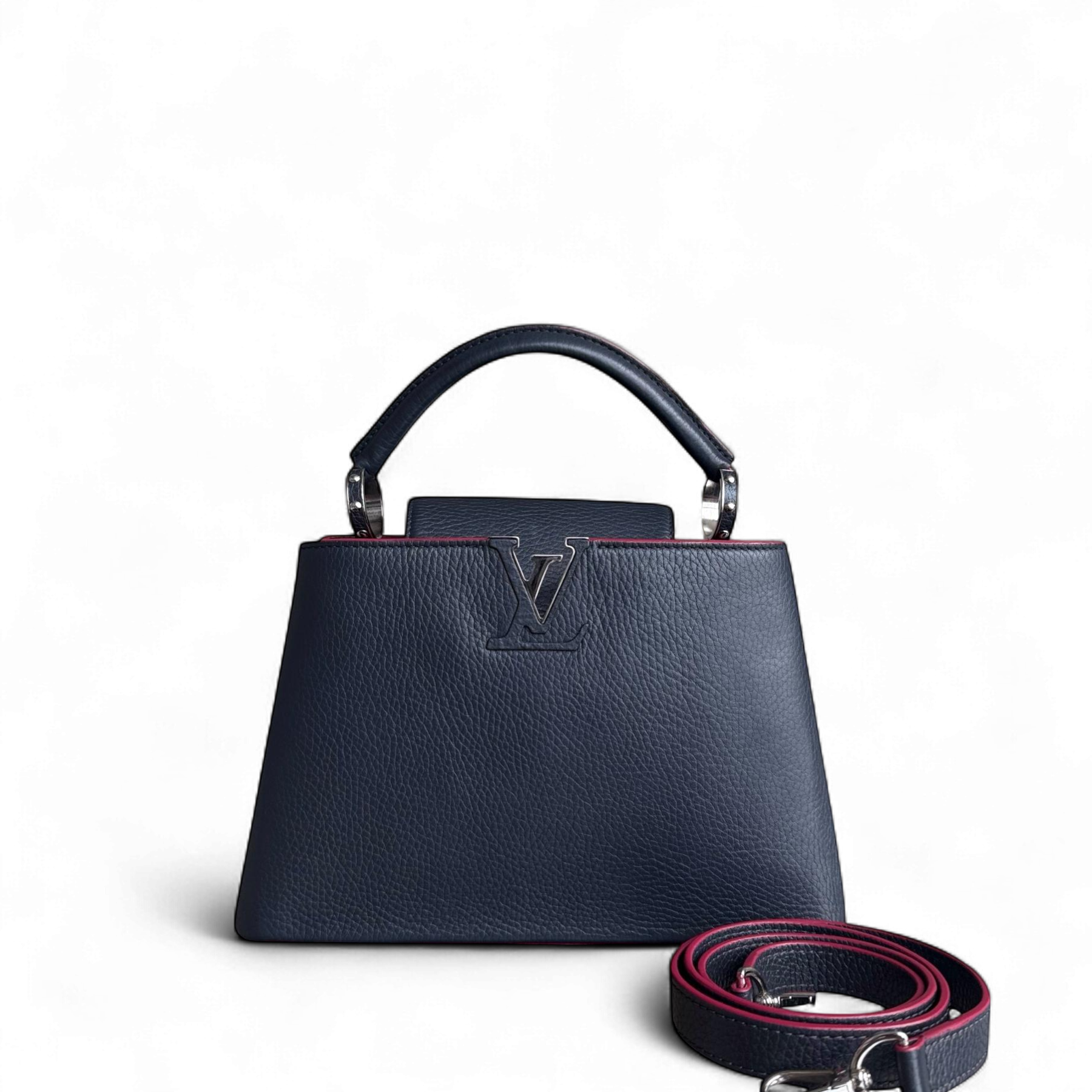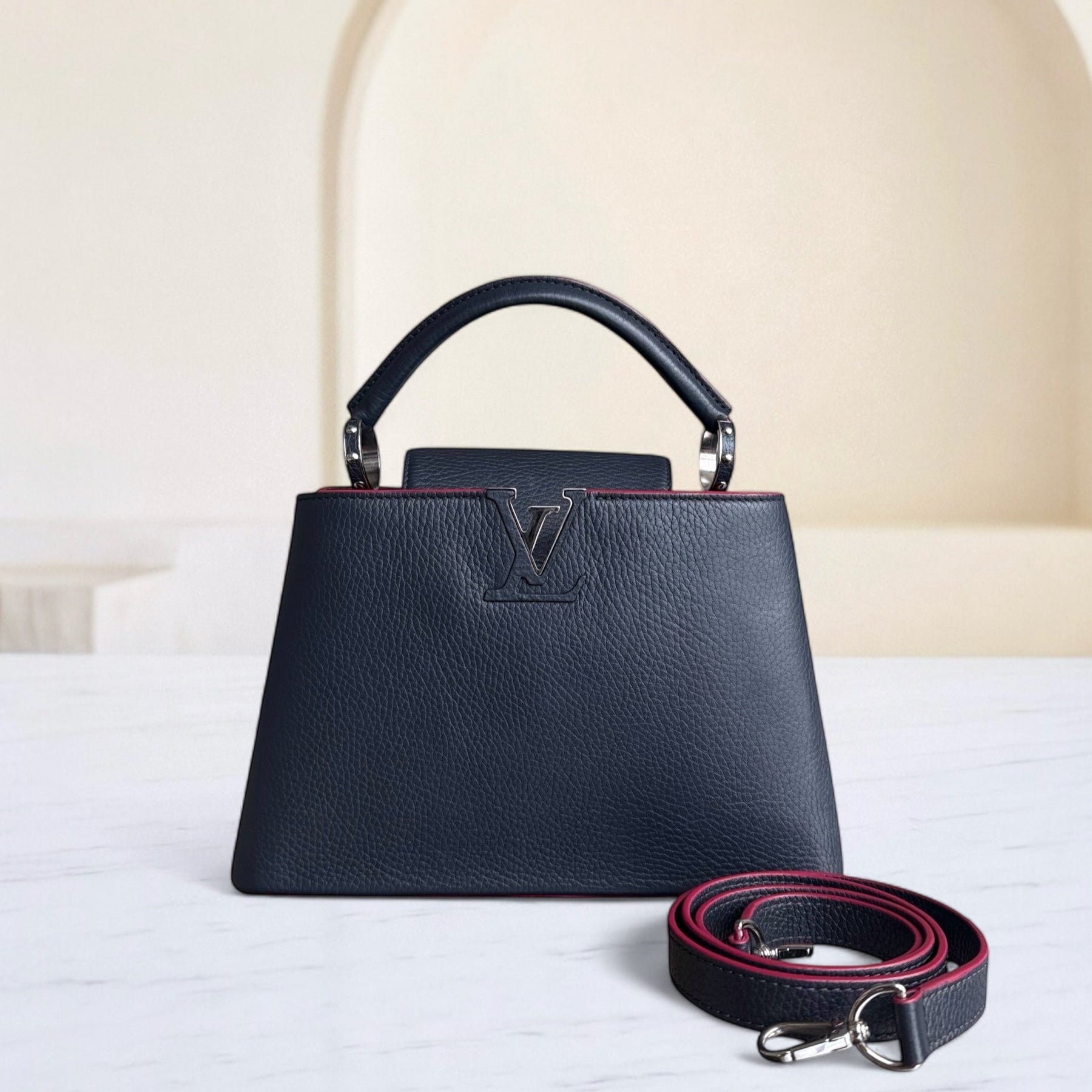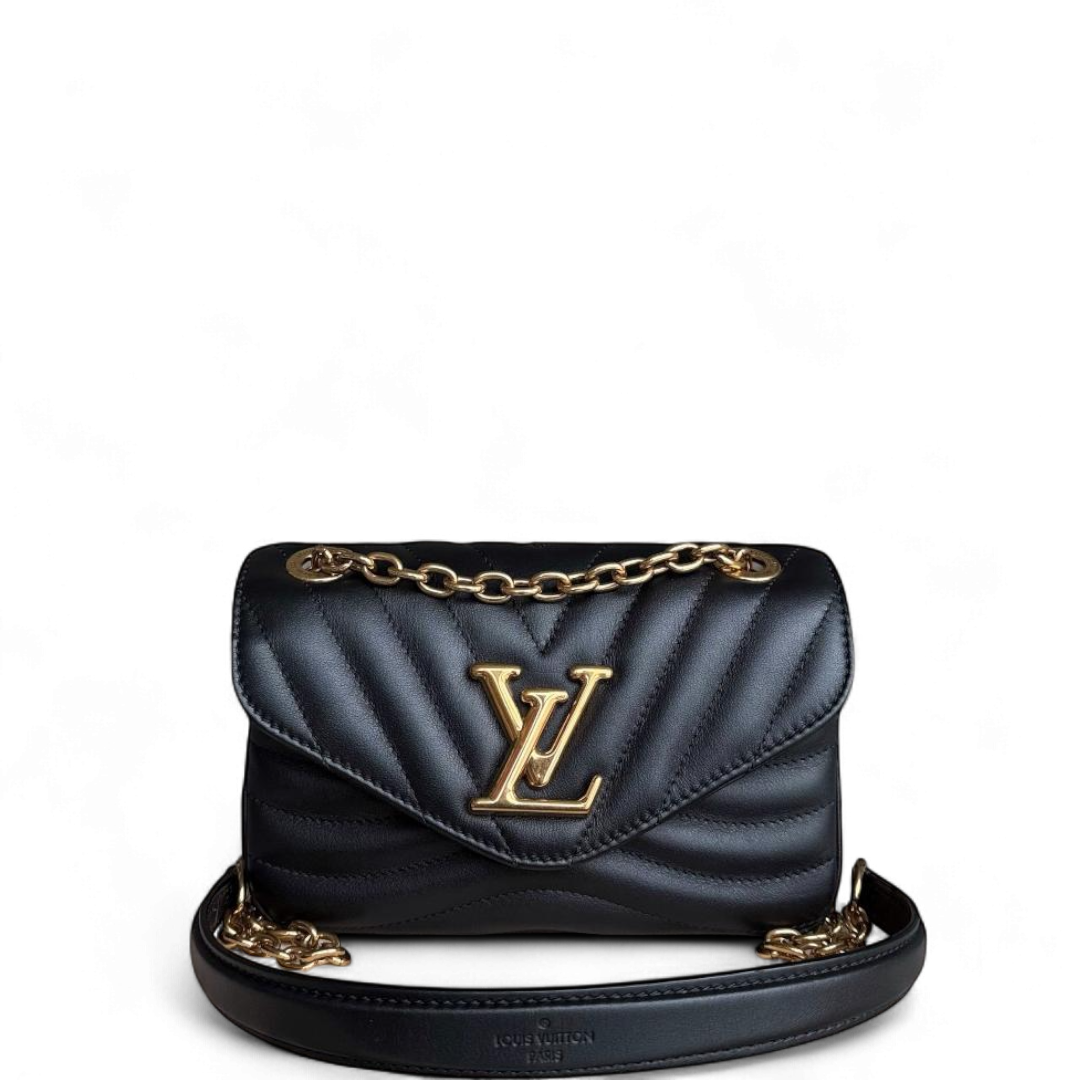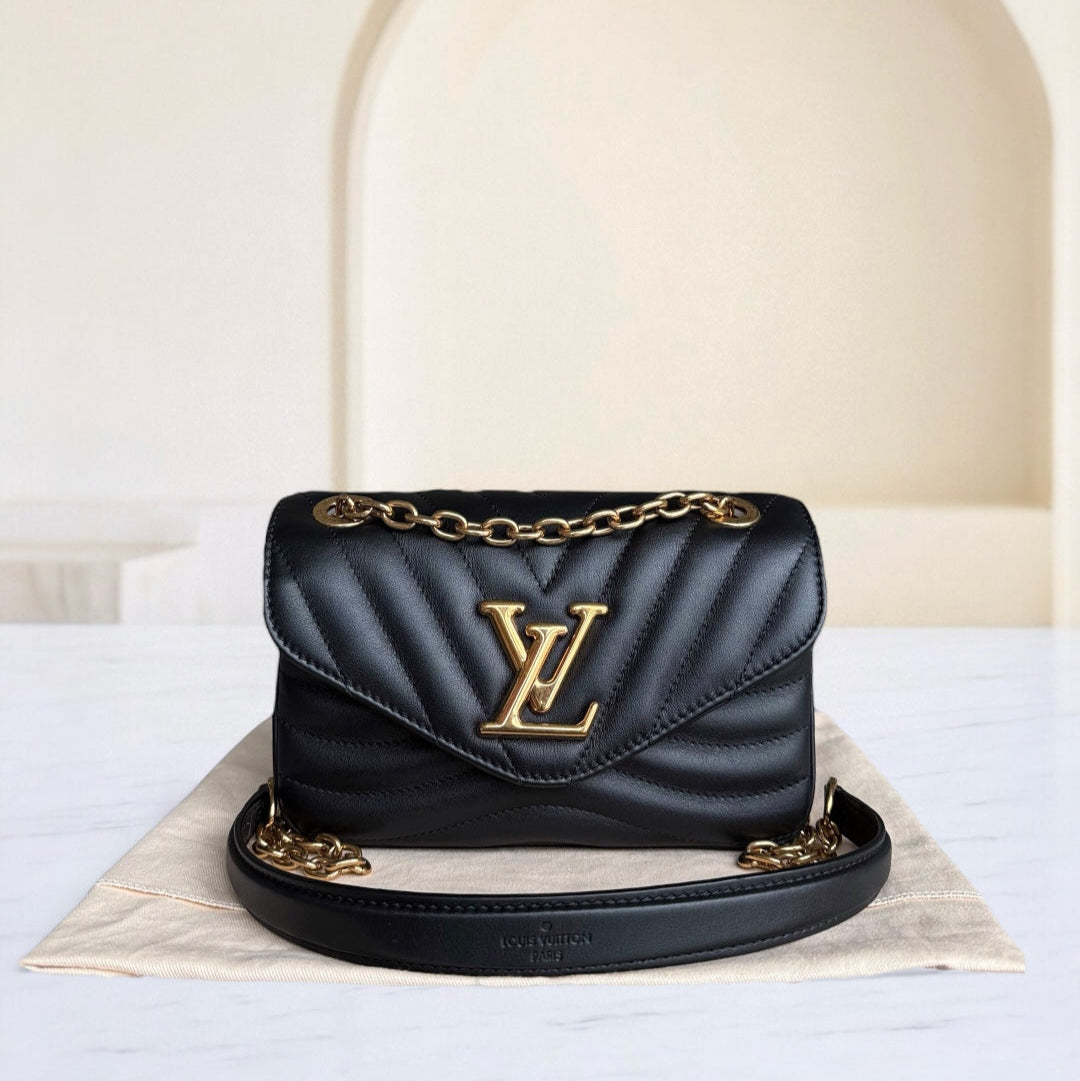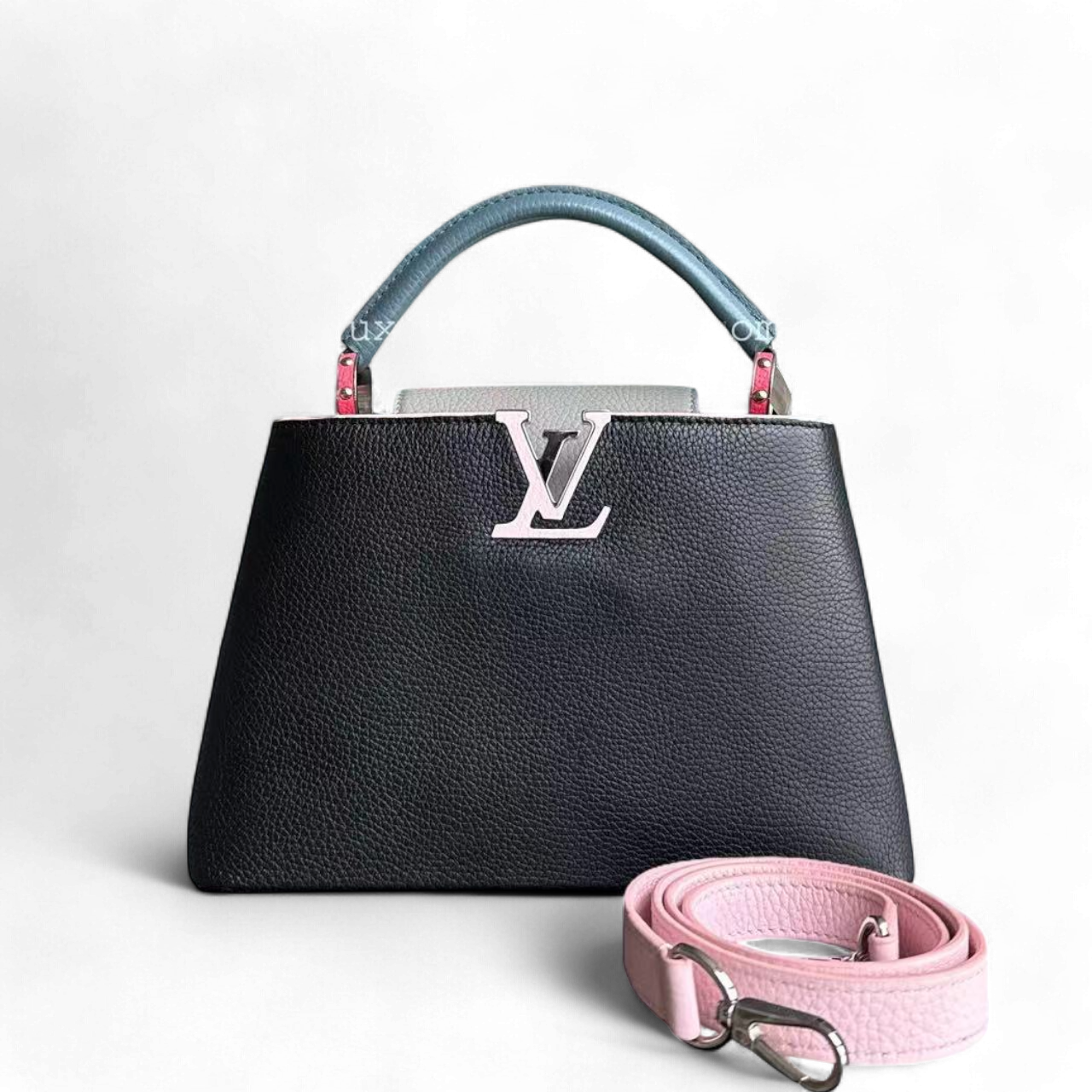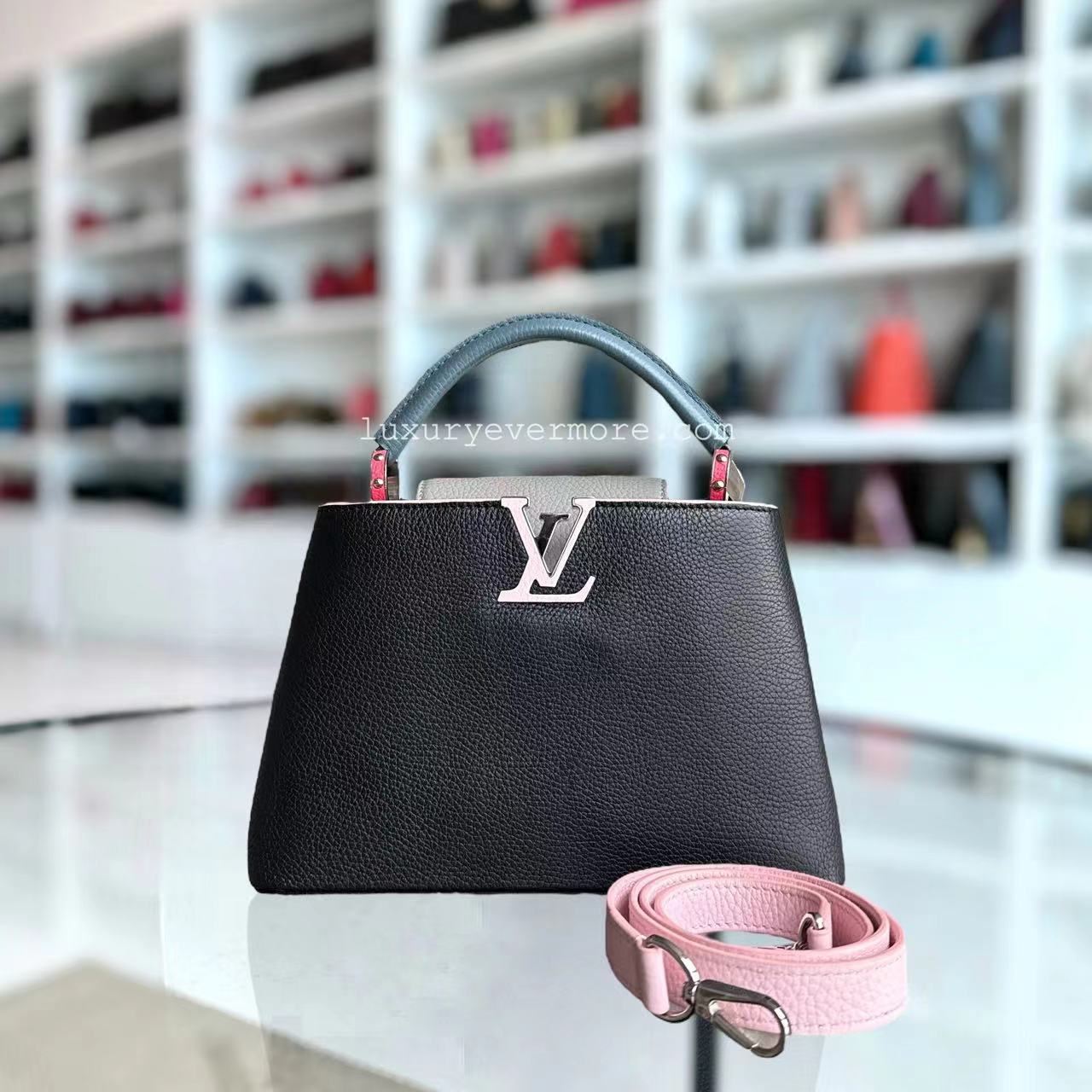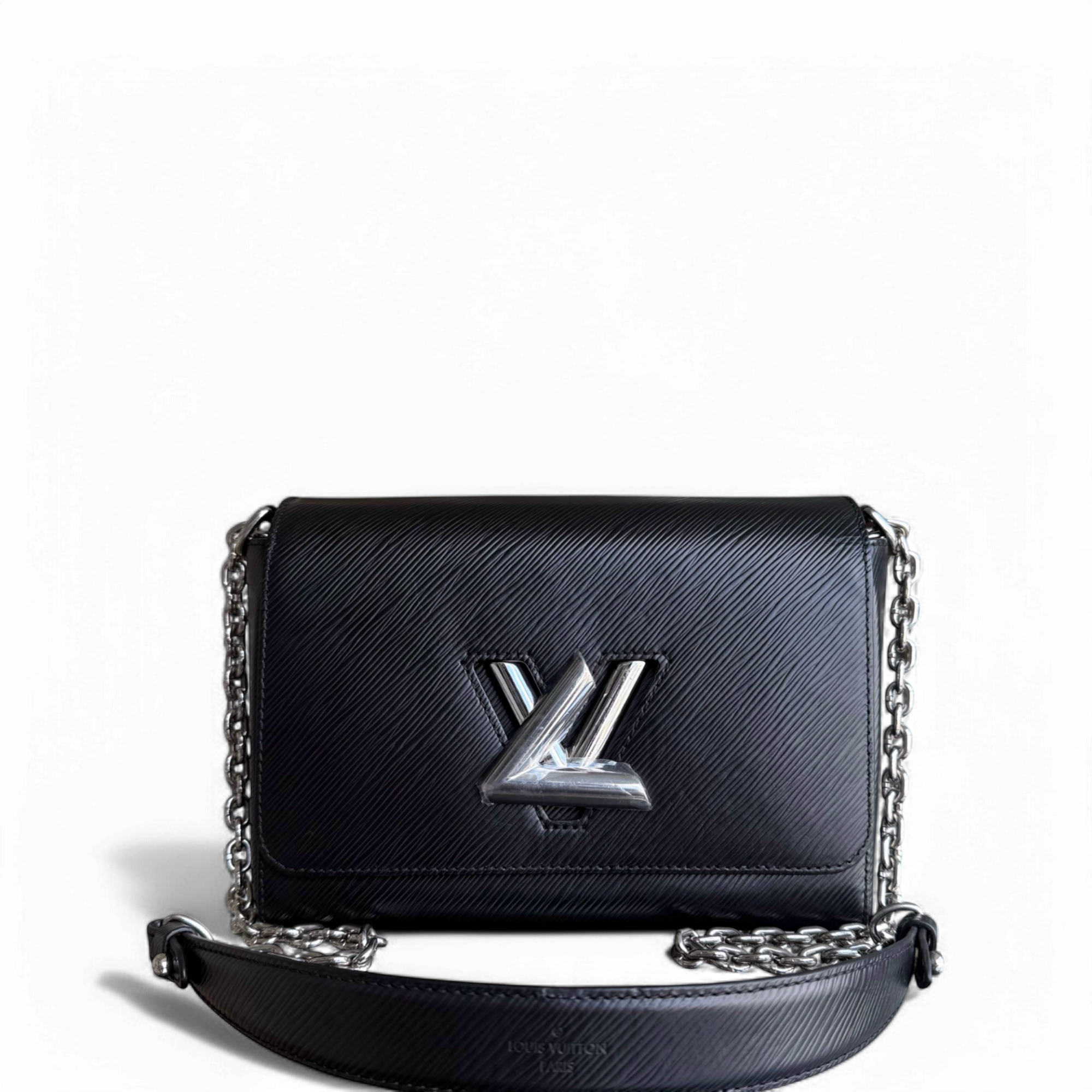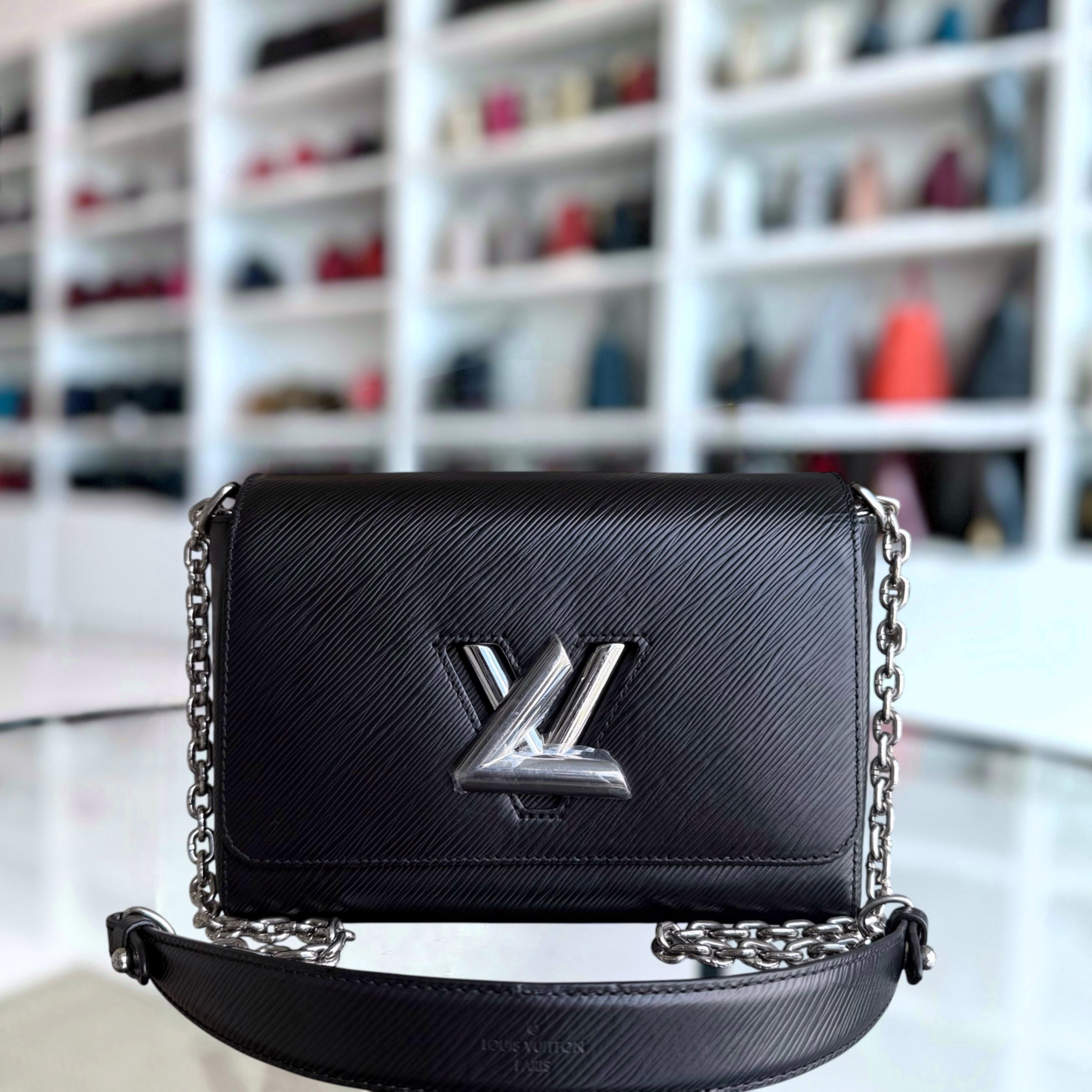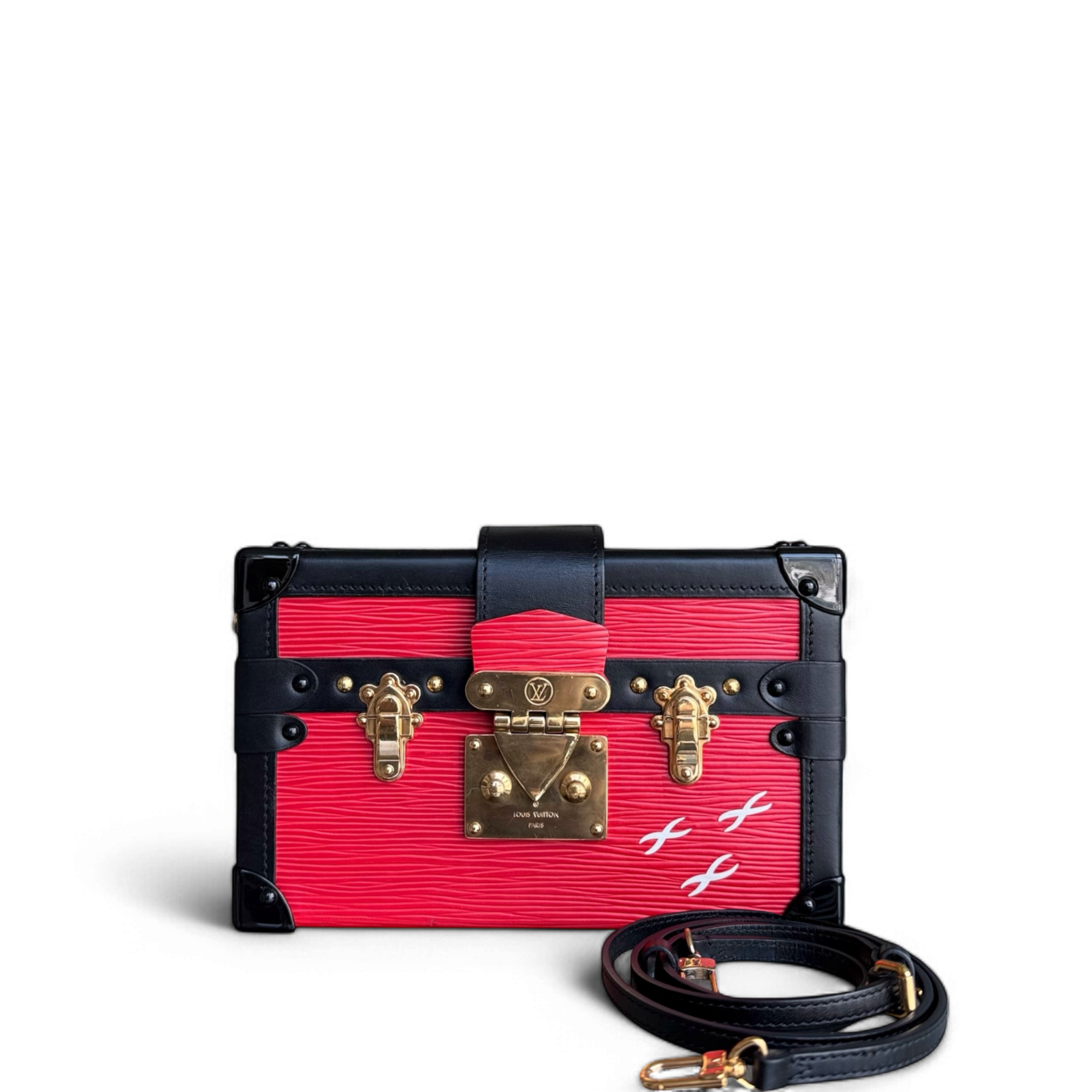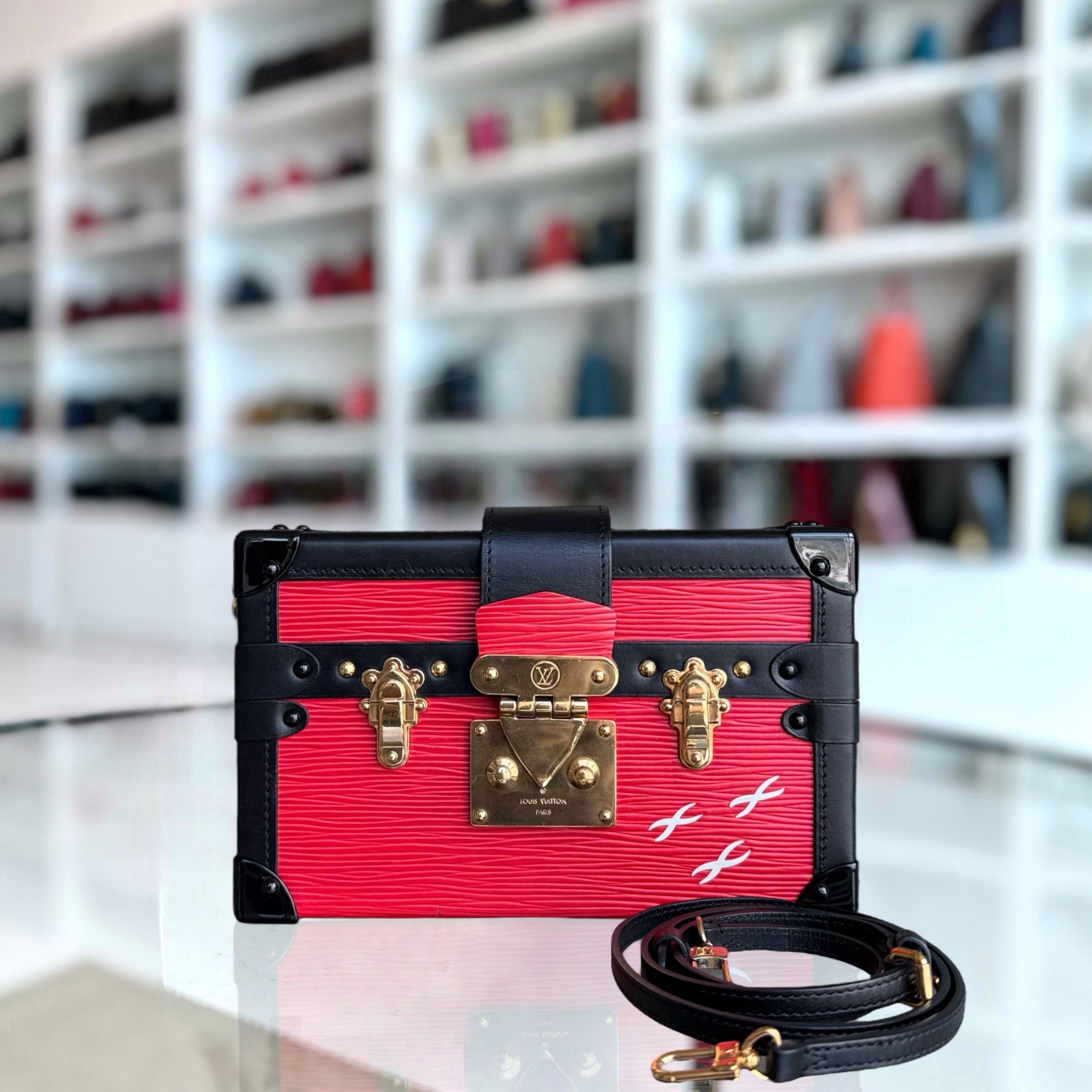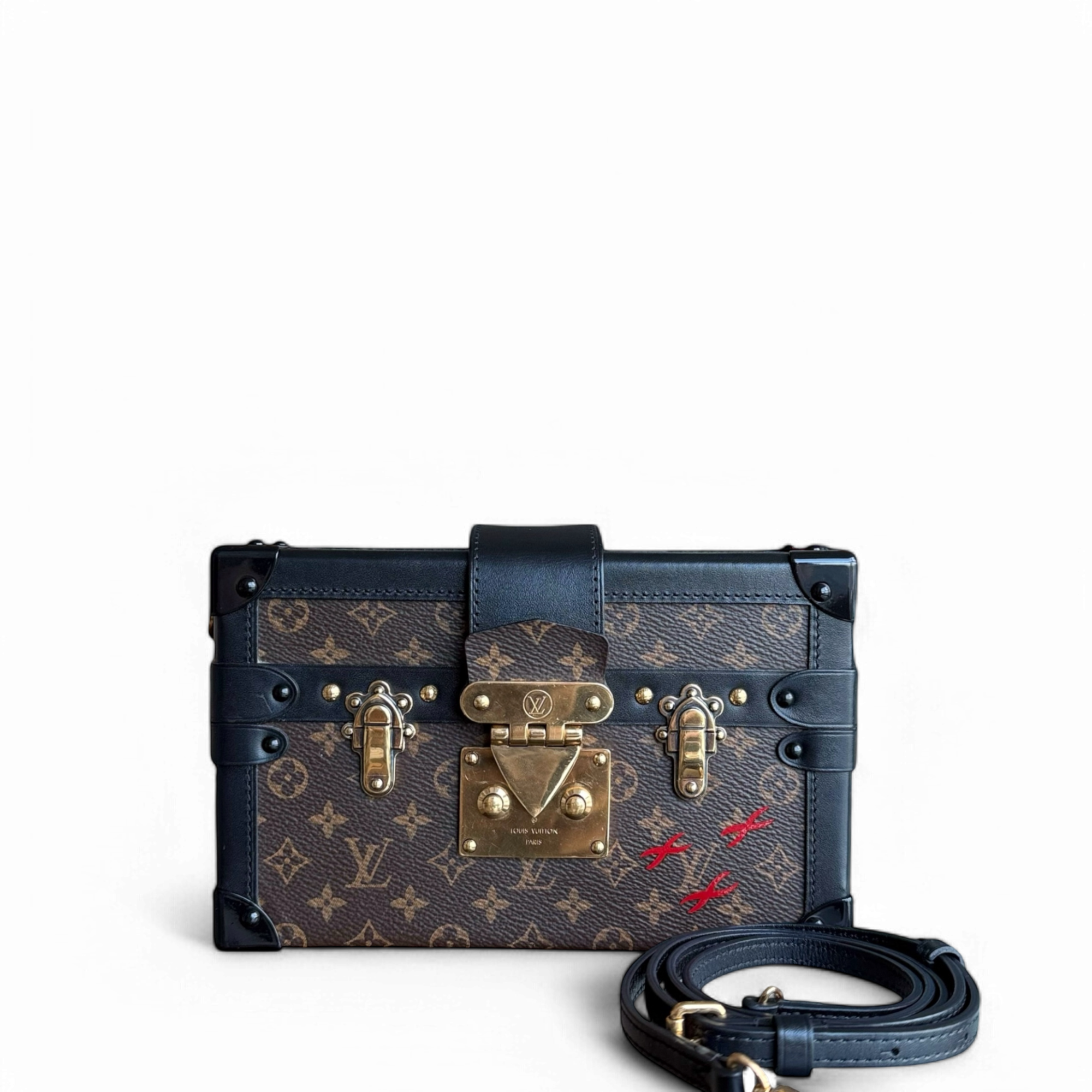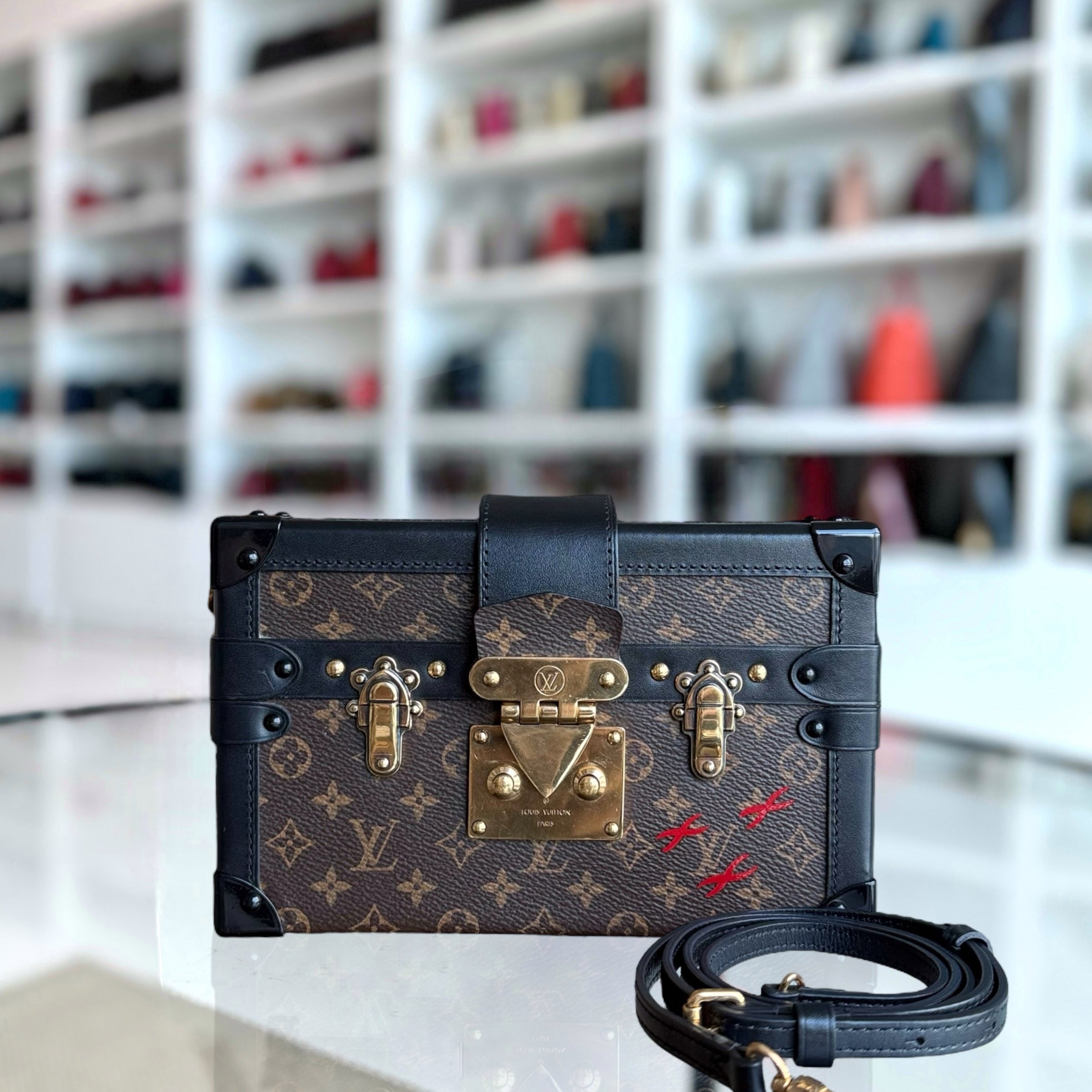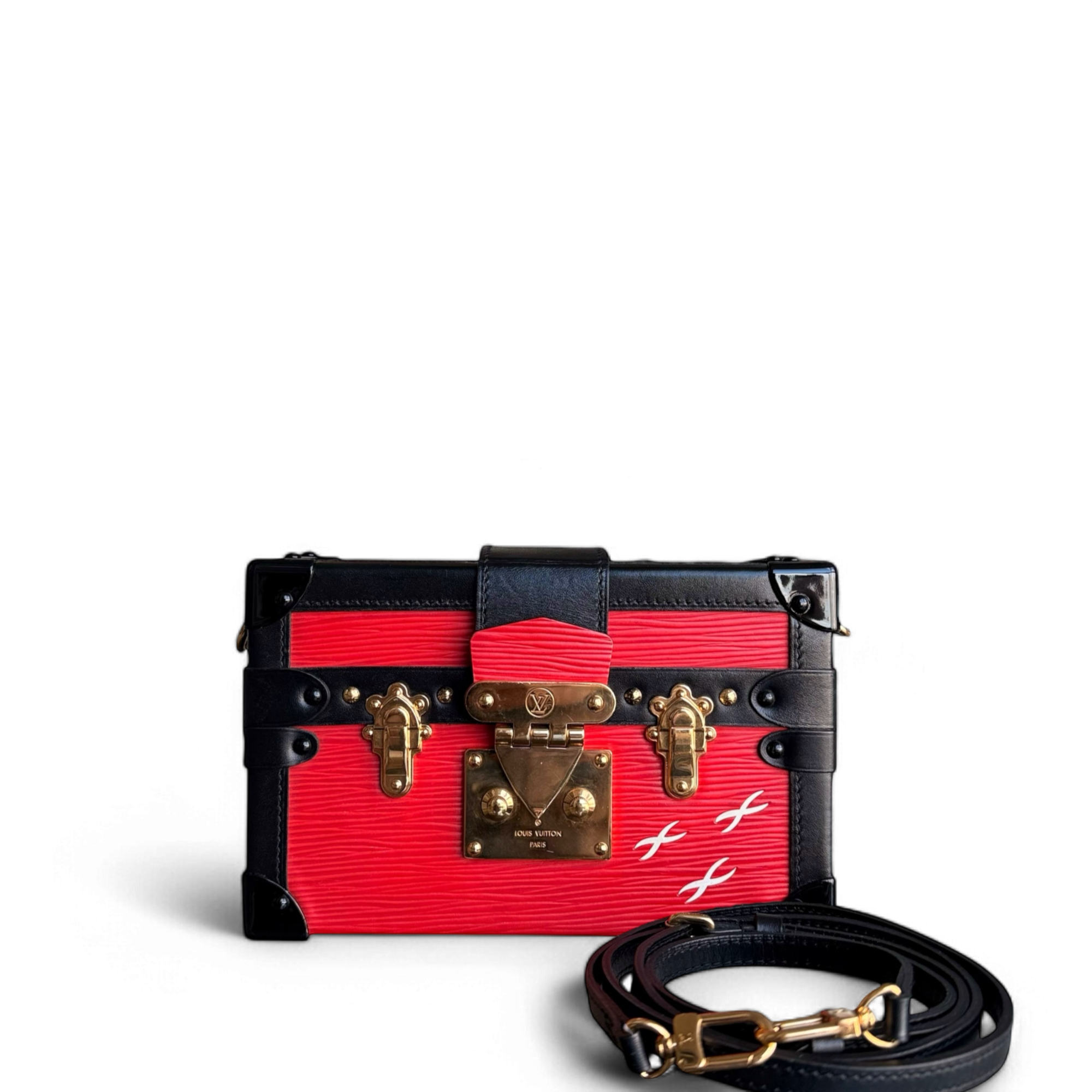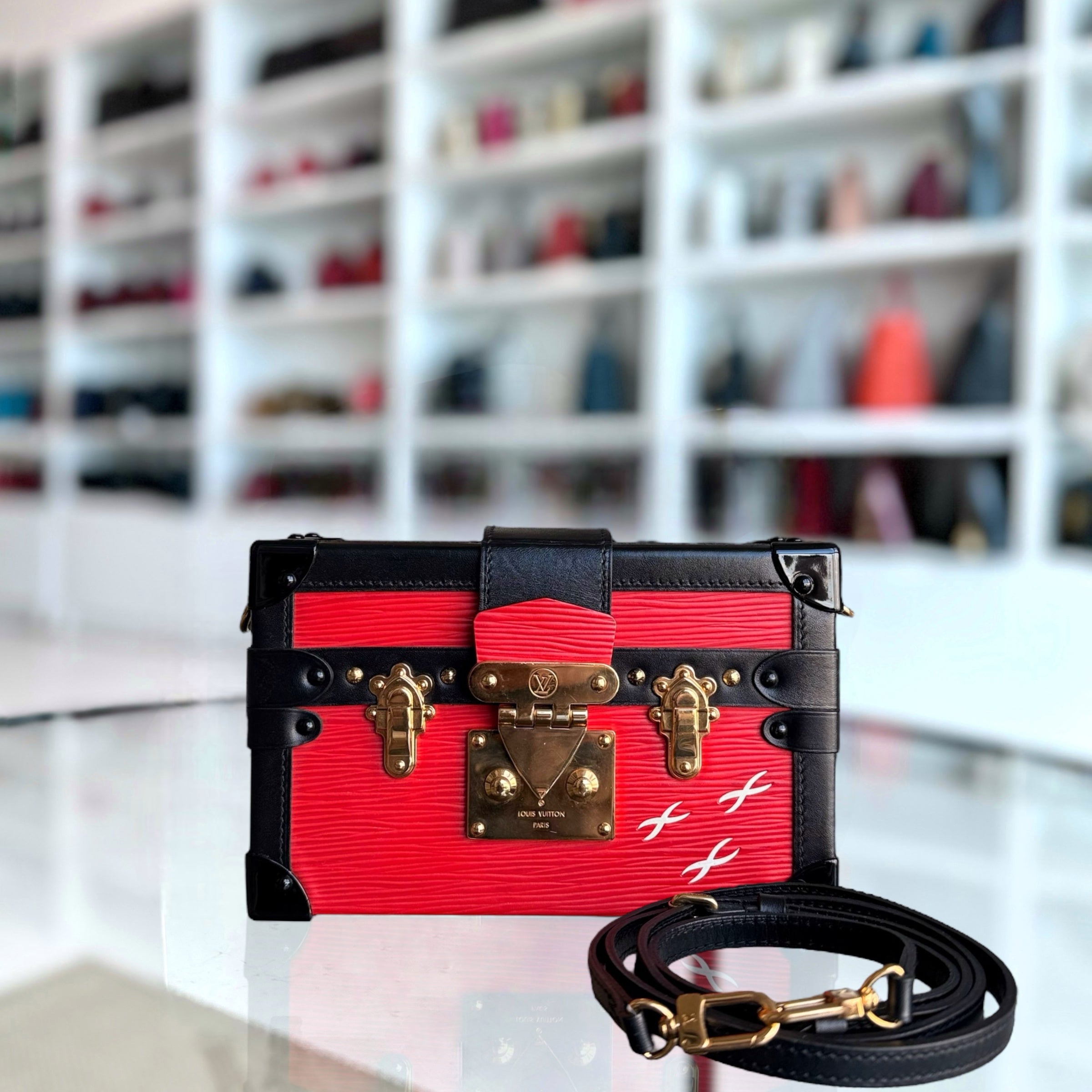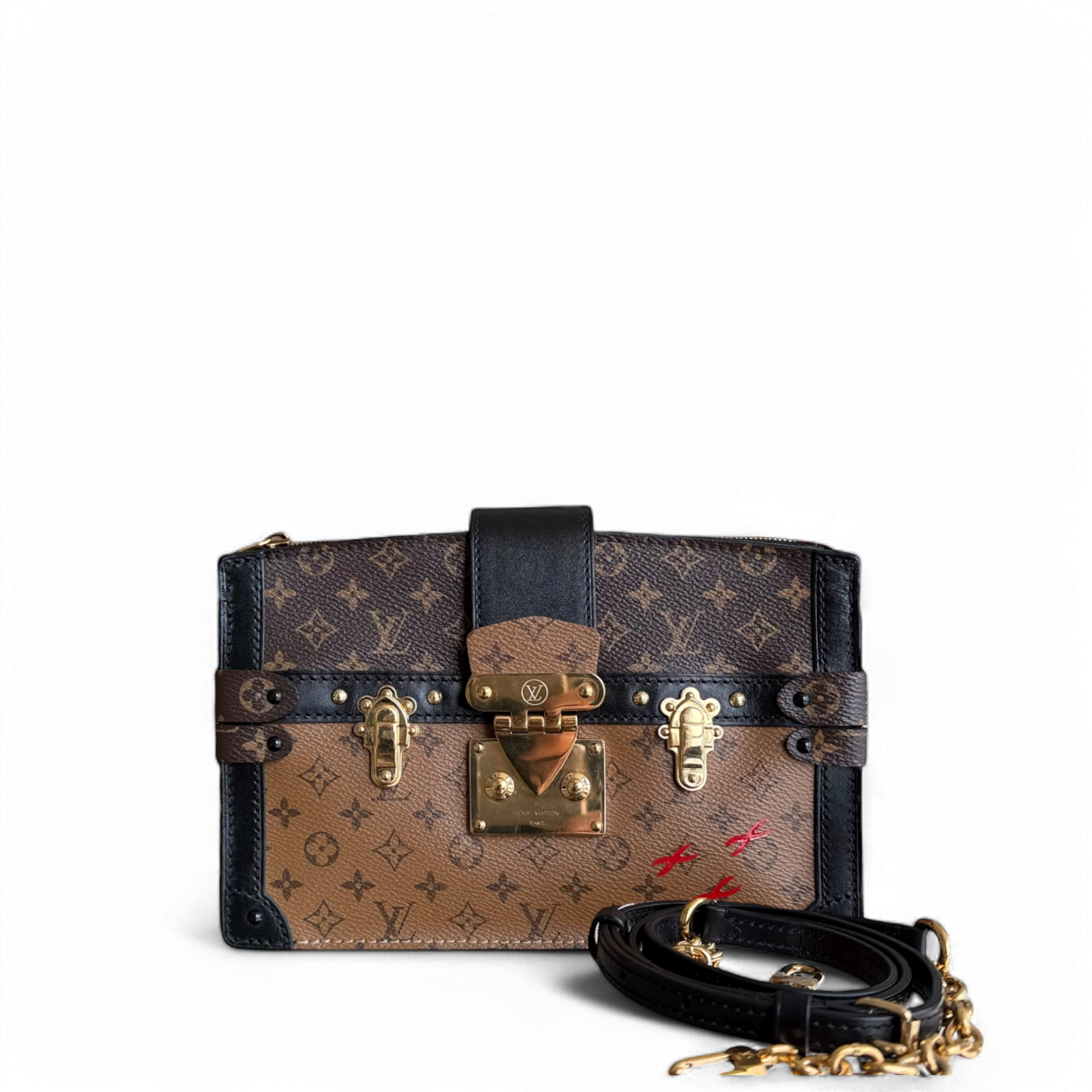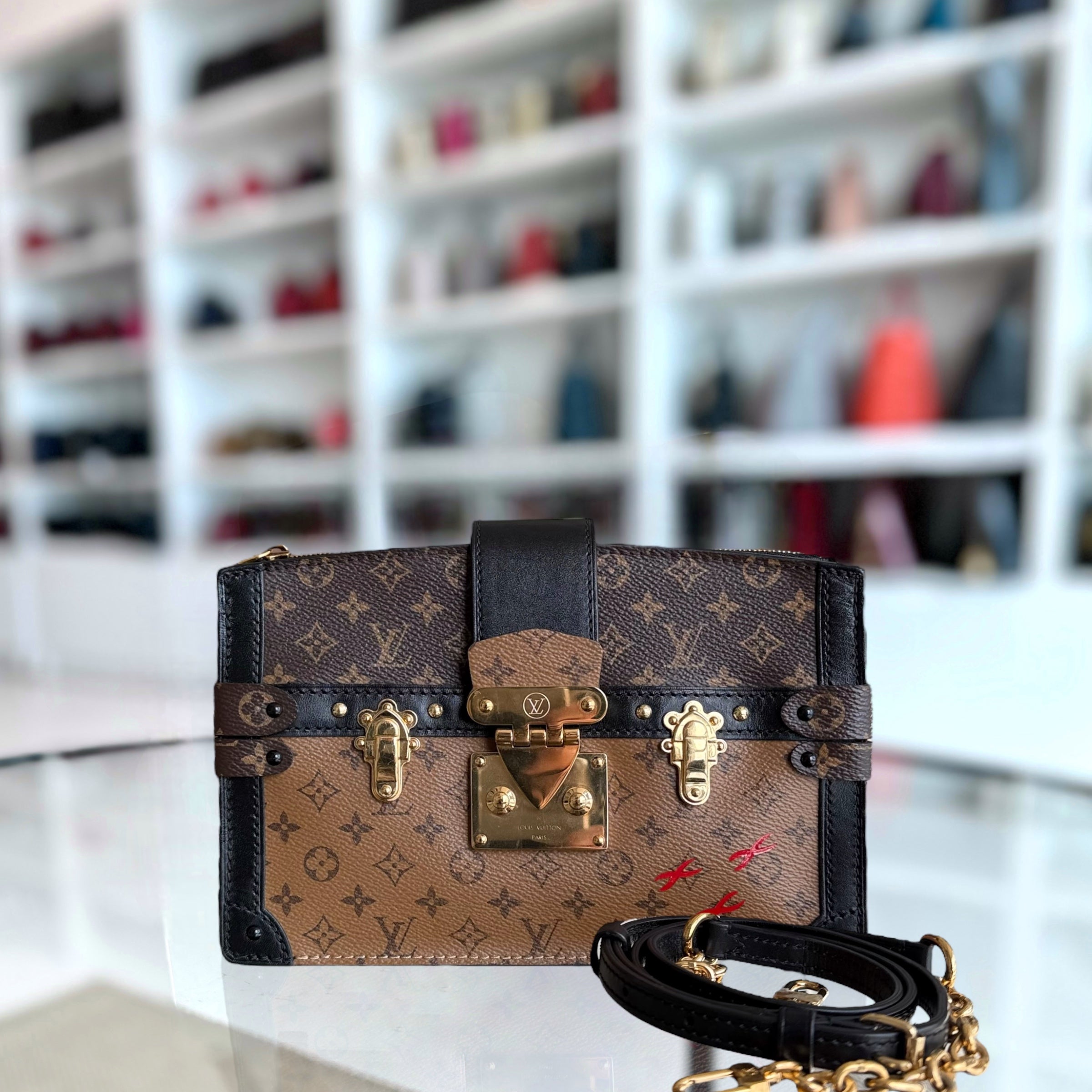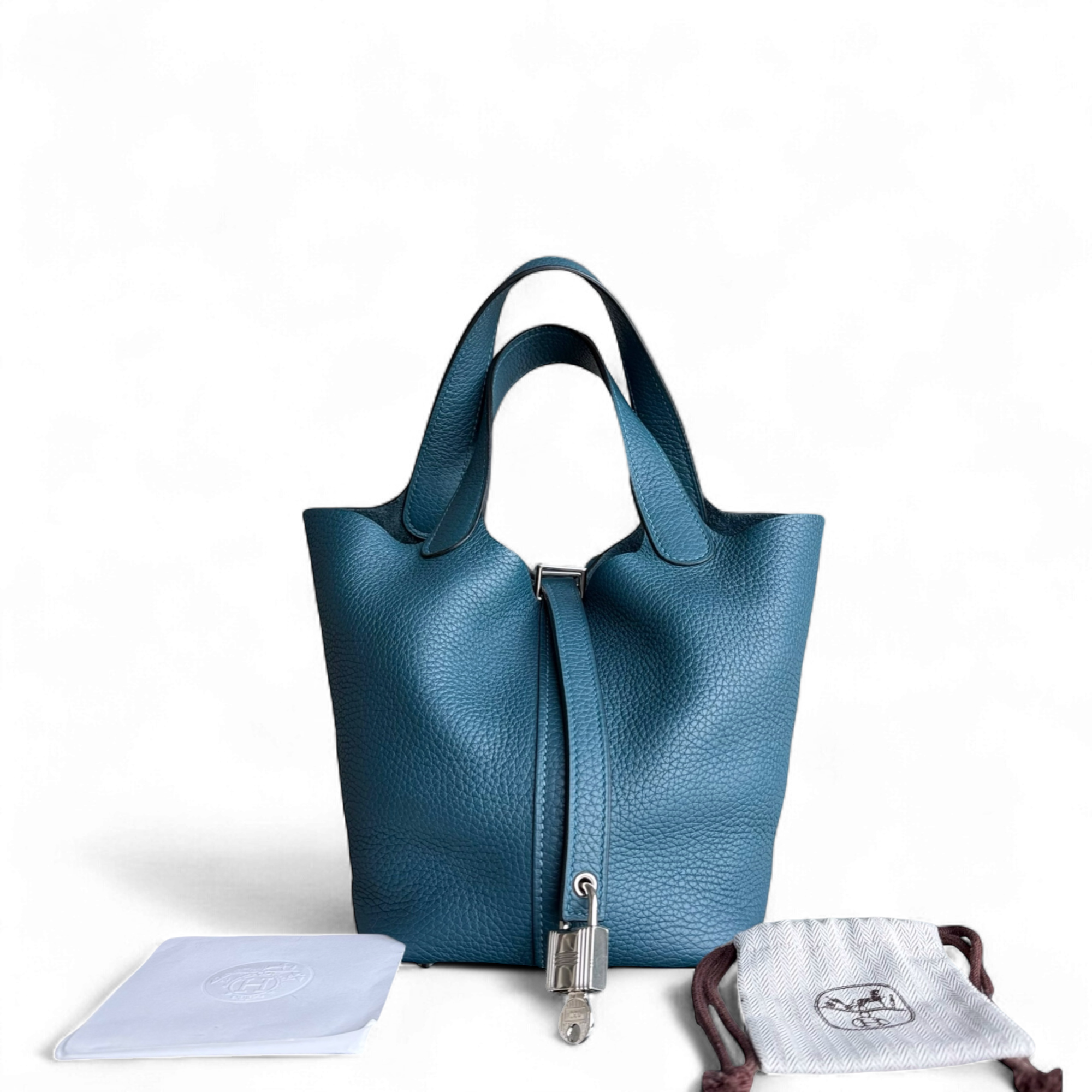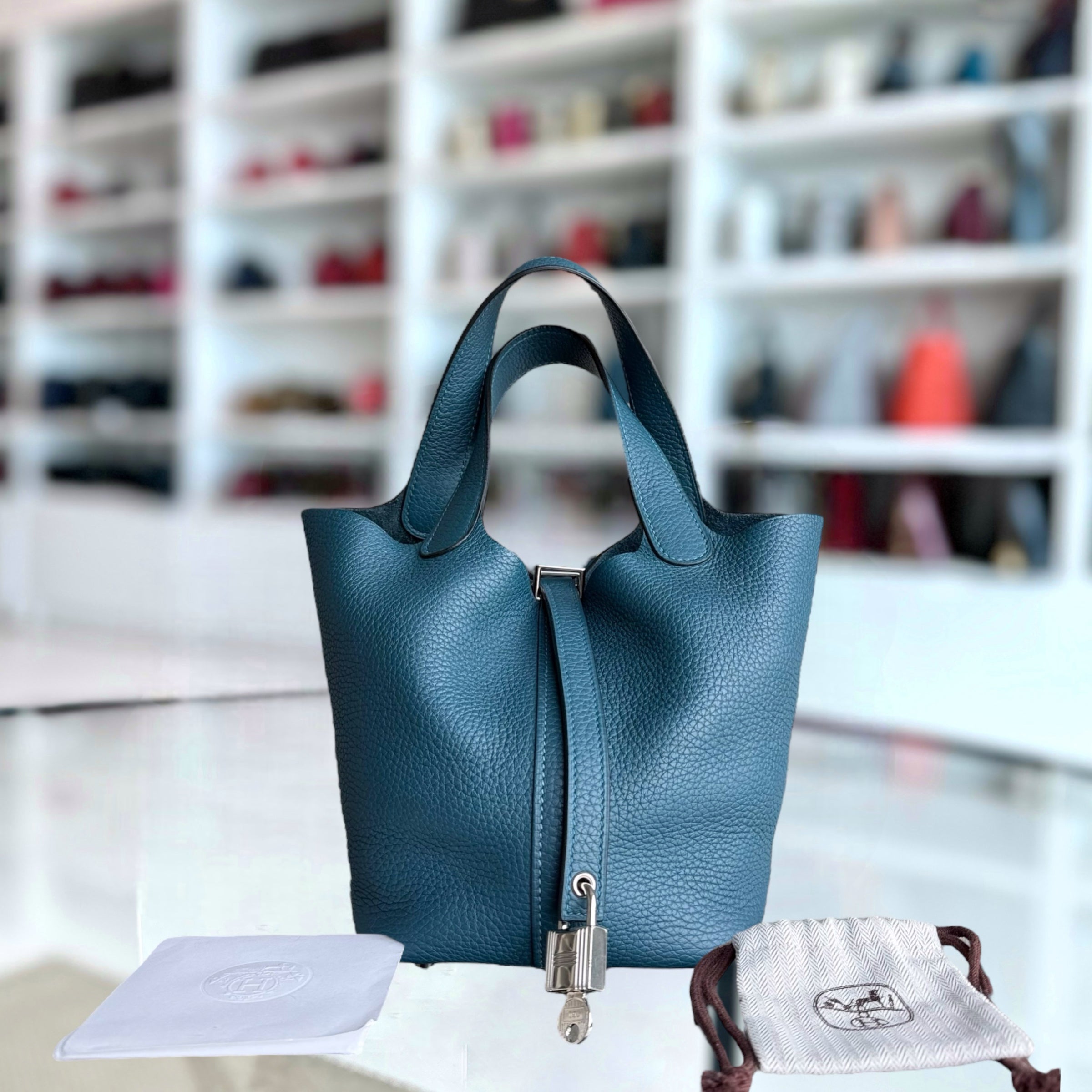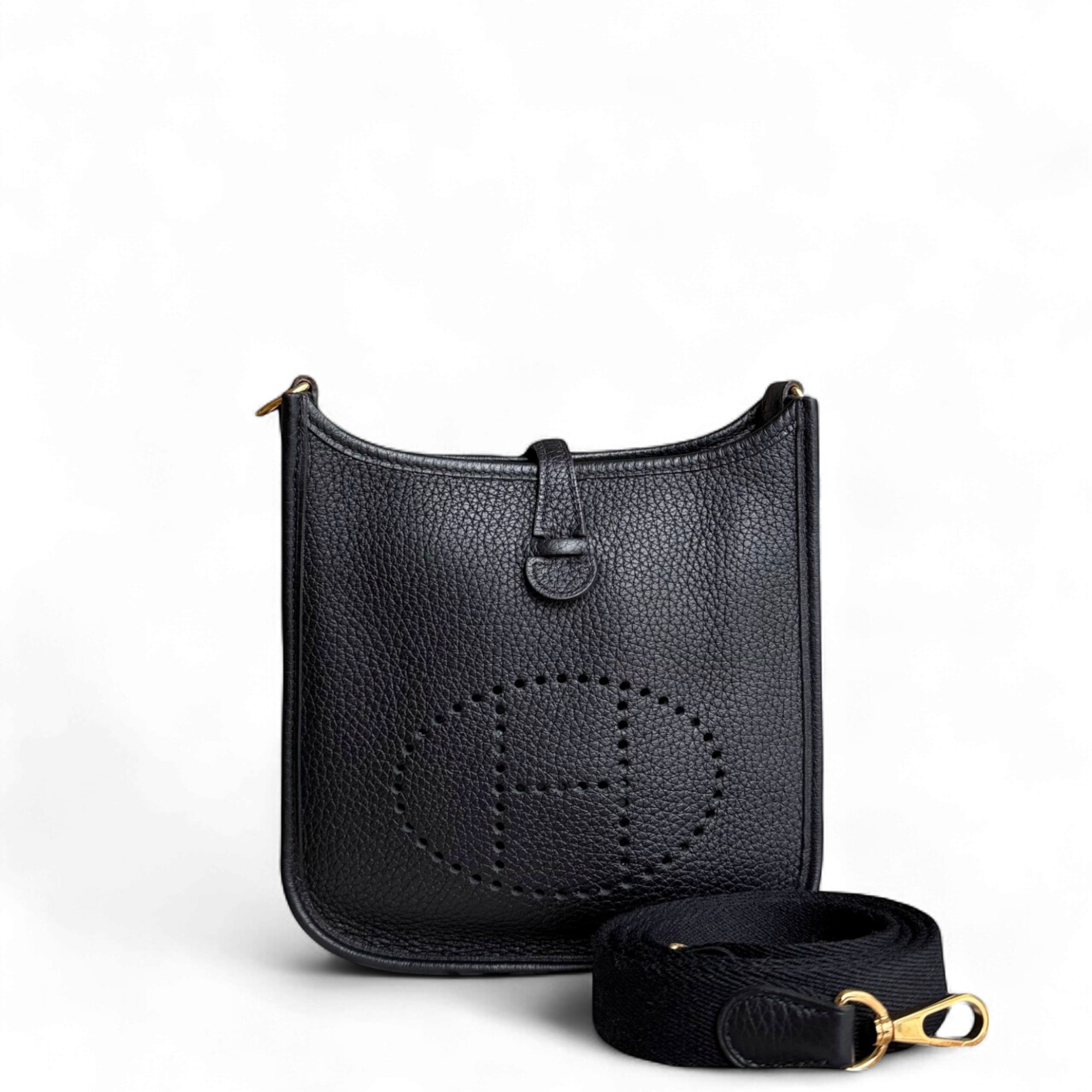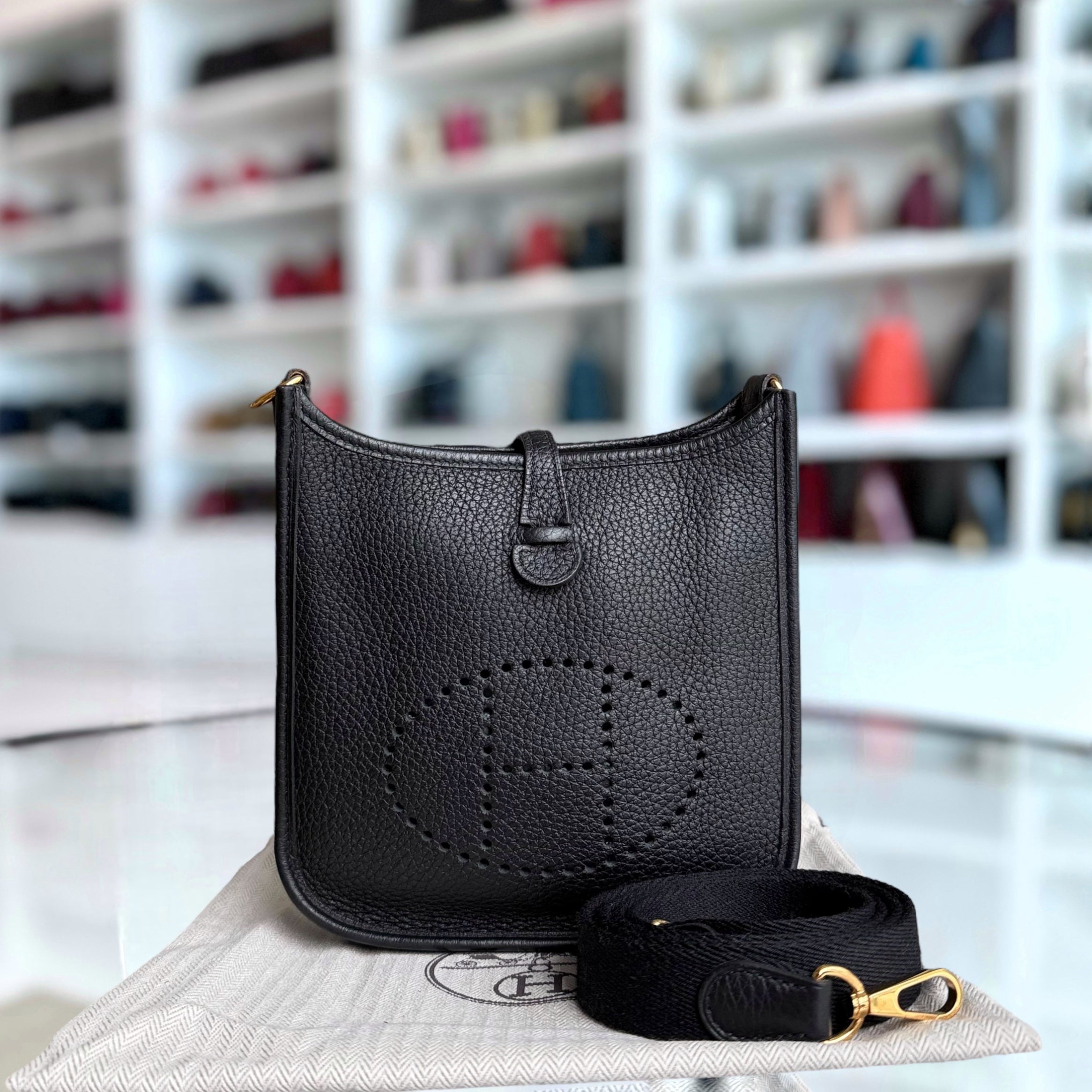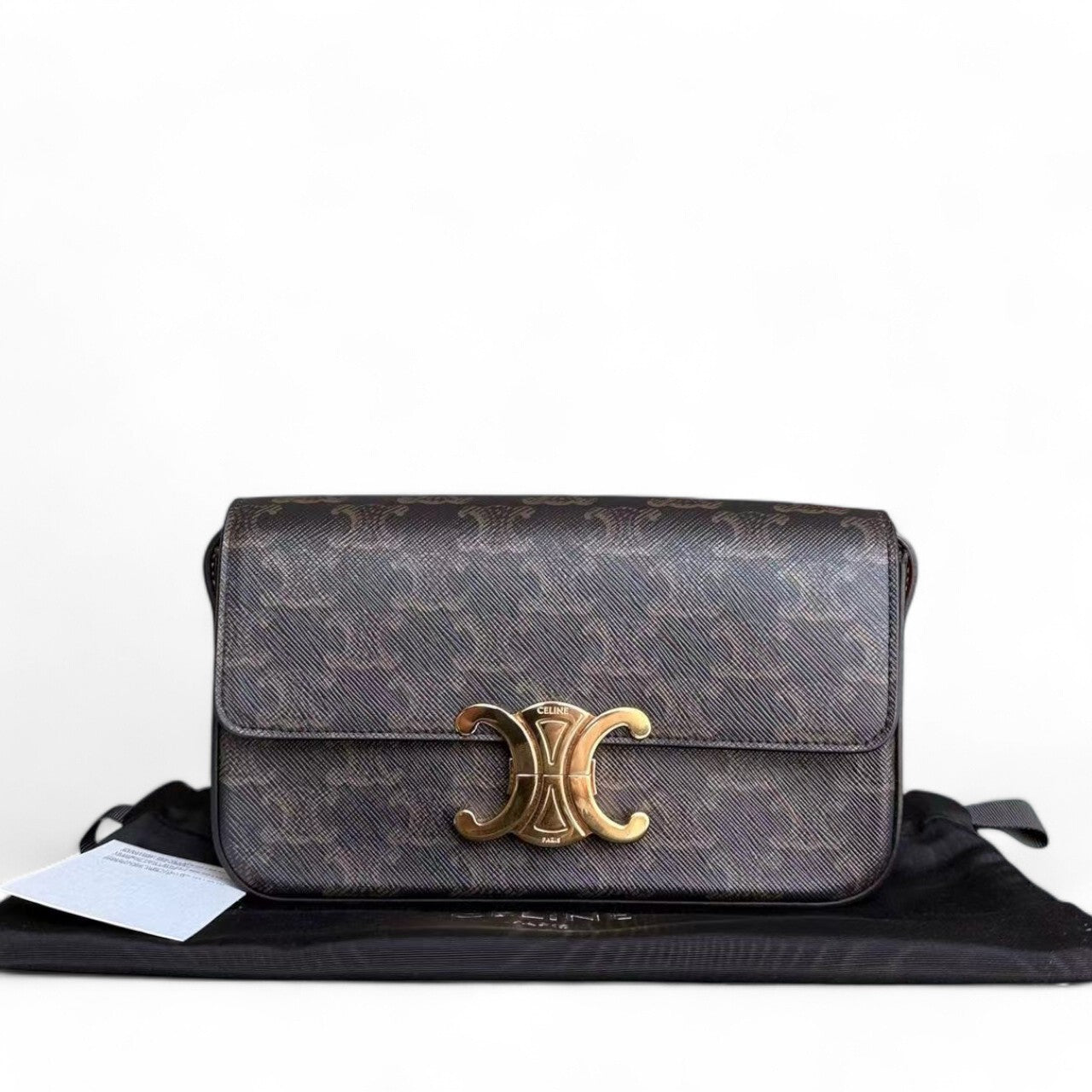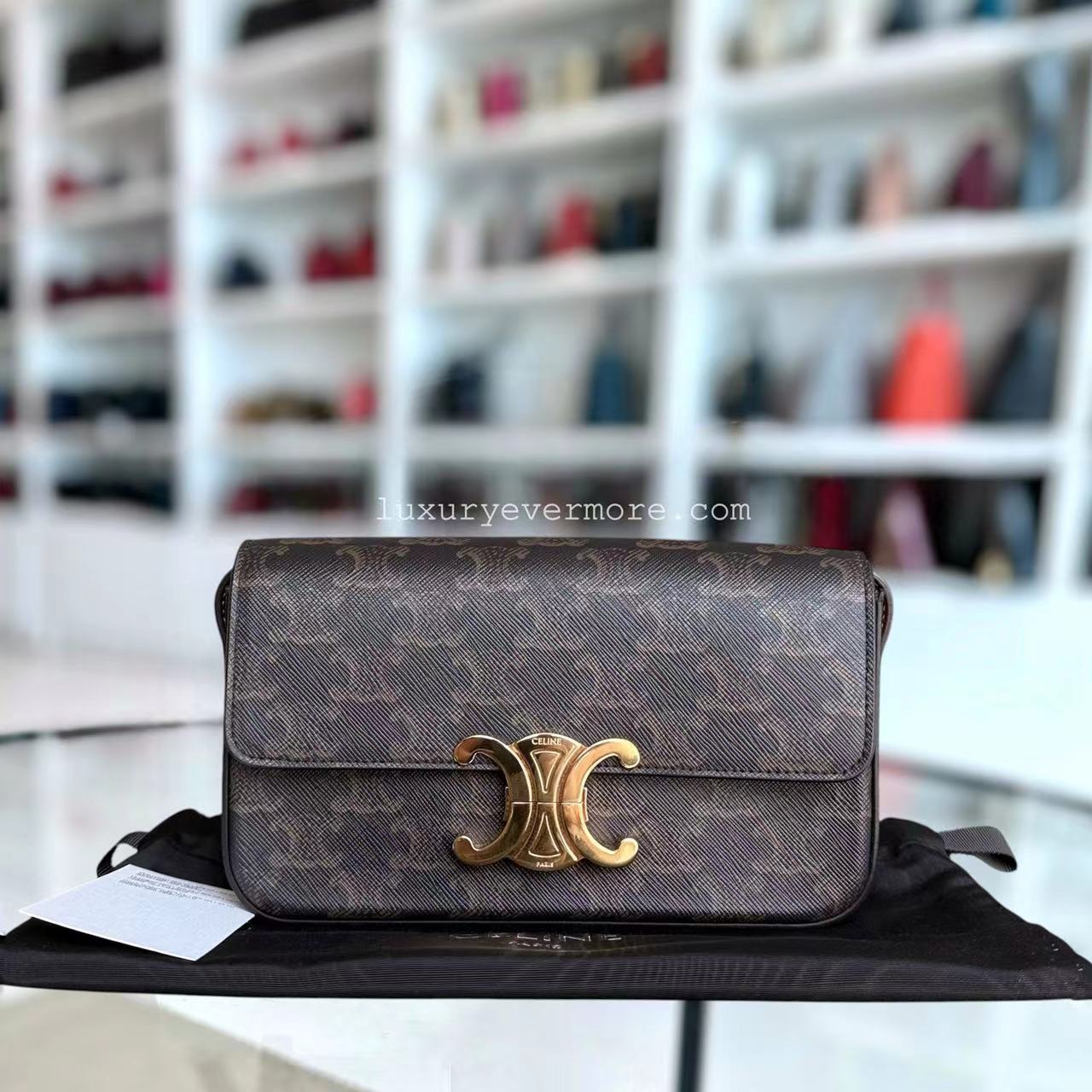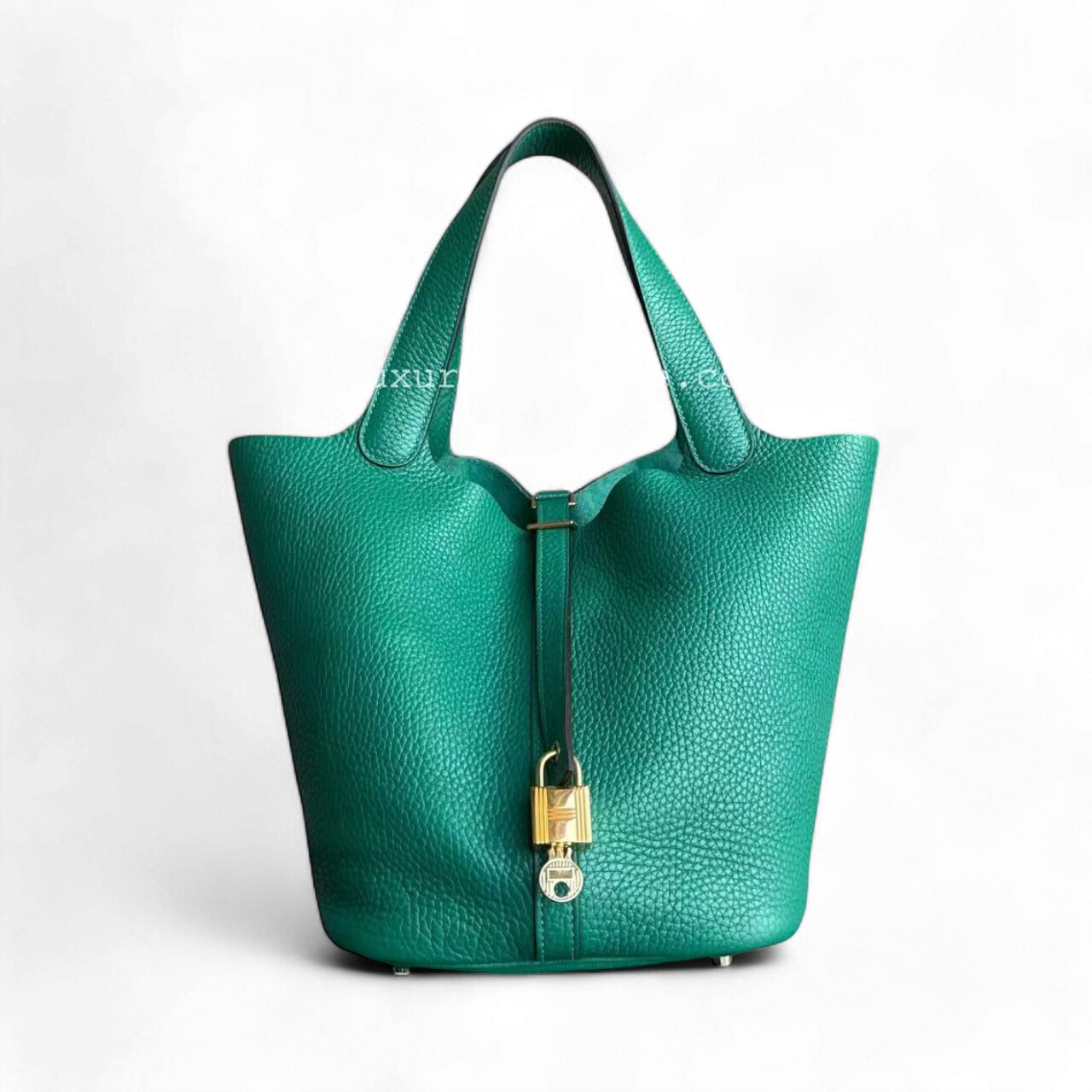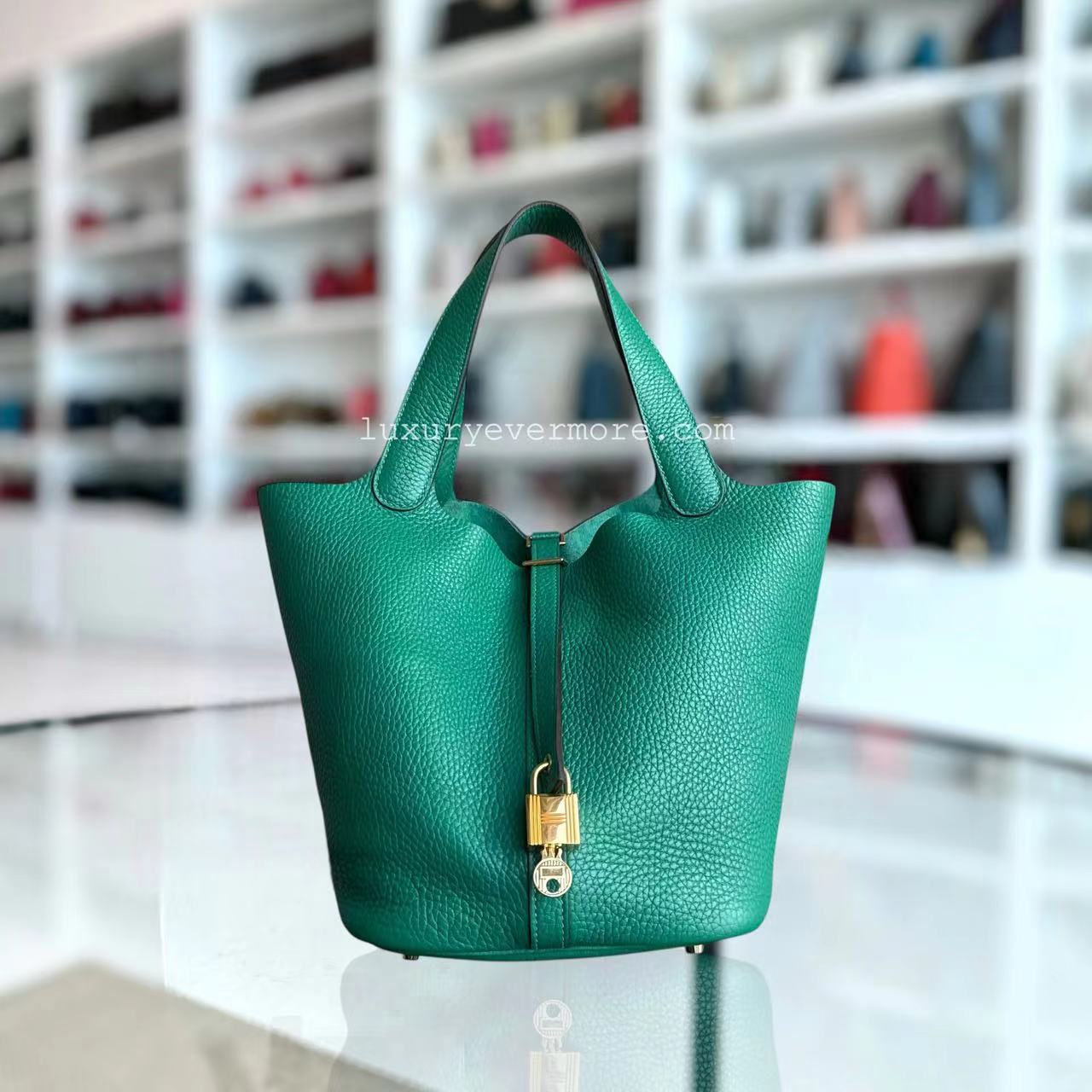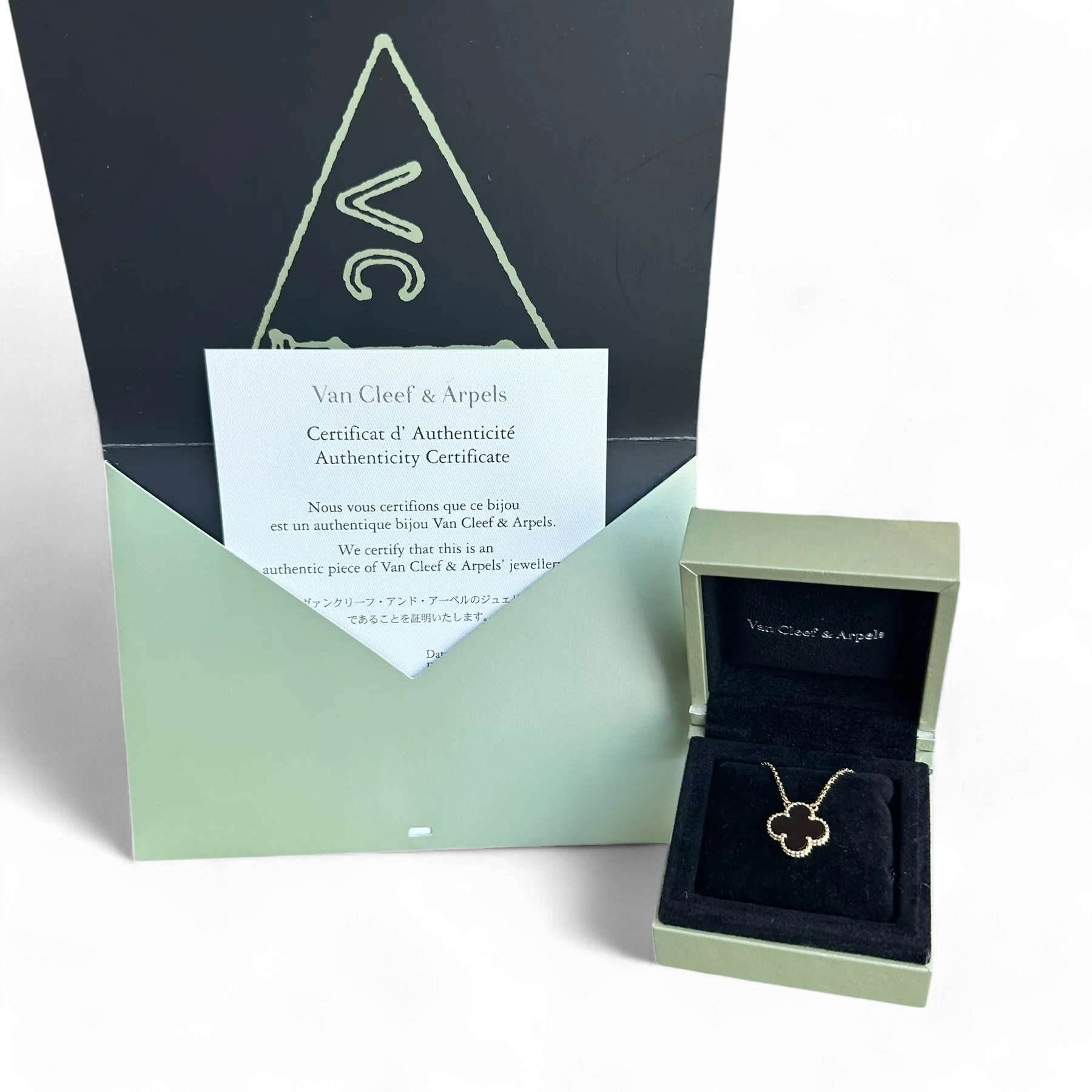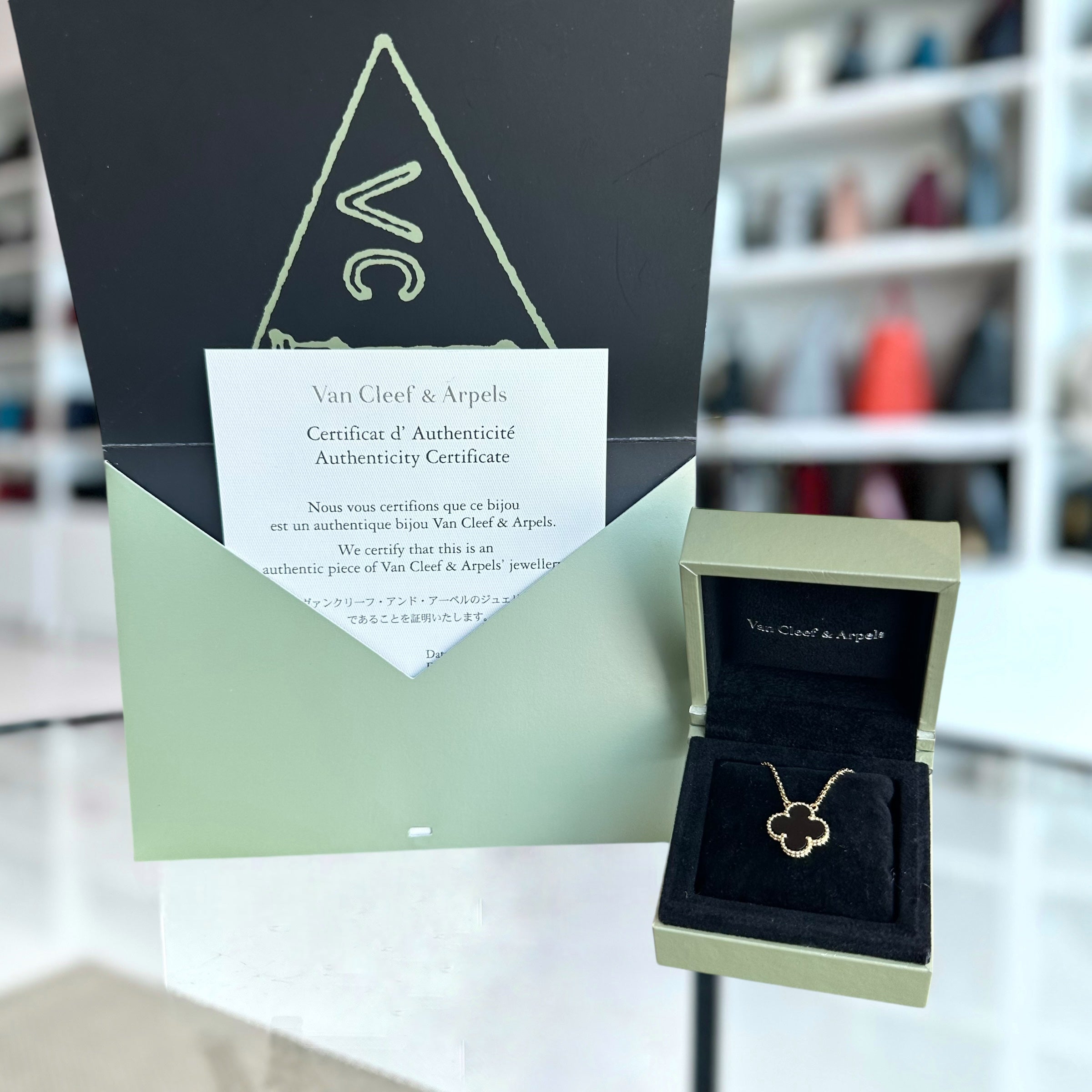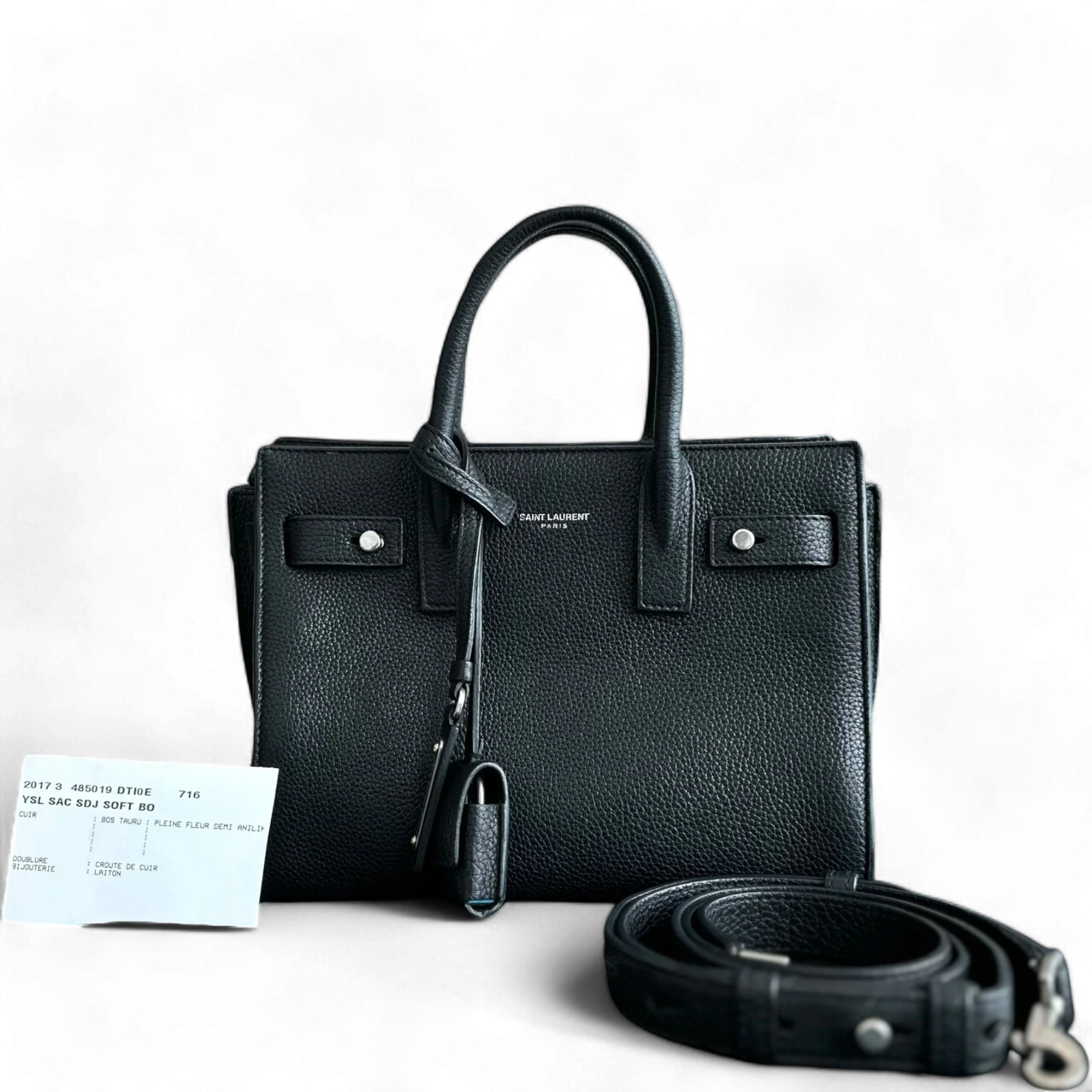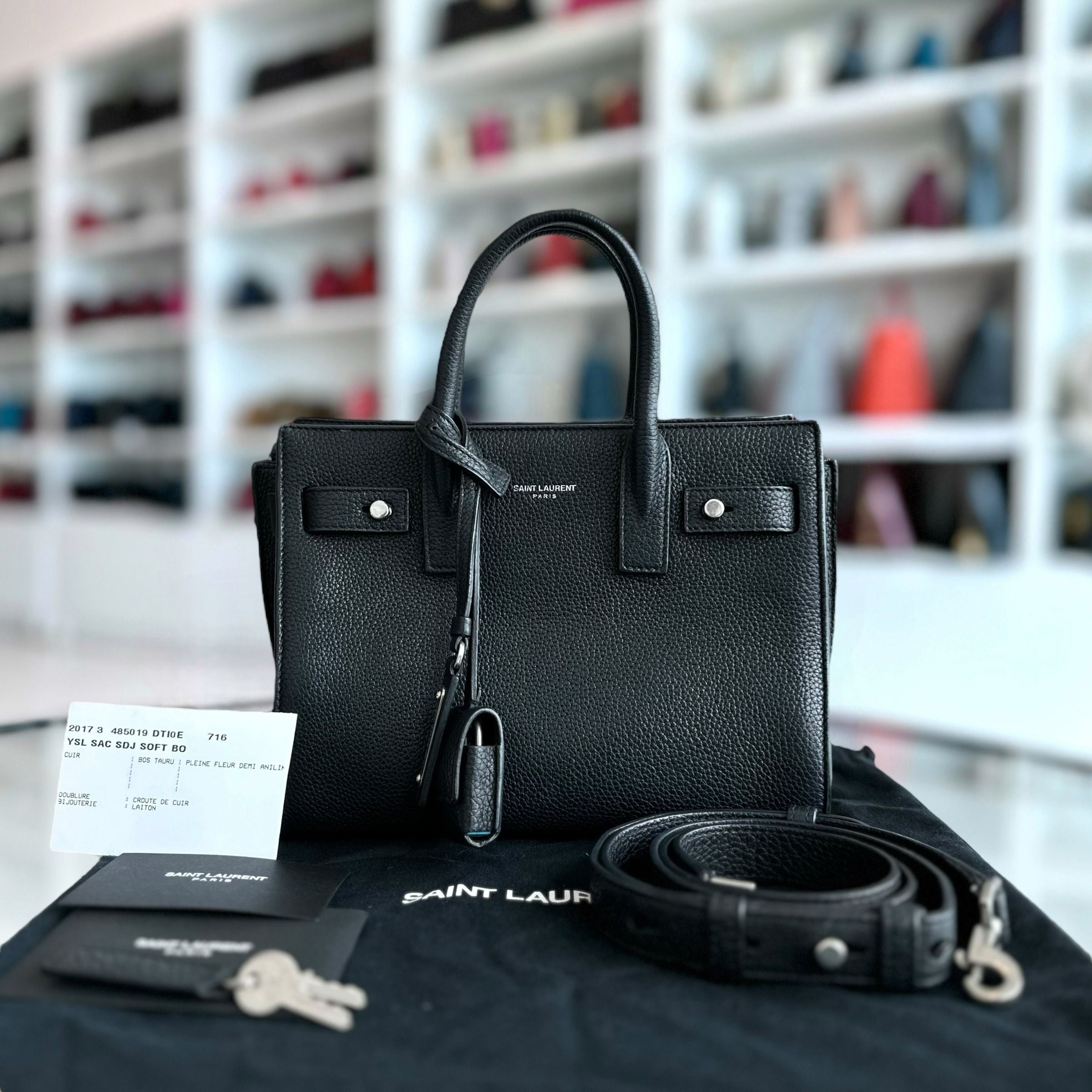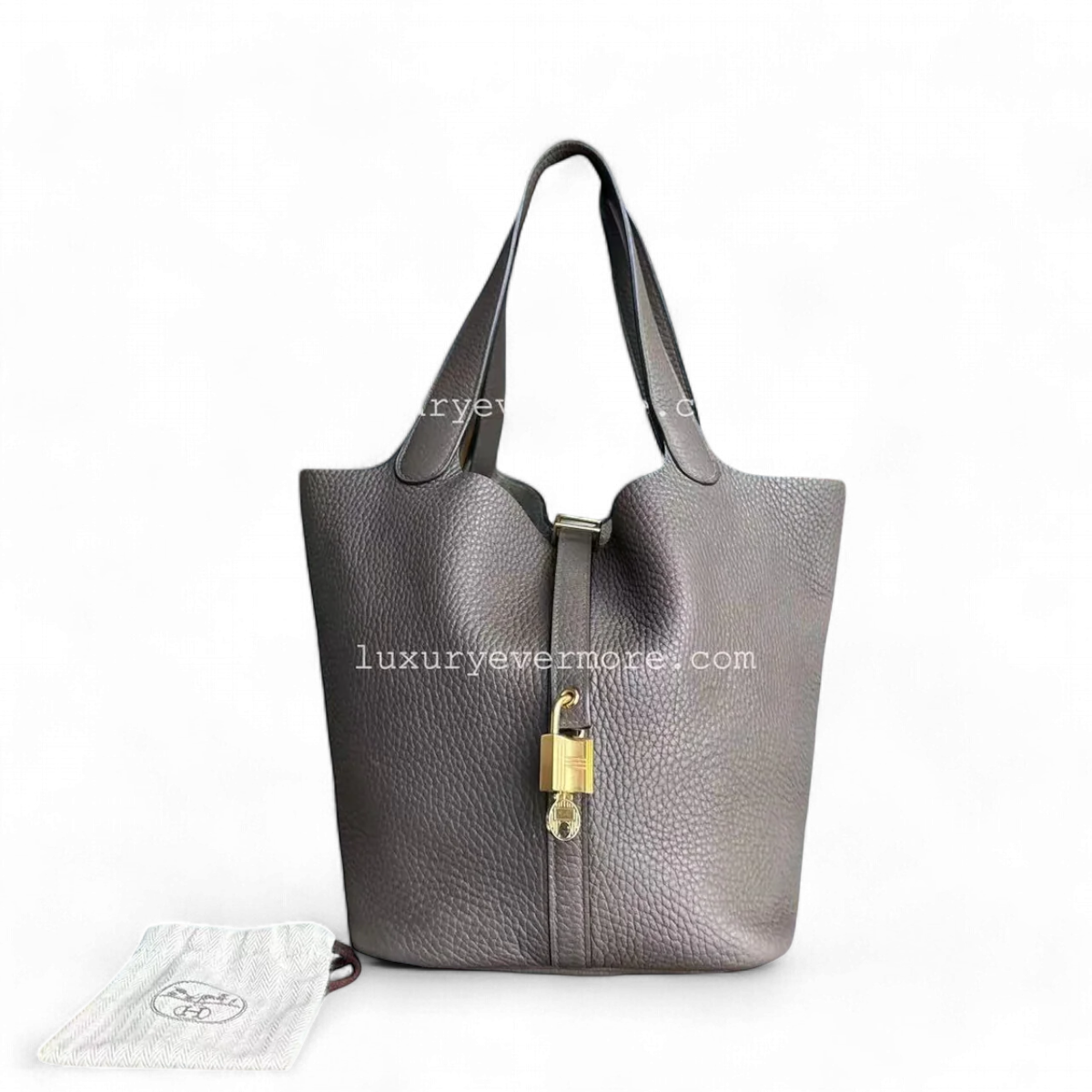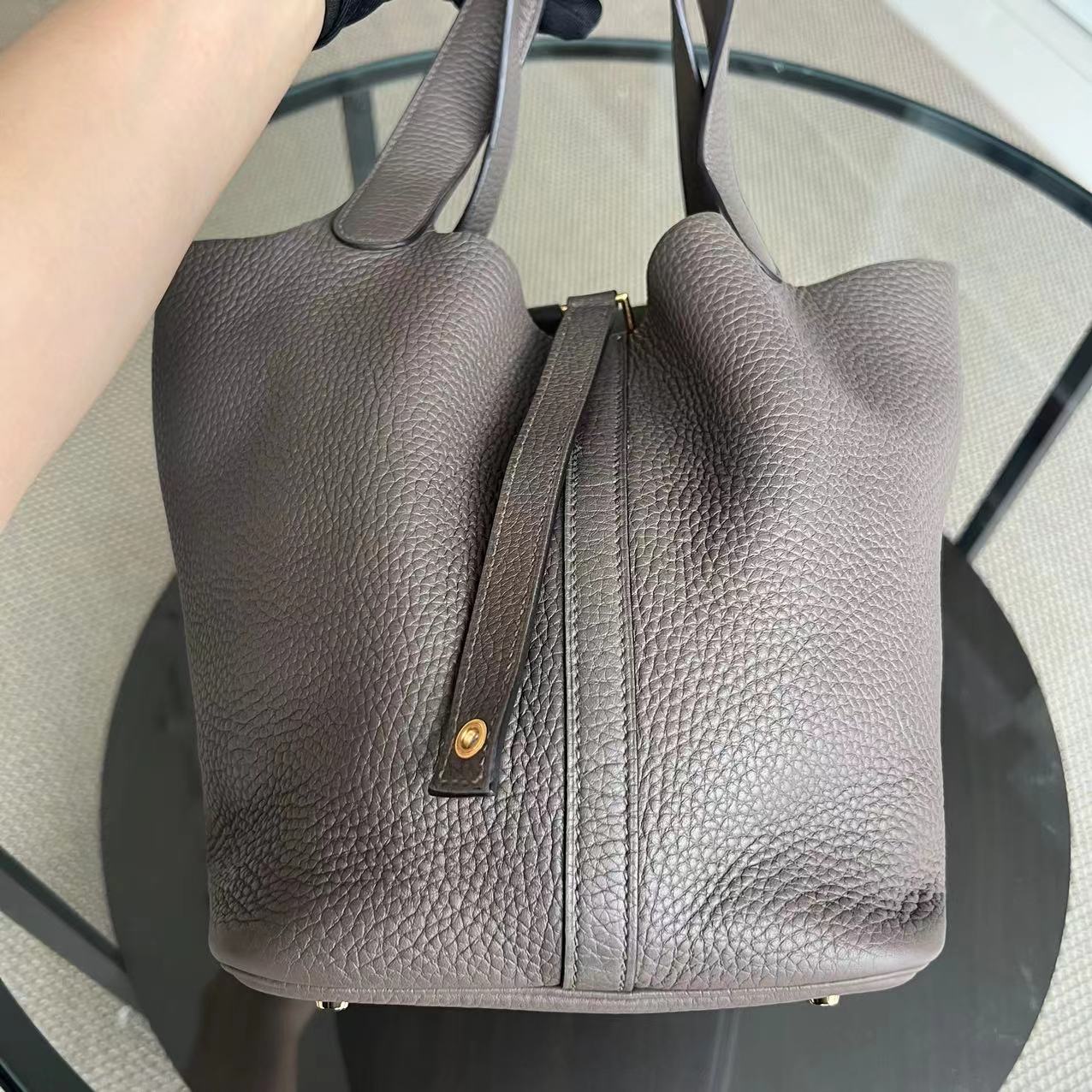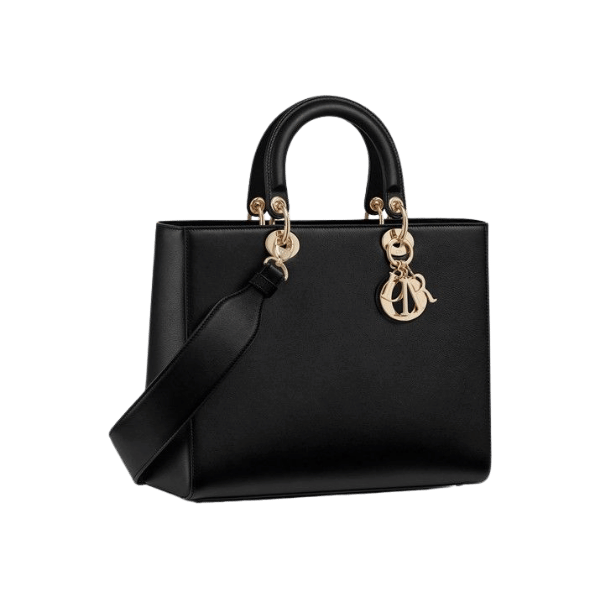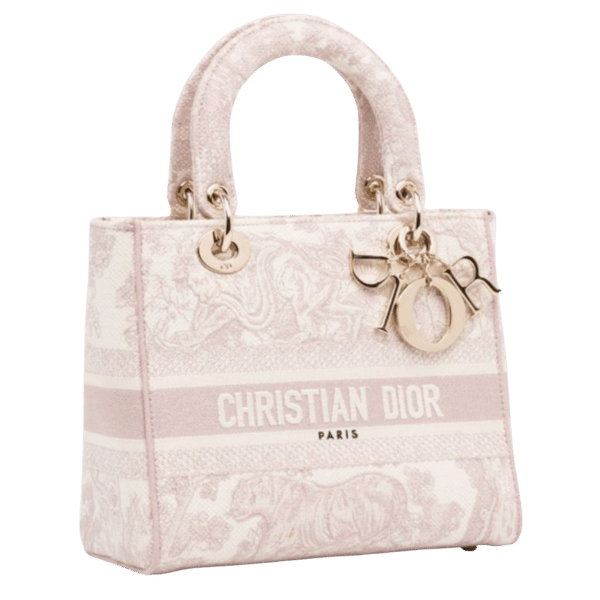Is Coach a Luxury Brand? Exploring the Identity of Coach as a Luxury Brand
Would talk about high-end fashion and definitely Louis Vuitton, Gucci, and Chanel are probably at the top of the talkbox pyramids. Nonetheless, the fashion house of Coach has also managed to embed itself under this topic for several years now; however, it is the genesis of a debate as to whether it is a luxury brand or not. Is Coach a luxury brand? Alternatively, is it best described as a fashion house in the premium segment but still elegantly reaching the masses? The article describes the brand, its origin, and history, the description of its goods, pricing policy, and people’s attitude towards it. By the end of the article, you will have a strong opinion regarding Coach’s position on the luxury motivational map and, most of all, what makes a brand be labeled as a ‘luxury’ brand.
Introduction to the Coach Brand

Coach, whose origin can be traced back to 1941 when it was just a family-run business in New York City, is now a known haberdasher worldwide with an exceptionally good skill for fashion that includes spades of time less than a decade. Where it started as a lower-end brand, it has always worked towards achieving the best quality leather and contemporary accessories. Coach as a brand uses high-quality fabrics and materials, as well as a high price; however, it is not as unapproachable as other luxury brands in order to put elegance on the surface of the consumer’s affordable luxury. Such a strategy precisely markets Coach into the ‘affordable luxury’ or ‘modern luxury’ sector, targeting particularly those who do not want to be immersed in the ‘real’ luxury.
Overview of Coach's Identity and Positioning
Coach positions itself as a high-quality, crafted, yet accessible brand. It aims to modernize and make practical the designs, which are, however, classics in nature, and therefore, demand from the masses. Also known as an “affordable luxury” brand, Coach is directed towards a style-conscious audience, where the quality is obtained at a cost that would not be considered a luxury one. In this intricate balance of the old with the new, the brand strives to maintain its competitiveness in the growing market by being nimble and upbeat. Coach also carries out this great differentiation among other brands within the luxury sector.
Target Audience and Market Demographics
Coach heavily influences middle to upper-middle incomes who fancy good workmanship well blended with modern design at an affordable cost. Therefore, the brand attracts mostly people between the ages of 20 and 45 years who are either young urban working professionals or fashion-hungry individuals looking for luxurious but not so costly brands. This is particularly due to the coach’s existence in many countries, especially North America, Asia, and Europe, where cities have an increased demand for high-quality fashion at affordable prices. The production caters to both males and females, relating to different segments, trends, and preferences.
Coach's Role in the Fashion Industry
Coach certainly plays a key role in fashion by bridging the gulf in status between luxury and accessibility. Known for its artistry and contemporary style, the brand claims to be top-ranking among affordable luxuries. As the course of consumer patronage changes, Coach stays abreast and offers everything versatile and contemporary yet laden with the appeal of eternal fashion. Operating globally and with a high standard of quality, the brand plays a vital part in setting premium fashion trends that band-aid across the masses.
History and Evolution of Coach

Origins of Coach: Founding and Early Years
It was in 1941, in New York City, that the Coach brand was first set up as a leather craft workshop by a family. At the time, it was known as Gail Leather Products, and the main business activity was making wallets and other small durable leather products, the technique of which would come from baseball glove construction: soft, durable, and to serve a function. This classic image, backed with exceptional quality and inspired design, was what Coach had achieved by the middle of the previous century. Bonnie Cashin was hired in the early 60s to bring new ideas that brought about the change, and this helped to update the style of the brand, thanks to the use of flashy colors, as well as functional elements like a Coach clasp that looked like a shoe lace knot.
Significant Milestones in Coach's Journey
- 1941: The Coach company came into being in a loft in Manhattan as a family-run business engaged in the production of fine leather products.
- 1950s: The designer tanned leather, which became synonymous with the brand, was in fact borrowed from the nature of the baseball gloves' tanned leather.
- 1961: To meet competition, designer Bonnie Cashin was hired, who transformed the whole brand with the inclusion of cutting-edge designs, striking colors, and practical elements such as the Coach toggle fastener.
- 1985: Coach became a subsidiary of Sara Lee Corporation, which allowed the company to grow and develop fresh ideas.
- 1996: Reed Krakoff was hired as the creative director of Coach. He gave the brand a facelift and caused the launch of designer clothes for the brand for the first time.
- 2000: The company went public and was listed on the New York Stock Exchange under the COH symbol. This was the beginning of fresh expansion and involvement of the shareholders.
- 2013: Began extending the product range towards a lifestyle brand by introducing a neutral category that comprised shoes, clothes, and accessories, and hence re-positioned the brand.
- 2017: Changed the corporate identity to Tapestry, Inc.- a luxury company with multiple brands, repositioning the business.
- 2021: Held the 80th anniversary of Coach, emphasizing its transformation and success as a very American brand.
Adapting to Market Demands Over the Years
Coach has a long history of aligning itself with the expectations of the market by vivid ideas and a clear focus on existing customers. The enterprise has accepted and internalized the fact that customers have changed since it managed to develop its assortment and introduce new collections targeting male consumers alongside eco-friendly products. Likewise, Coach has ensured a digital shift by adopting strategies to optimize its e-commerce as well as pertinent promotion on social networks. It is these efforts that have helped the firm to stay important and relevant in this changing high-end segment without compromising its identity.
Product Quality and Pricing Analysis

Craftsmanship and Materials Used
- Leather: Because of the exceptional leather used in their products, Coach is associated with the finest grades of leather, which include premium full-grain leather and painted pebble leather, too, that adds mass and class to the product.
- Canvas: Such products include an on-brand coated fabric that does not weigh much and is durable more often than not, with print designs as the ones that the brand specializes in.
- Hardware: Metal fittings, i.e., zippers, catches, and rivets, are manufactured from tough materials of non-corroding properties, e.g., brass and steel.
- Textiles: Some of the items having these properties have luxurious fabric integration, such as jacquard or a mixture of sustainable fibers, for multiple purposes due to the creative designs.
- Sustainable Materials: In addition to recycled plastics patents as well as eco-friendly leathers, many materials that reduce pollution are introduced by Coach in the form of new materials.
- Handcrafted Techniques: Each item is carefully produced by craftpeople using old techniques of hand sewing and forming them in a way that results in an improvement of their quality.
The brand 'Coach', therefore, has been able to control its market positioning by establishing a positive image of excellent quality and durability of its merchandise.
Justifying the Price Point of Coach Bags
The Coach case retail value can be explained in the following way:
- Quality Materials: High-quality, renewable, tough materials offer maximum use, which adds value to any product.
- Craftsmanship: Crafting of each Coach bag is done by skilled and experienced craftsmen using conventional methods towards promoting quality and aesthetics.
- Contemporary Fashion: Suitably functional designs within the Coach bag collections age well and do not go out of fashion, making the choice sensible.
- Established Brand Name: Since its presence in the fashion industry for quite some time, Coach has established prestige and credibility for its products.
In essence, such factors restrict Coach bags to expensive products that provide high-quality fashion and sturdy designs.
Luxury Leather Goods: A Closer Look at Coach's Offerings
Coach is a brand that gives a lot of attention to leather products, which are very elegant and also useful. The brand focuses on the use of the best materials, supervised in a way that the leather is durable, luxurious, and soft. Therefore, Coach sells and makes available handbags, wallets, and accessories, which are all crafted with precision in every aspect. Furthermore, work clothes like the manufacturer's forever classic and fashion-friendly items remain appropriate for different situations. Defensive of their tradition as well as entrepreneurial, Coach remains relevant in the luxury leather goods industry.
Comparison with Other Luxury Brands

Heritage and Brand Perception: How Coach Stands Out
Throughout its history, Coach has built a proud reputation based on over 80 years of quality craftsmanship of leather goods. The brand’s focus on the use of current trends available and preserving the traditional features of its customers enables the company to reach both existing and potential customers. Some luxury brands consider the provision of exclusivity within their products only, while Coach does not. Instead, it gives the consumers a taste of luxury at reasonable prices without gasping for the unattainable. This has further enhanced its image as an accommodating and inclusive luxury brand. Additionally, Coach ensures that its core style remains unchanged even as it seeks to meet the growing and changing needs of its consumers, a good hedge to still be fashionable in such an area.
Exclusivity and Market Positioning Against Competitors
Regulated Merchandise Sales
- Coach has controlled the supply of its merchandise to its customers to stimulate demand. This way, the brand ensures its customers enjoy shopping, but ensures only certain select department stores, branded stores, and online outlets are given the opportunity to supply the customers.
Low Cost Limited Prices
- In contrast to many luxury brands, Coach is marketed as a more affordable luxury brand. Its pricing has an objective to balance affordability against luxury, which helps to position the brand between.
Obsession with Quality
- Coach restricted its product line to high-quality and high-end materials. This helps in positioning the brand as premier while leaving a gap from others who do not focus on mass production.
Partnerships and Specials
- The Coach brand often launches new trendy collections and artistic collaborations on a limited quantity basis. Therefore, these special edition pieces are designed to cause a stir and offer a showcase of the brand's endless creativity.
A Broad-based Customer Base
- The company’s consumers are a wide range of customers who include the older middle market and the young, upcoming luxury market. This is a healthy stratification that promotes algebraic growth rather than dependence.
The Expansion of the Brand, History, And Its Rebranding
- The rich grants, the coach makes her retain the admirers of traditional bouquets and does not lose the contemporary audience; however, every new product is a bust, since it is blended with modernism. This particular approach distinguishes them from brands that have stiff or strict branding.
Green activities
- Coach integrates sustainability into its business practice, including upcycling and environmentally conscious material usage. Thus, the brand pulls from the psyche of those consumers who have grown more concerned in the recent past about the bundle of luxury goods.
Digital Innovation and Consumer Engagement
- From a digital perspective, the core advantages come from the teamwork of these areas: creative digital marketing, online experiences from the personal angle, and a strong social networking presence of Coach. Hence, this type of engagement fosters brand loyalty while expanding the global reach.
Customer Reviews and Brand Reputation
Craftship of Exceptional Quality
- Consumers often lauded Integral Details and the High Quality of the Coach brand, considering all of these to be indicators of the brand’s high quality of goods as these customers like to put it.
High Performance and Durability
- Several reviews also commend Coach products for their durability, showing they still perform and look good after a long period.
Superior Service for Customers
- People often mention Coach’s customer service in an extremely favorable context, each time adding an improved shopping experience.
Creative Look
- Customers are eager to dine with Coach because it ensures modern styles touch things that don’t go out of fashion and make attractive products adaptable to many tastes.
Green Concerns
- Critical mass with positive comments thanking the brand for striving to incorporate green measures into the business started to form, praising the steps taken by the brand.
Benefit-Costs
- Remaining in the luxury segment, some customers are under the impression that Coach provides great value by putting on the market stylish products of decent quality at an almost easy price.
Market Perception and Consumer Trends

Insights on Accessible Luxury and Consumer Demand
Achetable luxury is still very much in style and continues to rise in popularity as people want sweet, well-crafted stuff but do not want to spend too much on it. This is how brands like Coach get a win, because they find the sweet spot between ‘elite’ and ‘economy’ that allows for ‘elite’ quantities to be sold to the aspiring and middle-class masses. Words like sustainability and ethics, unfortunately, are no longer merely buzzwords: they affect one's buying behaviours, especially as is more and more the case, people want to buy from firms that give back. As many also seek more distinct styles, customization, and creativity of products, product demand also continually rises. Clients of affordable luxury, such as these, predict these awakened needs in today's customers.
The Rise of Sustainable Products in Luxury Fashion
In response to rising consumer demand and expectations, Coach has taken action by incorporating sustainability into its corporate strategy. The brand rolled out (Re)Loved, its latest reworking program, with the main motive being to reduce waste via upcycling and redesigning worn-out items. Furthermore, Coach has incorporated the use of eco-friendly fibres such as certified organic cotton and recycled leather in its products. Apart from the physical products of the brand, the latter has also developed strong plans to decrease the carbon emissions as well as enhance the traceability of its internal processes. All these bring Coach in line with the changing times, where the consumer values not only luxury but also appears to be ethical.
Expert Opinions on Coach's Luxury Status
As an authority on the subject matter, I maintain the opinion that Coach remains a luxury brand as it abides by the tradition of craftsmanship, history, and the changing perspectives of consumers. This strategy of emphasis on craftsmanship, creativity, and environmental responsibility keeps the brand active in the luxury industry. Rather, Coach skillfully applies the same alluring and classic paradigm to meet the expectations of today’s luxury buyers.
Is Coach Considered a Luxury Brand?

Final Thoughts on Coach's Status in the Fashion World
Coach is considered a luxury brand mainly because of its quality of materials used, superior craftsmanship, and historical perception of the fashion industry. Luxury industry is highly competitive hence such urging need of modernity a coach has managed to preserve its vision which makes the brand strong in its current position. In incorporating diverse designs as well as ‘green’ practices, Coach remains interesting to the modern man who looks for how appropriate a brand is and makes sense of its history in fashion.
Takeaways for Consumers Considering Coach
- Quality Commitment: The use of high-end Coach materials and impeccable workmanship assures the users of the products' long use for care.
- Ancestry in Fashion: Coach makes use of their seasoned services and reputation built over the years as they are established in the fashion sector.
- Modernity and Tradition: The presence of classic elements within the brand and the embrace of current developments help the brand reach its target audience.
- Ecological Projects: Coach uses environmentally friendly methods in their business, which avoids the destruction of the environment.
- Function and Design: Coach, a brand that produces classical, stylish, and functional designs in its products, helps us to use them every day, as well as on special occasions.
- Reliable Fashion Brand: Although competitive luxury markets have many brands, Coach remains a reliable international fashion name.
Frequently Asked Questions (FAQs)
Q: Is Coach a designer label for luxury?
A: Often considered a luxury brand, it is usually thought of with leather bags and accessories of the finest quality. Not quite on the level of Chanel or Hermes, yet a luxury brand that many consumers look up to for a little splash of high fashion.
Q: What are the goods offered by Coach?
A: Coach carries a full lineup of goods ranging from handbags to shoulder bags to crossbody bags, and to accessories. Usually emblazoned with the well-known horse and carriage logo, the collections speak for the stylistic execution and the highest quality of the brand.
Q: How does Coach stand compared with two other fashion labels, Michael Kors and Kate Spade?
A: While the three brands are all placed under accessible luxury, Coach is considered more from the classical traditional side of this upper echelon in the handbag space. Each of them has its own style, but Coach is the classic style with which it expresses the very best in leather goods.
Q: Are Coach handbags considered staples in many wardrobes?
A: They have been perhaps considered a staple in many closets ever since their inception. Most fashionable consumers have come to love its timeless design and excellence in making.
Q: How do we consider affordable luxury in relation to Coach?
A: Affordable luxury consists of brands that sell hand-wrought, stylish pieces in leather goods to the ordinary person at a price lower than what a conventional luxury brand commands. Under this description, Coach is indeed an aspirational lifestyle brand, producing well-designed leather items for a large audience.
Q: How has Coach altered the landscape of luxury?
A: Coach transformed the luxury market by embracing the concept of making products accessible through diversification of its product range; luxury leather goods became a lot more affordable. Being able to expand into styles and price points suited to wider tastes meant that it could draw in a far greater number of consumers.
Q: What about the quality of a luxury brand like Coach?
A: The usual things considered for any luxury brand are quality. Craftsmanship and materials are of utmost importance. Also called an exotic handbag, Coach bags are made mainly from rich leather and should always withstand weathering to be a true luxury handbag.
Q: What is it that sets Coach apart from other private-label handbags?
A: For Coach, it really was style and quality combined with price. Some luxury fashion houses never managed to sustain their own accessible price levels, whereas Coach has, over the years, carved out a strong position for itself as an accessible luxury brand.
Q: How does the consumer rate Coach's status as a luxury brand?
A: Scores of consumers agree that Coach has developed a really good medico-legal reputation as a luxury brand. The quality of the merchandise and stylish designs lend to its status as a brand in fashion, and make it a well-loved option for luxury shoes and leather goods at prices deemed more approachable.
Reference Sources
1. ESSEC Knowledge: Coach: How One Brand is Navigating the Affordable Luxury
- Following this theme, we examined how the Coach has become an ‘affordable luxury’ product through a historical lens of their development.
2. ESSEC Faculty Research: Coach: to be or not to be luxury?
- An in-depth context of Coach’s beginnings, the natural extension of such an enterprise, and the highly acclaimed manufacture of leather products.
3. Bellevue University Case Study: Overexposure of a Luxury Brand: Coach Inc.'s Distribution and Image Problem
- This issue discusses challenges encountered by Coach to sustain a luxury brand status over the years.
4. Southern Illinois University Research: Standing out from the affordable luxury brands: Can Coach?
- Examines the business activities of Coach as it moves towards becoming a fashion house and the designs offered by the company.
5. Leather
6. Handbag
7. Bag
8. Chanel Singapore | Authentic Secondhand Bags from Luxury Evermore
Contact Luxury Evermore should you need help with acquiring or building up your collection. There is a variety of brands with different styles, as well as sizes, and colors, for example, Hermes, Chanel, lv and Dior. If you are not lucky enough to find the bag you are looking for on our website then our concierge team will probably be able to order it for you. We provide 100% authenticity guarantee for all our bags, and any item sold on this site will be dispatched to you within one to two business days upon receipt of the payment.
